Boris Johnson
description: Prime Minister of the United Kingdom from 2019 to 2022
282 results
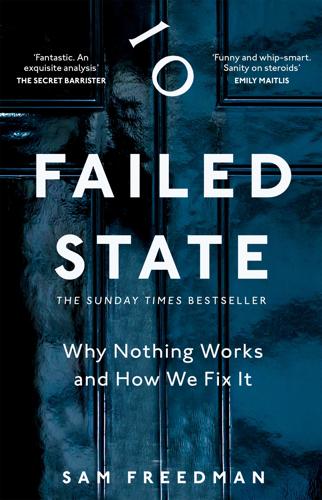
Failed State: The Sunday Times Bestselling Investigation Into Why Britain Is Struggling
by Sam Freedman · 10 Jul 2024 · 368pp · 101,133 words
to focus on the problems of our times and the triumphs of the past.4 When we look around us at the detritus of the Boris Johnson and Liz Truss premierships, an economy that has been stagnant for over fifteen years, failing public services, record levels of child poverty, overcrowded prisons,
…
populist backlash. The Labour version argues responsibility lies with reckless Tory austerity, compounded by the self-inflicted injury of Brexit and the breathtaking incompetence of Boris Johnson and Liz Truss. The far left think all the mainstream parties are to blame for their embrace of neoliberal economics; the radical right that we
…
in the Cabinet Office, while she was campaigning for her Brexit deal around the country. Dominic Cummings had plans to do the same permanently, but Boris Johnson refused to countenance moving. None of these plans have stuck due to a curious mix of nostalgia, convention and inertia. The small group of
…
or David Miliband and Andrew Adonis running the Policy Unit. You can tell how much this frustrates prime ministers as they keep bringing Barber back – Boris Johnson asked him to review overall government delivery, and Rishi Sunak the delivery of skills reform.23 Reviews of the centre of government typically revert back
…
the original team was largely replaced and May’s focus was on survival in the face of opposition to her Brexit deal from all sides. Boris Johnson, following the 2019 election, had the majority May wanted and a deal with the EU, but none of the attributes required to do the
…
too big. There is a longstanding debate among political scientists as to whether Britain has drifted into a presidential system. This was exemplified by Boris Johnson and his supporters claiming it was undemocratic for Tory MPs to remove him as prime minister because he had a personal mandate. But we’ve
…
by insisting that further devolution, and funding, was dependent on agreeing to elected mayors. He had London in mind, where Labour dominated central London but Boris Johnson had managed to win, and hold, the mayoralty through his appeal to the more Conservative suburbs. As Harrison told me: ‘There was a lot of
…
designed not to achieve any real-world goal, but to give the impression of activity. Both of the Immigration Acts passed by the governments of Boris Johnson and Rishi Sunak fall into this category and yet had immensely serious potential consequences that consumed a vast amount of parliamentary and government effort. The
…
focus groups is ‘they’re all in it for themselves’ – the 2009 expenses scandal supercharged a sense that MPs were all venal and corrupt. Neither Boris Johnson’s escapades, nor the succession of by-elections caused by inappropriate behaviour, have done anything to dispel this impression. Yet, in reality, most MPs work
…
a ‘wider payroll’ vote. Cameron created ‘big society ambassadors’; Theresa May added ‘trade envoys’ to various countries which also offered the promise of exotic junkets; Boris Johnson threw in multiple ‘vice-chairs’ of the Conservative party. This trick doesn’t always work. The former Tory MP Charlotte Leslie told me about the
…
to avoid scrutiny altogether. Which represents a fundamental system failure for the British state. Avoiding scrutiny The most extreme example of this new approach was Boris Johnson’s attempt to prorogue Parliament in 2019, to avoid MPs undermining his Brexit strategy. Prorogations are normally an uncontroversial means to end a session of
…
was not substantially different in intent from all the other ways that governments have tried to reduce the ability of MPs to scrutinize their actions. Boris Johnson and his senior adviser, Dominic Cummings, neither of whom had the slightest interest in the spirit of the rules, were just so aggressively blatant
…
Commission was introduced in 2000 to vet new peers, in a very light-touch way, but even then, the prime minister can overrule them. Boris Johnson did so in 2021 when he appointed Peter Cruddas, a major Tory donor. Cruddas had been forced to resign as party treasurer in 2012 over
…
instruments laid under this Act were used for the next two years to regulate every aspect of our lives. The first arrived three days after Boris Johnson announced the initial lockdown. Things were so chaotic that no one had started writing them yet when he made the speech, and they became
…
debased the Lords, filling it with partisan cheerleaders. And it has used delegated powers to make massive changes to our lives without even consulting MPs. Boris Johnson tried to shut Parliament down altogether and was only foiled by the courts. Successive governments have made it clear they consider Parliament an unhelpful nuisance
…
three High Court judges as ‘enemies of the people’ on their front page. The second case, in 2019, saw Supreme Court judges rule unanimously that Boris Johnson’s attempt to prorogue Parliament was unconstitutional (Miller 2). During the pandemic, as government again did their best to sideline Parliament, there were a series
…
to buy protective equipment (PPE) for the NHS to be unlawful.4 And judges ruled that the government had to hand over documents, including Boris Johnson’s notebooks and diaries, to the Covid Inquiry.5 In 2023, the Supreme Court blocked the government’s plan to deport asylum seekers to Rwanda
…
of judicial review, which he called the ‘judicialisation of politics’ in a speech while still in the role, and incorrectly advised the cabinet that Boris Johnson’s prorogation of Parliament was constitutional.49 He was still not pliant enough for Johnson, who didn’t consider him enough of a ‘team player
…
to limit judges’ discretion in overturning government decisions but these were, again, defeated in the Lords and watered down.59 This was not enough for Boris Johnson, who fired Buckland while ratcheting up the rhetoric against ‘liberal lawyers’ and ‘do-gooders’ trying to stop his plans to deport immigrants to Rwanda.
…
like. When Stowell stood down in 2021, the government failed to appoint anyone for a year, and then chose Martin Thomas, a friend of Boris Johnson, who had to resign four days later after it was revealed multiple complaints had been made against him by women while he was chair of
…
a series of racists and anti-Semites also spoke.75 Perhaps the biggest fiasco was over the chairmanship of Ofcom, which became vacant in 2020. Boris Johnson made it clear that he wanted Paul Dacre, the long-term editor of the Daily Mail, supporter of Johnson, and serial critic of the
…
chair of the BBC had to resign after it emerged that during his appointment process he had helped to arrange a large personal loan for Boris Johnson.78 Meanwhile, another BBC board member, Robbie Gibb, a former director of communications for Theresa May, has been accused of trying to interfere with
…
people, making unreasonable and repeated demands – behaviour that created fear and that needed some bravery to call out.’8 A review by Sir Alex Allan, Boris Johnson’s independent adviser on standards, found that allegations of bullying were correct and Patel had broken the ministerial code.9 Johnson chose not to sack
…
HR, could greatly improve quality of management.’11 That was written in 2013 but his views had hardened even more by the time he was Boris Johnson’s chief adviser. A few weeks after the 2019 election victory, he wrote a notorious blogpost asking for people to write to him directly
…
and see through change when there are usually more pressing political challenges. As Jonathan Slater, the permanent secretary at the Department for Education fired by Boris Johnson, succinctly put it: ‘If you just leave it to ministers, you’re never going to really get any change or you’re very unlikely
…
quasi-ministerial role, interjecting themselves between ministers and officials, in the style of Ed Balls. The most extreme example is Cummings himself, when he was Boris Johnson’s chief adviser in No. 10. For instance, in their biography of Johnson, Anthony Seldon and Raymond Newell record that during the attempt to prorogue
…
Government’s views was the key criterion and that capability . . . and performance were not’.36 While Truss went further than anyone else, before or since, Boris Johnson had ‘moved on’ multiple permanent secretaries, with twelve being replaced in 2020 alone. Cummings was a key figure in determining these changes, even though SPADs
…
. Historically they were heavily guided in that choice by the outgoing cabinet secretary. But in recent years that process has broken down. In 2020 Boris Johnson forced Sedwill out of the post and after a convoluted and messy process ended up choosing Case, who had never run a department before, and
…
in a genuinely politicized senior civil service like America’s. Simon Case’s WhatsApp messages released during the Covid Inquiry indicate his deep unhappiness with Boris Johnson and Dominic Cummings. In a lengthy exchange with Sedwill just before the latter quit Case wrote, ‘I’ve never seen a bunch of people
…
was him who came up with the term ‘random announcement generator’ as a way of describing the Grid in the Cameron era. When he became Boris Johnson’s senior adviser in Downing Street he largely ignored the Grid. But it was still there, sucking the life out of departments, and spewing
…
to its lack of effectiveness. Cameron passed legislation to force the government to spend 0.7 per cent of GDP on overseas aid but when Boris Johnson chose to drop that commitment in 2021, he just used a large loophole in the initial Act to do so. In 2010 the chancellor
…
profile (Gauke was widely attacked in the Tory press), they are rarely in post long enough to see any reform through. Gauke left government when Boris Johnson became prime minister, and his successors scrapped the reform, reverting back to endless press releases and legislation about being tough on sentencing, despite an unsustainable
…
and ITV’s Paul Brand, spend months uncovering the Partygate scandal, with a succession of revelations that built into the storm that eventually finished off Boris Johnson. As Waugh says, this hunting for exclusives ‘is the lifeblood of what we do in the sense that you want to be not just first
…
the competition.’12 As a mentality, this is important, if what you are doing is covering political stories like the Blair/Brown disagreements or a Boris Johnson scandal. These things really matter. But when political correspondents are asked to cover complex and long-running policy stories it is much less helpful. For
…
of touch . . . But it was highly influential on policy development, because the prime minister had a kind of oedipal relationship with The Daily Telegraph.’14 Boris Johnson made his name as a Telegraph journalist, reporting, with wild inaccuracy, on the EU. More recently he had been a highly paid columnist for the
…
home scheme will always be loathed by the Left – and loved by voters’ ‘I saw how Margaret Thatcher flashed her steel against the unions. Now Boris Johnson must show his mettle, writes former Tory minister’ ‘Why there was only one Iron Lady, by Henry Kissinger’ ‘Rishi Sunak should follow Margaret Thatcher
…
that individuals don’t matter too. Having sharper, more thoughtful, emotionally intelligent people, with integrity, in high office will always makes things better. Conversely having Boris Johnson and Liz Truss in charge will always make things worse. But individuals are highly constrained and incentivized by the system they are working within. Even
…
Guardian, 20 January 2022, https://www.theguardian.com/politics/2022/jan/20/ministers-attempting-blackmail-colleagues-who-might-oppose-pm-alleges-tory-mp-william-wragg-boris-johnson 24 Ibid. 25 Public Administration Select Committee, ‘Too Many Ministers?’, 11 March 2010, https://publications.parliament.uk/pa/cm200910/cmselect/cmpubadm/457/457.pdf
…
Owen Bowcott, ‘Gina Miller to continue “fight for democracy” after prorogation ruling’, The Guardian, 6 September 2019, https://www.theguardian.com/politics/2019/sep/06/boris-johnson-prorogation-of-parliament-is-lawful-high-court-rules 34 Meg Russell and Lisa James, The Parliamentary Battle over Brexit (OUP, 2023), p. 112. 35 Ibid
…
, volume 94, issue 1, January/March 2023, pp. 16–25, https://onlinelibrary.wiley.com/doi/abs/10.1111/1467-923X.13233 41 Nicola Slawson, ‘Boris Johnson faces legal action over peerage for billionaire Tory donor’, The Guardian, 12 June 2021, https://www.theguardian.com/politics/2021/jun/12
…
/boris-johnson-faces-legal-action-over-peerage-for-billionaire-tory-donor-peter-cruddas 42 Ross Kaniuk, ‘Queen “asked to block Lebedev’s peerage over security fears”’,
…
webflow.io/our-plan 14 James Tapsfield, ‘Ministers “could use legislation to strike out judicial rulings they don’t like” under reforms being pushed by Boris Johnson’, Daily Mail, 6 December 2021, https://www.dailymail.co.uk/news/article-10279363/Ministers-use-legislation-strike-judicial-rulings-dont-like.html 15 Judicial Independence
…
“Liberal lawyers” will make Rwanda plan difficult but “we will get it done”’, The Independent, 4 May 2022, https://www.independent.co.uk/news/uk/boris-johnson-rwanda-priti-patel-north-yorkshire-downing-street-b2071595.html 61 Faulks Committee, p. 131. 62 Malleson, p. 149. 63 Matthew Gill and Grant Dalton, ‘Reforming
…
Alan Rusbridger, ‘Was there an attempt to “fix” who became head of Ofcom?’, Prospect Magazine, 17 November 2023, https://www.prospectmagazine.co.uk/politics/63982/boris-johnson-nadine-dorries-ofcom 80 John Kingman, ‘5 Years of UKRI’, transcript of speech given on 14 July 2021, https://www.thebritishacademy.ac.uk/documents/3372
…
15 Daisy Stephens, ‘PM refers to Telegraph as his “real boss”, Dominic Cummings claims’, LBC News, 20 July 2021, https://www.lbc.co.uk/news/boris-johnson-refers-telegraph-real-boss-dominic-cummings-claims/ 16 Vanessa Thorpe, ‘“He wants to shape wider culture”: Why Paul Marshall is turning from GB News to
…
Thatchers-Right-Buy-home-scheme-hated-Left-writes-DANIEL-JOHNSON.html; David Mellor, ‘I saw how Margaret Thatcher flashed her steel against the unions. Now Boris Johnson must show his mettle’, Daily Mail, 22 June 2022, https://www.dailymail.co.uk/debate/article-10943479/DAVID-MELLOR-saw-Margaret-Thatcher-flashed-steel-against
…
who threatened to car-bomb female Labour MPs jailed’, The Independent, 18 June 2020, https://www.independent.co.uk/news/uk/home-news/rakeem-malik-boris-johnson-jess-phillips-car-bomb-labour-a9573946.html 33 Isabel Hardman, Why We Get the Wrong Politicians (Atlantic Books, 2019), p. 165. 34 Ibid. 35
…
org.uk/sites/default/files/publications/whatsapp-in-government.pdf 37 Esther Webber, ‘The perils of Boris Johnson’s government by WhatsApp’, 18 June 2021, Politico.eu, https://www.politico.eu/article/dominic-cummings-screenshots-reveal-boris-johnson-government-by-whatsapp/ 38 UK Covid-19 Inquiry, ‘Transcript of Module 2 Public Hearing on
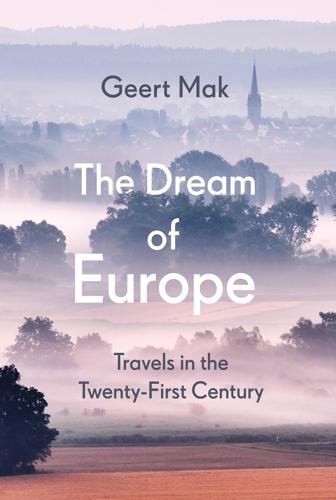
The Dream of Europe: Travels in the Twenty-First Century
by Geert Mak · 27 Oct 2021 · 722pp · 223,701 words
-politics’ women, Ada Colau and Manuela Carmena, came from a standing start to win mayoral elections in Barcelona and Madrid. In Britain the chaotic Conservative Boris Johnson, with his knapsacks, his jokes and his flapping haircut, confounded expectations by winning the 2008 mayoral election in that Labour bastion, London. Yanis Varoufakis stole
…
wavered, with many of his voters eventually opting for the Brexit camp. One important factor was an apparent U-turn by the charismatic London mayor Boris Johnson. It was only once he had joined that the Brexit campaign gained real momentum. Johnson was a theatre show in his own right. According to
…
’. ‘The world is becoming a huge mess,’ he said. ‘Very, very dangerous.’ The class-ridden character of the campaign made it typically English. Important Brexiteers, Boris Johnson first among them, were products of the English elite, man for man. Eton, Oxbridge: they seemed determined to comply with every single one of the
…
preconceived notions about them. At Oxford, Boris Johnson – along with David Cameron and his later rival Jeremy Hunt – had been a member of the infamous Bullingdon Club, a student society founded more than
…
1.5 billion messages. Truth and lies – about that threatening ‘wave’ of Turkish immigrants, for example – were artfully combined. All that mattered was the effect. Boris Johnson described with relish how ‘Eurobureacrats’ had now implemented a ban on much-loved prawn cocktail crisps. Everyone could see it was nonsense, since they were
…
more profound even than that between different religions, with a full 87 per cent of British people identifying as Remainers or Leavers. Families were split. Boris Johnson’s father and sister, for example, were active Remainers. In the Brexit novel Middle England by Jonathan Coe, Brexit crops up as an important factor
…
Alice in Alice in Wonderland they had fallen ‘through a rabbit hole’. Nigel Farage was jubilant, although he too could barely believe what was happening. Boris Johnson, half awake, started writing a new speech – he had only a text for defeat. When his former university friend David Cameron appeared in the doorway
…
: its own internal cohesion. No exceptions could be made where that was concerned. But in May’s view, Rogers was too pessimistic, a fatalist. Brexiteers Boris Johnson and David Davis – neither of whom had any diplomatic experience – were now put in charge of the negotiations. Johnson set the tone immediately by likening
…
for British politicians and diplomats to do, as time went on, other than panic. Most Britons still seemed unaware of the situation they were in. Boris Johnson and the other advocates of Brexit continued to insist they could retain access to the European single market, and Brexit would therefore bring only benefits
…
, so it was not a particularly clever tactical move, for example, to dismiss EU citizens in Britain as ‘queue jumpers’ or, as David Davis and Boris Johnson proposed, to threaten to scrap all financial arrangements with the EU if they didn’t get their way. Relentless British goading kept the rest of
…
here, with a weak prime minister and a totally confused Labour Party.’ ‘Perhaps Labour will change tack and there’ll be a second referendum.’ ‘But Boris Johnson has called his Brexiteers to arms, he’s talking about a “historic victory” that they mustn’t throw away.’ ‘Not a clue how this goes
…
stays put, undecided, and glares at me when I finally push him outside.’ In June 2019, Theresa May at last resigned. The new prime minister, Boris Johnson, came to power after a party leadership election in which only members of the Conservative Party were allowed to participate: largely provincial, white, older Britons
…
2019, Brexit, which sometimes looked rather like a polite coup d’état, was once again supported by British voters. In a general election called by Boris Johnson, the Conservative Party – using the simple slogan ‘Get Brexit done!’ – won such a comfortable majority in the House of Commons that his regime was guaranteed
…
had a counterproductive effect, in that unity between EU member states became stronger than ever. Tensions rose to such a height that in mid-October Boris Johnson declared that the British must prepare themselves for a ‘no-deal’ scenario. The powerful part played by populist sentiments was clear from the fact that
…
national crisis committee, COBRA, chaired by the prime minister. It held crisis meetings in London almost weekly from 24 January onwards, although with little result. Boris Johnson himself was nowhere to be seen until early March. ‘There’s no way you’re at war if your PM isn’t there,’ a senior
…
and eight days respectively.) It had thirteen coronavirus patients on 26 February. On Monday 2 March, five weeks after the crisis committee’s initial meeting, Boris Johnson chaired COBRA for the first time. He now started talking valiantly of a ‘full battle plan’. The main advice to the public was to wash
…
swept aside, state support for private companies is no longer taboo, and in place of ‘more Europe’ there is now an opportunity for ‘less Europe’. Boris Johnson has abandoned his conservative principles; some British railway companies have been nationalized again, temporarily at least. The notoriously frugal Dutch government has scattered billions like
…
, and Erik Vlaminck, Uit woede en onbegrip: Een pamflet over de schande van de armoede, Antwerp, Uitgeverij Vrijdag, 2019. Gimson, Andrew, Boris: The Rise of Boris Johnson, London, Simon and Schuster, 2006. Gross, Neil, ‘Are Americans Experiencing Collective Trauma?’, New York Times, 16 December 2016. Gruyter, Caroline de, ‘Misschien is het maar
…
Books, 15 August 2019. ‘Post-Brexit Racism’, Institute of Race Relations, 7 July 2016. Purnell, Sonia, ‘Boris Johnson Is about to Inherit a Crisis His Euro-Bashing Helped Spawn’, The Guardian, 15 July 2019. Quatremer, Jean, ‘Boris Johnson Is the Epitome of What’s Worst about the English Ruling Class’, The Guardian, 16 July
…
, What Happened, New York, Simon and Schuster, 2017. Danner, Mark, ‘The Magic of Donald Trump’, New York Review of Books, 26 May 2016. Davies, William, ‘Boris Johnson, Donald Trump and the Rise of Radical Incompetence’, New York Times, 13 July 2018. ‘Bagehot – Britain’s Decline and Fall: The Country Has Not Cut
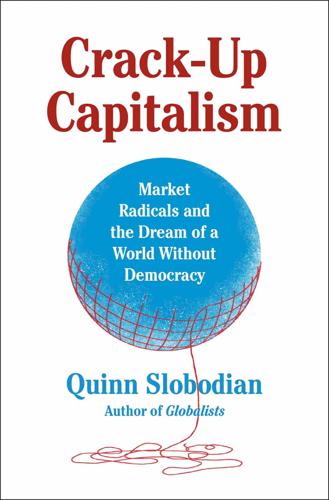
Crack-Up Capitalism: Market Radicals and the Dream of a World Without Democracy
by Quinn Slobodian · 4 Apr 2023 · 360pp · 107,124 words
prime examples of capitalism without democracy—became the landlords of what was described as her “legacy,” Canary Wharf.89 The year Thatcher died, London mayor Boris Johnson traveled to Beijing to ink a deal with Chinese developers to build what he billed as “a third financial district in the capital” in the
…
are expelled.98 After soldiers returned from the trenches of the First World War, early social housing projects were called Homes for Heroes. In 2013, Boris Johnson called the superrich “Tax Heroes” and suggested the top ten richest should be given an automatic knighthood.99 If the zone was a dagger aimed
…
public wealth. The limits of the state’s power can be seen in the Canary Wharf of the 2020s, where new shards have stalled and Boris Johnson has watched his super-prime real estate knights ride away. The Royal Docks project, which had been one of the key triumphs of his mayoralty
…
, the Singapore Solution was less like an instantaneous bet on a stock than a decades-long process of grinding material into a new shape. In Boris Johnson’s first speech as prime minister, he announced what the press dubbed “Singapore-style freeports” across the country.81 The idea was to cordon off
…
Kong: Enrich, 2011), 51. 96. Christophers, The New Enclosure, 310. 97. Atkinson, Parker, and Burrows, “Elite Formation,” 193. 98. Atkinson, Parker, and Burrows, 194. 99. Boris Johnson, “We Should Be Humbly Thanking the Super-Rich, Not Bashing Them,” Daily Telegraph (UK), November 18, 2013, Westlaw. 100. Samuel Stein, Capital City: Gentrification and
…
, 2019, https://www.lrb.co.uk/the-paper/v41/n15/james-meek/the-two-jacobs. 81. Boris Johnson, “Boris Johnson’s First Speech as Prime Minister,” Gov.uk, July 24, 2019, https://www.gov.uk/government/speeches/boris-johnsons-first-speech-as-prime-minister-24-july-2019; and Arj Singh, “Liz Truss Plan for Singapore-Style
…
International (Jebel Ali Free Zone Authority International) Japan Jardine Matheson Jebel Ali Free Zone Jeddah Islamic Port Jerome John II, Prince John Randolph Club Johnson, Boris Johnson, Paul “joint fantasy” joint stock corporations Joseph, Keith Jurong, Singapore justice, privatization of Kaczynski, Theodore Kai Tak Airport Kansas Kaohsiung, Taiwan KBR Kendall, Frances Kenya

A Short History of British Architecture: From Stonehenge to the Shard
by Simon Jenkins · 7 Nov 2024 · 364pp · 94,801 words
residences, with facades by Frank Gehry and Norman Foster. Thoroughfares were named after Malaysian cities in the hope of attracting overseas money. London’s mayor Boris Johnson even travelled to Kuala Lumpur to help sell the flats. The use of London buildings so blatantly as depositories for foreign cash bordered on the
…
their shame by giving towers joke names – Cheese grater, Scalpel, Can of Ham, Gherkin – but the Bishopsgate tower defied even that disguise. Livingstone’s successor, Boris Johnson, had been against the towers when in opposition – ‘I want no Dubai-on-Thames,’ he pledged. Yet in office he was bitten by the same
…
foreign money, this time from Qatar. The opening in 2013 was attended by massed ranks of Qatari royalty. Britain was represented by Prince Andrew and Boris Johnson. The latter compared it to St Paul’s Cathedral and Big Ben. The Shard was by far the most prominent tower I could see from
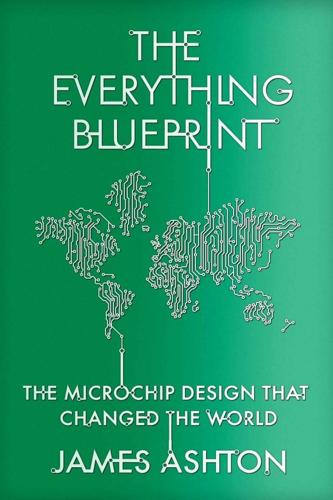
The Everything Blueprint: The Microchip Design That Changed the World
by James Ashton · 11 May 2023 · 401pp · 113,586 words
the devastating impact the deal would have on the company’s business model, plus jobs fears. But in an open letter to the prime minister, Boris Johnson, Hauser set out that his biggest worry was over national economic sovereignty. Invoking President Trump’s battle with China for technological dominance, Hauser warned that
…
’s flagship FTSE 100, featuring the largest 100 publicly listed stocks that qualified. There was another dimension to the charm offensive, which the prime minister Boris Johnson joined by writing a letter to SoftBank executives that extolled the capital’s virtues. Sir Alex Younger, the former head of the British secret service
…
most suitable.3 What set back the UK campaign even further was the political crisis that came to a head on 7 July 2022 when Boris Johnson resigned after losing the confidence of his party following a string of scandals. Grimstone and fellow ministers departed too, so the conversation with Arm ground
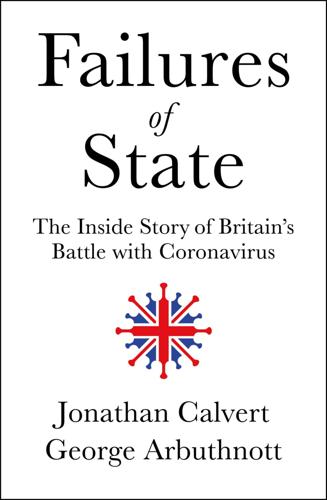
Failures of State: The Inside Story of Britain's Battle With Coronavirus
by Jonathan Calvert and George Arbuthnott · 18 Mar 2021 · 432pp · 143,491 words
things you’ve read’; the broadcaster Piers Morgan called it straightforwardly ‘a scandal’; and the writer Caitlin Moran said it read like ‘the obituary of Boris Johnson’s government’. The Press Gazette said the article was ‘the first major national press investigation to cast serious doubt over the government’s handling of
…
of the virus and its conclusions suggested it was comparable to the 1918 Spanish flu pandemic, which killed between 17 and 100 million people. Unusually, Boris Johnson had been absent from the first Cobra meeting. The committee – which includes ministers, intelligence chiefs and military generals – gathers at moments of great peril such
…
not the Cobra one. In the morning, he had also found the time to tweet a jokey video of himself answering questions, such as ‘Is Boris Johnson for or against Brexit?’ to promote the fact that Britain would be officially leaving the European Union in two days’ time. He once again left
…
to our article in order to downplay his warnings. He then makes a reference to a televised address by the prime minister on 10 May. ‘Boris Johnson spoke to the nation,’ Horton writes. ‘He said of Covid-19, “We didn’t fully understand its effects.” His plaintive excuse will likely become the
…
crisis or even to visit the affected areas. Jeremy Corbyn, the Labour leader, said: ‘In refusing to visit flood-hit communities, nowhere-to-be-seen Boris Johnson is showing his true colours by his absence.’ He went on: ‘Failing to convene Cobra to support flood-hit communities sends a very clear message
…
thing. We’ve lost the plot here. We haven’t taken the action that we should have taken four or five weeks ago,’ he said. ‘Boris Johnson should have convened Cobra at the outset when it became clear what was cooking up. Countries that took firm action at the time – if you
…
caught the virus himself. He rang Conte to tell him that he had just tested positive. ‘And he told me that he had spoken with Boris Johnson,’ recalls Sileri, ‘and that they had also talked about the situation in Italy. I remember he said, “He [Johnson] told me that he wants herd
…
fever. But this isn’t a normal influenza. It’s something more.” I remember that after hanging up I said to myself, “Today, I hope Boris Johnson goes for a lockdown.”’11 It was also claimed that Hancock discussed herd immunity with Italy’s representative during a conference call between the G7
…
Cameron or Theresa May they knew what was going on. They’re on top of the briefs,’ the source said. ‘The impression I got was Boris Johnson was winging it a bit. He hadn’t seen the data. He wasn’t fully aware of the number of cases or what was happening
…
Jean Quatremer, the European affairs correspondent of the French newspaper Libération. This is Quatremer’s account: ‘Macron loses his temper on Friday morning. He calls Boris Johnson. “Look here. Our police have been instructed to close the border with the United Kingdom. Friday evening at midnight. Everything is ready to go unless
…
day the prime minister himself was admitted to hospital. Vivien says the contrast in care the two men received could not have been more stark. ‘Boris Johnson came out with this whole thing about them holding his hand 24/7. But that’s not what I saw. I just felt really angry
…
team’. His fiancée, Symonds, tweeted a celebratory painting of a rainbow with two lines of clapping emojis. There was relief everywhere. ‘Great News: Prime Minister Boris Johnson has just been moved out of Intensive Care. Get well Boris!!!’ tweeted the US president Donald Trump. Downing Street said the prime minister was in
…
now big-business Conservative donors are impatient to reverse a shutdown so contrary to Brexiteer dreams,’ Fionnuala O’Connor wrote in the Irish News newspaper. ‘Boris Johnson needs all his showman’s tricks now to sell the phasing out of a lockdown which was less than effective, at least in part, because
…
the meeting meant that discretion was vital. When the experts dialled in to the Zoom call at 6 p.m. the next day they found Boris Johnson and Rishi Sunak at the end of the long mahogany cabinet room table in Downing Street. The presence of the chancellor with no sign of
…
to do for it to work. They don’t do that … It’s been wishful thinking all the way through. I think that probably characterises Boris Johnson, frankly.’ The split between No. 10 and its chief medical and scientific advisers had never been more apparent. At 11 a.m. the next morning
…
the delays before the second lockdown. Doctors were reporting that bed capacity was running dangerously low and protective equipment was still often in short supply. ‘Boris Johnson had not learned from his mistakes in the first wave at all,’ he said. ‘He was clearly ignoring the scientific advice given to him in
…
FINAL RECKONING 3 December 2020 to January 2021 15 Plague Island A modern version of Charles Dickens’s famous story, A Christmas Carol, might depict Boris Johnson on the night of Thursday 24 December 2020 in his nightshirt tossing and turning in a four-poster bed. There would have been champagne that
…
: Did the government get it wrong?’, Dispatches, Channel 4, 3 June 2020. 5: Holiday 1. The Andrew Marr Show, BBC One, 12 April 2020. 2. ‘Boris Johnson and his “chino chancellor”’, Politico, 13 February 2020. 3. ‘Dominic Cummings said to be “writing budget” for Sajid Javid’, The Sunday Times, 19 January 2020
…
. 4. ‘Why I broke with Boris Johnson’, New Statesman, 10 June 2020. 5. ‘“He’s a better ex than he was a husband”, says Boris Johnson’s ex-wife’, Evening Standard, 29 May 2012. 6. ‘The Boris I know: A loner who wants
…
be loved’, Mail on Sunday, 27 March 2016. 7. ‘Bonking Boris’, Sun, 7 September 2018. 8. ‘Boris Johnson: Police called to loud altercation at potential PM’s home’, Guardian, 21 June 2019. 9. ‘Charlotte Edwardes on Boris Johnson’s wandering hands’, The Sunday Times, 29 September 2019. 10. ‘Hospitals prepare for coronavirus epidemic to
…
February 2020. 11. ‘The prime minister’s vanishing briefs’, The Sunday Times, 23 February 2020. 12. ‘Where the floody hell is Boris? Angry residents blast Boris Johnson for refusing to visit flooded communities ravaged by Storm Dennis’, Sun, 18 February 2020. 13. ‘Boris and Jennifer Arcuri: Case not closed’, The Critic, 30
…
deaths’, Guardian, 6 March 2020. 2. ‘Coronavirus: Did the government get it wrong?’, Dispatches, Channel 4, 3 June 2020. 3. Ibid. 8: Herd Immunity 1. ‘Boris Johnson heckled during visit to flood-hit Bewdley’, The Times, 8 March 2020. 2. ‘Coronavirus: Did the government get it wrong?’, Dispatches, Channel 4, 3 June
…
game’, Financial Times, 16 July 2020. 3. ‘Coronavirus: Did the government get it wrong?’, Dispatches, Channel 4, 3 June 2020. 4. ‘How the future PM, Boris Johnson, and NHS boss, Simon Stevens, formed an unlikely bond at Oxford’, Telegraph, 7 August 2019. 5. ‘Coronavirus: Did the government get it wrong?’, Dispatches, Channel
…
4, 3 June 2020. 6. Ibid. 7. Ibid. 8. Ibid. 10: Disaster 1. ‘Coronavirus crisis: Sickness, fear and now isolation for Boris Johnson’, The Sunday Times, 29 March 2020. 2. ‘NHS staff feel like “cannon fodder” over lack of coronavirus protection’, Guardian, 22 March 2020. 3. ‘“No surprise
…
” Boris Johnson got coronavirus when he failed to “practise what he preached”, scientists say’, Evening Standard, 28 March 2020. 4. ‘Coronavirus: Doctors “told not to discuss PPE
…
, 15 May 2020. 5. ‘Coronavirus: NHS nurses told “lives would be made hell”’, BBC News, 21 July 2020. 11: Left to Die at Home 1. ‘Boris Johnson and coronavirus: the inside story of his illness’, Guardian, 17 April 2020. 2. ‘Hospital says baby of nurse who died from Covid-19 doing well
…
risk a second major outbreak’, BMJ, 5 June 2020. 8. ‘Coronavirus lockdown: Now it’s the economy, stupid’, The Sunday Times, 7 June 2020. 9. ‘Boris Johnson is tied up in knots over the coronavirus’, The Sunday Times, 14 June 2020. 10. ‘Coronavirus: Government accused of ignoring experts as top advisers absent
…
from press briefings’, Independent, 15 June 2020. 11. ‘Coronavirus: WHO warns against further lifting of lockdown in England’, Guardian, 15 June 2020. 12. ‘Boris Johnson is tied up in knots over the coronavirus’, The Sunday Times, 14 June 2020. 13. ‘Starmer overtakes Johnson as preferred choice for prime minister’, Guardian
…
Summer 1. ‘“Raise a glass”: UK Treasury faces backlash after hailing pubs reopening’, Guardian, 2 July 2020. 2. ‘Coronavirus: Boris Johnson criticised over “cowardly” care home comments’, BBC News, 7 July 2020. 3. ‘Boris Johnson indicates at PMQs he has not read winter coronavirus report’, Guardian, 15 July 2020. 4. ‘Saving lives or UK
…
first meeting of the national emergency committee Cobra, which was held to coordinate Britain’s response to the virus. (© BEN STANSALL/AFP via Getty Images) Boris Johnson and fiancée Carrie Symonds at Twickenham for the England v Wales rugby match on 7 March 2020. The prime minister was pictured shaking hands with
…
from Sage after the Telegraph reported he had breached lockdown rules with a lover. (© Richard Pohle/The Times/News Licensing) ‘You must stay at home.’ Boris Johnson addresses the nation from 10 Downing Street as he announced the first UK lockdown on 23 March 2020. (© PA Video/PA Archive/PA Images/Alamy
…
, Ben 316–17 Brexit 4, 5, 10, 76, 78, 81, 87, 90, 91, 101, 115–16, 138, 148, 153, 172, 230, 261, 383, 391, 397; Boris Johnson/UK government fixation with and appreciation of danger posed by Covid-19 4, 5, 6, 8, 15–16, 56–7, 64–5, 71–5, 76
…
, 213 Cameron, David 66, 77–8, 88, 155, 199, 200–1, 213 care homes/sector 7, 10, 105, 203, 214, 269, 280–4, 366, 384; Boris Johnson lays blame for crisis in on workers 332–3; death toll within 238–9, 263–4, 267, 284, 290; government advice to in early days
…
, 99, 102, 106, 107, 124, 126, 127, 147, 148–9, 152, 153, 154, 174, 190, 196, 199–200, 212–13, 214, 220, 285, 286, 384; Boris Johnson fails to attend first five meetings of during Covid crisis 8, 55–6, 58, 59, 61, 62, 64, 70, 71, 75–80, 102, 106, 107
…
app 50 Crabtree, David 281, 282, 283 Cummings, Dominic 72, 106, 111–14, 120, 126, 138, 139, 140, 153, 171, 195–6, 208, 209–10; Boris Johnson, breakdown of relationship with 363; Covid infection 234–5, 277–8; flouts lockdown rules 234–6, 277–8, 311–16; lockdown measures, becomes believer in
…
76, 110, 113 Hancock, Matt 55, 61–2, 65–6, 198–9, 249; background 65–7; big claims, propensity for making 141, 198, 238–9; Boris Johnson Covid infection and 256; Brexit and 68–9; care homes and 280; Christmas restrictions and 388; circuit breaker lockdown and 353, 368; Cobra committee and
…
concept and 201–2; Christmas and New Year restrictions (2020–21) 356, 385–95, 404; curfews 362–3, 369; dither and delay over, UK government/Boris Johnson 4–5, 9–10, 152–7, 160–1, 167–220, 218, 223, 224, 260, 261, 263, 287, 296–310, 319–21, 323, 325–7, 333
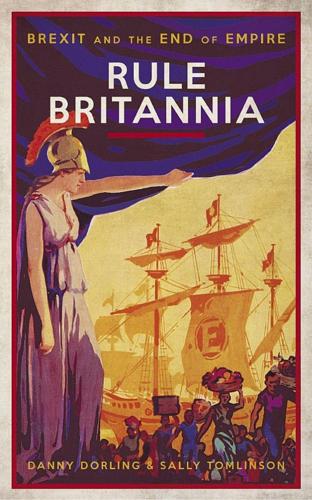
Rule Britannia: Brexit and the End of Empire
by Danny Dorling and Sally Tomlinson · 15 Jan 2019 · 502pp · 128,126 words
good idea to appoint Foreign Secretaries whose judgement is so lacking that they quote from a racist poet while at a sacred Buddhist shrine, as Boris Johnson did. The past couple of years have revealed that it is essential to more fully understand Britain’s imperial past if we are to understand
…
’ class or region mattered less to the overall result than the personalities of those who led the campaigns. Within two weeks of the Leave win, Boris Johnson, Michael Gove and Nigel Farage had all given up their immediate UK political leadership ambitions or had been forced to by others. The repercussions of
…
telling us that ‘outside the EU, the world is our oyster, and the Commonwealth the pearl within’. UKIP was starry-eyed about the old empire. Boris Johnson began to fall off his bike with enthusiasm for world trade outside the EU. He was countered by David Cameron’s argument about 40 per
…
had to be educated away from Oxbridge. THE PRIDE OF THE ELITE Oxbridge, and especially Oxford, played a key role in Brexit. Leading Brexiteer MPs Boris Johnson (Balliol), Jacob Rees-Mogg (Trinity) and Michael Gove (Lady Margaret Hall) were educated there. Dominic Cummings, ‘brain of Brexit’, went to one of the university
…
at least the germs of his ideas, still seemed to be held by leading Brexiteers in the debate about the future of Britain. Michael Gove, Boris Johnson and Dominic Cummings, in particular, mention or allude to their pet theories about IQ and the inheritance of ability, and genetic potential. They and so
…
fools. A hundred years after the comment about second-grade intelligence was made by Professor Sadler, the then Mayor of London (more recently Foreign Secretary) Boris Johnson declared that ‘as many as 16 per cent of our species have an IQ below 85, while about 2 per cent have an IQ above
…
average of 100 for each generation. And if you want a challenge, try explaining that to the man who was until recently British Foreign Secretary, Boris Johnson, who is in danger of going to his grave never fully understanding how IQ tests work and what their purpose was.41 THE BRITISH AND
…
.com/world/1999/jan/25/gender.uk2 20 Sadler, M. (1916) ‘Need we imitate the German system?’, The Times, 14 January. 21 Ashton, E. (2013) ‘Boris Johnson: Thickos Are Born to Toil’, The Sun, 28 November. 22 Dorling, D. (2014) ‘G is for Genes’, International Journal of Epidemiology, Vol. 44, No. 1
…
Creation of Inequality: Myths of Potential and Ability’, op. cit. 41 Dorling, D. (2013) ‘Rising cornflakes – or Boris Johnson’s faux pas’, New Internationalist blog, 2 December, https://newint.org/blog/2013/12/02/boris-johnson-elite 42 Eyres, H. and Myerson, G. (2018) Johnson’s Brexit Dictionary: Or an A to Z of
…
It may not be such a good idea for British politicians to show off their knowledge of Kipling’s poetry, as the British Foreign Secretary, Boris Johnson, started to do in 2017 on an official visit to the Shwedagon Pagoda, the most sacred Buddhist temple in Myanmar. Fortunately, the British Ambassador quickly
…
with every year that passed and ever less productive economically – in comparison with other European nations. SO MUCH CHANGES IN A CENTURY, AND SO LITTLE Boris Johnson arrived in Oxford in the autumn of 1983, having earlier attended Eton. David Cameron arrived, also from Eton, two years later. Britain does have a
…
, convinced that he would win the vote to Remain, didn’t think of the consequences when he decided to hold a referendum, and nor did Boris Johnson when he campaigned to leave. Both had been brought up with that over-confident imperialist mindset. Neither Cameron nor Johnson had much idea of what
…
also good at producing royals and politicians who say unfortunate things about ‘slanty-eyed foreigners’, ‘piccaninnies’ and Africans with ‘watermelon smiles’, as Prince Philip and Boris Johnson have managed to do between them. People who say such things can be found everywhere, but rarely in quite such elevated positions as they are
…
British Ambassador had to tell the British Foreign Secretary to shut up when he started quoting Kipling in that temple in Myanmar. Was it because Boris Johnson didn’t understand just how offensive it was for him to recite a poem that mocked reverence to a statue of the Buddha, and reminisced
…
British imperialist values? For Kipling, ‘East of Suez’ was where you could find relief from both the English weather and English morality (hence the girls). Boris Johnson’s imperialist stunt is unfortunately indicative of a wider issue. Almost two centuries ago, sometime around 1805, the artist James Gillray drew a cartoon of
…
May suggested adding another two years before actually leaving, thereby prolonging the uncertainty and lack of clarity on trade deals. In mid-December 2017, both Boris Johnson and his fellow Old Etonian Jacob Rees-Mogg described a transition period as the UK becoming a vassal state of the European Union. They probably
…
forced upon them, and the EU is not threatening to invade, which is what the subjects of a vassal state would fear. In September 2017, Boris Johnson wrote an article suggesting that, after leaving the EU, the UK ‘will be able to get on and do free trade deals … not least with
…
– how unimportant a trade partner it really is compared to the inflated propaganda about its imagined greatness. When you see Theresa May looking broken and Boris Johnson appearing to play the fool, you are seeing how Britain looks to the rest of the world. WHERE REALITY LEAVES BRITAIN So where does this
…
leave Boris Johnson, the other Brexiteers, the Prime Minister and the future of UK trade deals? Since the EU takes 44 per cent of UK exports, as compared
…
://www.prospectmagazine.co.uk/magazine/how-i-learnt-to-loathe-england 53 British Library Board, Source: ‘745.a.6, opposite 56’ 54 Hope, C. (2017) ‘Boris Johnson’s 10-point plan for a successful Brexit’, Daily Telegraph, 15 September, http://www.telegraph.co.uk/news/2017/09/15
…
/boris-johnsons-10-point-plan-successful-brexit/ 55 Hayward, E. (2018) ‘Here’s the truth about Brexit, the “punishment” some people claim the EU wants to inflict
…
vote’, The Observer, 10 June, https://www.theguardian.com/politics/2018/jun/09/stop-boris-theresa-may-mps-backing-crucial-votes-brexit 57 BBC (2018) ‘Boris Johnson challenged over Brexit business “expletive”’, BBC News, 26 June, https://www.bbc.co.uk/news/uk-politics-44618154 58 BBC (2018) ‘Johnny Mercer questions whether
…
group, the Institute for Free Trade, founded by Brexiteer and MEP Daniel Hannan, opened in September 2017 with a reception in the Foreign Office where Boris Johnson made those unfortunate remarks about Libya, which distracted journalists from asking these leading Brexiteers why they were so obsessed with free trade. Another lobby for
…
a sense of effortless superiority. It is wrong to stereotype but, thinking of the individuals from Eton whom you have heard about (David Cameron and Boris Johnson especially), how appropriate are the following adjectives: hard-working, knowledgeable, honest, modest, compassionate? Why go into politics when you are so wealthy that you hardly
…
to Mrs Hammond almost two years ago’. When questioned about the property, he asked the reporter, ‘What has it got to do with you?’19 Boris Johnson [21], Foreign Secretary until July 2018, had (among so much else) ‘fathered a child after a brief adulterous affair (not for the first time)’20
…
and use their judgement’.32 He became a candidate in the 2016 Conservative Party leadership contest at the very last minute, scuppering the chances of Boris Johnson, whom he had previously supported. This was described in the Daily Telegraph as ‘the most spectacular political assassination in a generation’. In June 2018, when
…
the Sunday Times reported it by the end of 2017.58 The Brexit War Cabinet by late 2017 included Theresa May, David Davis, Liam Fox, Boris Johnson, Philip Hammond, Jeremy Hunt, Michael Gove and the new Defence Secretary Gavin Williamson. By December 2017, Brexiteers formed a majority on the body deciding Britain
…
public school, current fees £38,000 a year, where he was head boy. He went to Magdalen College, Oxford, studying PPE alongside contemporaries Cameron and Boris Johnson. Hunt was keen to privatise areas of the NHS, inevitably allowing a few people to make a financial killing out of the health service. He
…
extraordinarily wealthy; he ‘invested’ well.69 A COTERIE OF SHAME Many politicians are appalling, a self-interested coterie of shame. Chief among these must be Boris Johnson, whose career is breathtakingly shameless. Cultivating a humorous shambolic personality, Alexander Boris de Pfeffel Johnson was born in New York and educated at Ashdown preparatory
…
ancient and modern history at Exeter College, Oxford, in 1994. He then spent three years in post-Communist Russia. In common with Enoch Powell and Boris Johnson, he has a penchant for quoting Greek and Roman writers and generals, his favourite being Thucydides, Athenian historian and general. He did this liberally in
…
director of NotoAV. He was regarded as a clever political strategist and, in 2015, became chief executive of Vote Leave. He claims to have recruited Boris Johnson and Michael Gove into the campaign. Matthew is also a senior fellow at the Legatum Institute. This, as noted earlier in this book, is a
…
with Suez and Iraq but half the cabinet and most of the parliamentary party don’t even believe in the ends. I seriously doubt whether Boris Johnson does. A terrified, paralysed prime minister leads a seasick party and doubting government towards she knows not what. Wickedness may not always lie in the
…
politicians in charge of Brexit as including: Liam Fox, a man who looks like he could finish a steak while looking at footage from Hiroshima; Boris Johnson, who for the first time finds himself in a cabinet without it involving someone saying: ‘Quick! My husband’s home early!’; and David Davis, Sid
…
’s secret lovechild and a victory for the public’s right to know’, Daily Mail, 21 May, http://www.dailymail.co.uk/news/article-2328067/Boris-Johnsons-secret-lovechild-daughter-Stephanie-victory-publics-right-know.html 21 Unite the Union (2014) ‘Government links to private healthcare’, 28 November, https://web.archive.org
…
-millions-mogg/ 70 Bildt’s tweet of 13 July 2016 is to be found here: https://twitter.com/carlbildt/status/753303826971713536 71 Simons, N. (2017) ‘Boris Johnson Apologises And Admits He Was “Wrong” To Claim Nazanin Zaghari Ratcliffe Was Training Journalists In Iran’, Huffington Post, 13 November, http://www.huffingtonpost.co.uk
…
/entry/boris-johnson-apologises-and-admits-he-was-wrong-to-claim-nazanin-zaghari-ratcliffe-was-training-journalists-iniran_uk_5a09bc2ce4b0b17ffcdf0ec0 72 Travis, A. (2018) ‘Theresa May cabinet process
…
useful things that the new Environment Secretary Michael Gove could mention occasionally, as he prepared himself for his second leadership bid. Unlike David Davis and Boris Johnson, Environment Secretary Michael Gove did not resign on 8 or 9 July 2018 after the Chequers fiasco, when everything was supposedly agreed within Cabinet – and
…
and borders. Most of the British government and many of their supporters knew that. There were, however, a few in the Conservative Party such as Boris Johnson, Andrea Leadsom and Liam Fox, who all stood for the Tory leadership in 2016, who in the run-up to that Christmas were portraying themselves
…
, because of such poor thinking, it appeared at that time that such a thing could happen. Later, a day after he resigned as Foreign Secretary, Boris Johnson commented on Theresa May’s chosen path (the ‘Chequers plan’, as it was called in July 2018) that, if it were followed, ‘we are truly
…
remain. It would lessen the blow to Britain’s economic and education systems. In late 2017, there was even speculation that it was possible that Boris Johnson wanted a soft Brexit, but wanted to be able in the future to claim (falsely) that it would have been so much better if there
…
Bank of England, Mark Carney, was saying it was near 2 per cent of all national income, or £900 less a year for every household. Boris Johnson vehemently disagreed, saying it was ‘absolutely not the case’37 but offering no evidence as to why it was not. Instead, he pointed out on
…
Greenland. Brussels, 19 March 2015, https://ec.europa.eu/europeaid/sites/devco/files/signed-joint-declaration-eu-greenland-denmark_en.pdf 25 Buchan, L. (2018) ‘Boris Johnson warns “Brexit dream is dying” in scathing resignation letter’, The Independent, 9 July, https://www.independent.co.uk/news/uk/politics
…
/boris-johnson-letter-resignation-latest-theresa-may-brexit-statement-a8439346.html 26 Osborne, S. (2017) ‘Nigel Farage refuses to give up EU pension: “Why should my family
…
Mark Carney right about Brexit?’, Daily Telegraph, 22 May, https://www.telegraph.co.uk/business/2018/05/22/mark-carney-right-brexit/ 38 BBC (2018) ‘Boris Johnson says he “probably needs” a private plane’, BBC News, 23 May, http://www.bbc.co.uk/news/uk-politics-44221524 39 Cockburn. P. (2018) ‘Brexiteers
…
like Boris Johnson must realise that past British successes were based on creating alliances, not breaking them up’, The Independent, 21 July, https://www.independent.co.uk/voices
…
/boris-johnson-brexit-churchill-ww1-napoleon-british-history-a8456916.html 40 YouGov (2018) ‘Voting Intention: Conservatives 42 per cent, Labour 39 per cent (11–12 June)’, https://
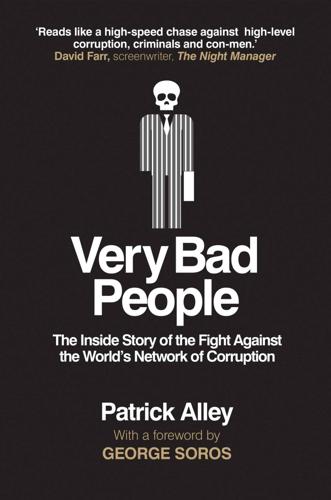
Very Bad People: The Inside Story of the Fight Against the World’s Network of Corruption
by Patrick Alley · 17 Mar 2022 · 384pp · 121,574 words
the minister or to No. 10. We got Conservatives in the House of Lords to write to No. 10.’ Together we succeeded in holding the Boris Johnson government to Cameron’s original pledge. But then another curveball came in the form of Covid-19, which completely subsumed parliamentary business. We hope that
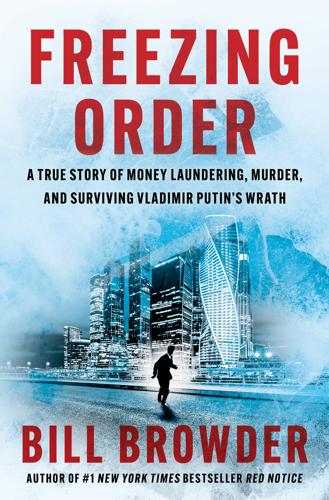
Freezing Order: A True Story of Money Laundering, Murder, and Surviving Vladimir Putin's Wrath
by Bill Browder · 11 Apr 2022 · 335pp · 100,154 words
necessary. I snatched up the charge sheet along with my phones. I had 178 missed calls. There was a message from the British foreign secretary, Boris Johnson, asking me to call as soon as possible. Every news outlet—ABC, Sky News, the BBC, CNN, Time, the Washington Post—all of them wanted
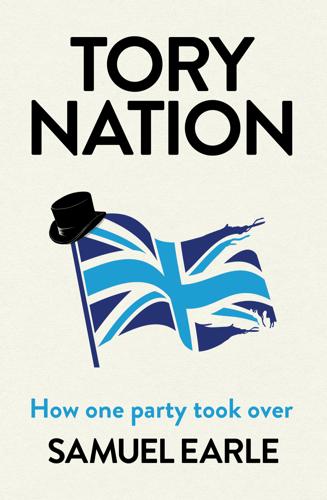
Tory Nation: The Dark Legacy of the World's Most Successful Political Party
by Samuel Earle · 3 May 2023 · 245pp · 88,158 words
have dedicated their lives to keeping the world safe for capitalism.’ Arundhati Roy, 2014 INTRODUCTION On 13 December 2019, Britain’s newly elected prime minister Boris Johnson welcomed ‘a new dawn’. The Conservative Party had secured its largest parliamentary majority since 1987. Almost fifty new seats had swung the Conservatives’ way, including
…
, all kinds of compromises can be made. But the moment a leader is regarded as a dud, their time is up, with no love lost. Boris Johnson and Liz Truss – whose fates were sealed, respectively, by the Tories’ double defeat in the by-elections on 23 June 2022 and then a steep
…
faction, either when they are still leader or later down the line. Robert Peel, Benjamin Disraeli, Stanley Baldwin, Winston Churchill, Margaret Thatcher, David Cameron and Boris Johnson all suffered this fate. Perhaps there is nothing more Conservative than being accused of betraying Conservatism. It is also telling that the one figure in
…
has particular appeal to a band of politicians who rarely have much ‘common’ about them, a phantom thread that ties the likes of Rishi Sunak, Boris Johnson and David Cameron to the ‘common man’. The concept’s faux-humility and anti-intellectualism – implying that Conservatives share the views of ordinary folk without
…
such that a reasonable military man could in good faith have thought it his constitutional duty to intervene.’16 The late Roger Scruton – described by Boris Johnson as ‘the greatest modern conservative thinker’ – was surely correct when he wrote that ‘no conservative is likely to think democracy an essential axiom of his
…
1981. Resisting the redistribution of wealth is one of the few constants of the Conservative creed, the common thread that runs from Edmund Burke to Boris Johnson, and onwards to Liz Truss (who began – or perhaps ended – her prime ministership with a defence of bankers’ bonuses) and Rishi Sunak. Even their acceptance
…
those who believe in the prime socialist dogma, and those who see in such a development the grim nightmare of the totalitarian state’. In 2019, Boris Johnson was still attacking Labour along the same lines.26 ‘They pretend that their hatred is directed only at certain billionaires – and they point their fingers
…
old governing class has resumed the reins. Since 2005, two of the last four Conservative leaders have been Old Etonians – first David Cameron and then Boris Johnson. Both are distant relatives of the royal family. Cameron’s extended family tree includes dukes, viscounts, and old Tory grandees – Ferdinand Mount is one of
…
Eton to Oxford before going on to edit the Spectator (1984–90), the Sunday Telegraph (1992–5) and the Daily Telegraph (1995–2003). He employed Boris Johnson as a journalist and, courtesy of his star columnist’s ascent to prime minister, received a peerage in 2020. Moore is both a throwback figure
…
and feel like a great country again: strong, brave and independent; sovereign, victorious and unconquerable. ‘We have become infantilised, incapable of imagining an independent future,’ Boris Johnson declared. ‘We used to run the biggest empire the world has ever seen, and with a much smaller domestic population and a relatively tiny civil
…
‘We Tories look at him – with his pint and cigar and sense of humour – and we instinctively recognise someone who is fundamentally indistinguishable from us.’ Boris Johnson, on Nigel Farage, in 2013 In the history of the Nasty Party, one moment stands out above all: a racist speech delivered by then Conservative
…
first female home secretary from an ethnic minority, in Priti Patel; the first black foreign secretary, in James Cleverly. Come the election campaign to replace Boris Johnson in the summer of 2022, six of the eleven initial candidates weren’t white – a remarkable display of diversity that no other major party in
…
after launching, the Brexit Party won the European elections, sinking the Tories into a humiliating fifth place; May’s resignation followed the next day. Soon Boris Johnson, boasting Farage’s support, had replaced her, advocating a toughened approach to EU negotiations. In the December 2019 election, the Conservatives then made a pact
…
wealthy proprietors and the Tories, newspaper editors and leading writers are often close friends (or more) with Conservative MPs; or future party advisers; or, like Boris Johnson, future politicians themselves. As prime minister, Johnson’s close team was filled with former journalists and their kin: Michael Gove, often his most trusted minister
…
included neo-fascist conspiracy websites, the story was swiftly removed from the Sun’s website without comment.25 Meanwhile, the Daily Telegraph happily splashed a Boris Johnson column on its front page, claiming that Corbyn’s Labour ‘point their finger at [wealthy] individuals with a relish and a vindictiveness not seen since
…
believe in the press’s power, then it will continue to wield undue influence over British politics. This belief shows no sign of waning. As Boris Johnson put it many years ago, in a rare moment of introspection: ‘We politicians can be sometimes so consumed with vanity that our very existence, our
…
can rely on the leaders of that regime to act solely in the interests of self-preservation, and not in the interests of the electorate.’ Boris Johnson, writing in the Daily Telegraph, 2011 ‘Do-dooo-do-do.’ – David Cameron, humming to himself after announcing his resignation, 2016 ‘Look what you made me
…
Labour, and a rare alliance between business leaders and the trade unions. On the other side, the Leave campaign was spearheaded by the likes of Boris Johnson, Michael Gove and Nigel Farage, boosted by the Tory Press, influential libertarian think-tanks and various big hedge funds and donors. Remain was the favourite
…
holding the referendum would threaten his leadership, since it would galvanise the Brexit wing of his Conservative Party. ‘The only person this will help is Boris Johnson, who is clearly after my job,’ he reportedly told a colleague in the build-up. But the speed of Cameron’s resignation surprised everyone, not
…
able to deliver Brexit.’ Farage had ousted one Conservative leader – and he knew who he wanted as the next one. * * * It is sometimes said that Boris Johnson defies ‘the usual rules of political gravity’. In fact, Johnson embodies the closest thing British politics has to a law of gravity: an alumnus of
…
resignation. ‘Don’t worry,’ she told her shell-shocked Downing Street staff. ‘I’m relieved its over… at least I’ve been Prime Minister.’45 * * * Boris Johnson was watching all this unfold from the Dominican Republic on a family holiday. He saw his opportunity and flew back to Britain with the hope
…
MPs. Despite internal differences and all the chaos the party had caused, the Tories’ infamous survival instincts showed themselves again. Liz Truss resigned on Thursday; Boris Johnson dropped out of the race on Sunday;46 and on Monday, Rishi Sunak was declared Britain’s new PM: the first ever with Asian heritage
…
increasingly inevitable in July 2022, one of the few voices leaping to his defence was a group of twenty-two wealthy Conservative donors. ‘We need Boris Johnson to remain as our Prime Minister,’ they wrote in an open letter. Nine of the names were on the Sunday Times Rich List, with a
…
by Trussell Trust foodbanks in the United Kingdom from 2008/09 to 2021/22’, Statista, 30 April 2022. 25 Gamble, Conservative Nation, p. 103 26 Boris Johnson, ‘A deal is oven-ready. Let’s get Brexit done and take this country forward,’ Daily Telegraph, 5 November, 2019. 3 RULING BRITANNIA: AN ENDURING
…
is real difference’, Guardian, 15 July 2022. 29 Mark Joseph Pitchford, ‘The Conservative Party and the Extreme Right, 1945–1975’, PhD, Cardiff University, 2009. 30 Boris Johnson, ‘Keep calm, everyone – now is not the time to do a Nicolas Cage’, Daily Telegraph, 28 April 2013. 6 THE TORY PRESS 1 Moore, Margaret
…
of the Unexpected Rise and Rapid Fall of Liz Truss, HarperCollins, 2022. 46 The Daily Telegraph published a piece by Conservative MP Nadhim Zahawi backing Boris Johnson moments before he withdrew. Headlined ‘Get ready for Boris 2.0, the man who will make the Tories and Britain great again’, the article was
…
2022. 4 Kayleena Makortoff, ‘City donations worth £15m raise concerns over influence on UK politics’, Guardian, 6 June 2022. 5 George Parker et al, ‘Inside Boris Johnson’s money network’, FT Magazine, 30 July 2021. 6 Sam Bright and Max Colbert, ‘Who Are Johnson’s 22 Big Money Backers? And Did They
…
, 2010, p. 457. 15 Stuart Hall, ‘Blue Election, Election Blues’, in The Hard Road to Renewal: Thatcherism and the Crisis of the Left. 16 ‘How Boris Johnson undid the Tory Party’s mythology’, Economist, 11 June 2022. INDEX A note about the index: The pages referenced in this index refer to the
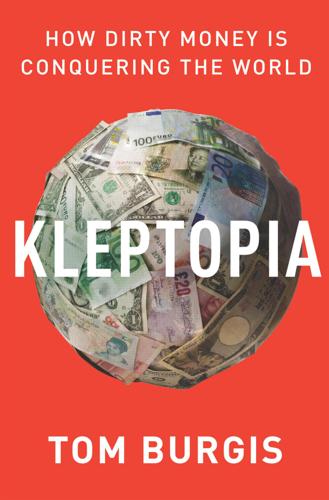
Kleptopia: How Dirty Money Is Conquering the World
by Tom Burgis · 7 Sep 2020 · 476pp · 139,761 words
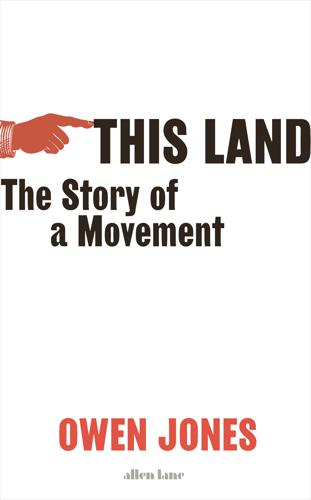
This Land: The Struggle for the Left
by Owen Jones · 23 Sep 2020 · 387pp · 123,237 words
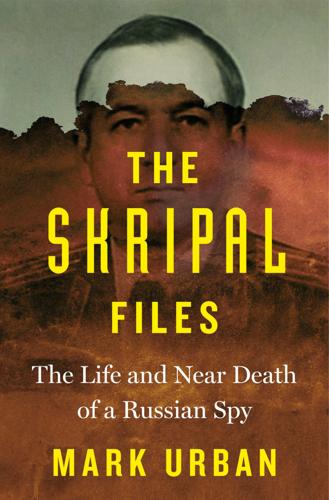
The Skripal Files
by Mark Urban · 291pp · 85,908 words
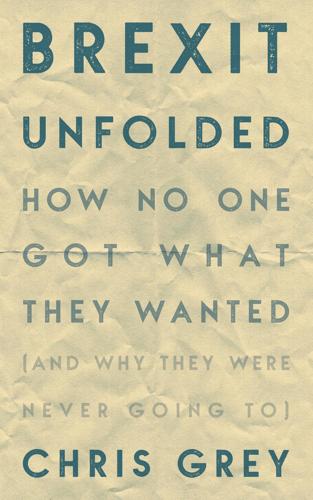
Brexit Unfolded: How No One Got What They Want (And Why They Were Never Going To)
by Chris Grey · 22 Jun 2021 · 334pp · 91,722 words
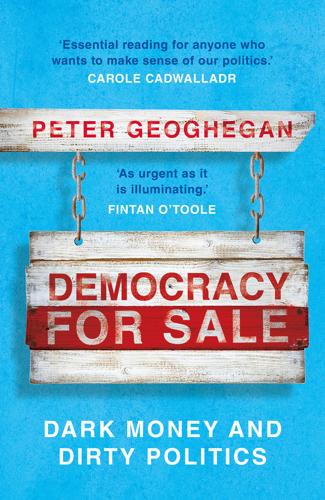
Democracy for Sale: Dark Money and Dirty Politics
by Peter Geoghegan · 2 Jan 2020 · 388pp · 111,099 words
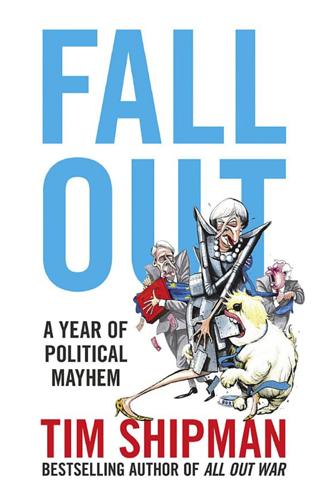
Fall Out: A Year of Political Mayhem
by Tim Shipman · 30 Nov 2017 · 721pp · 238,678 words
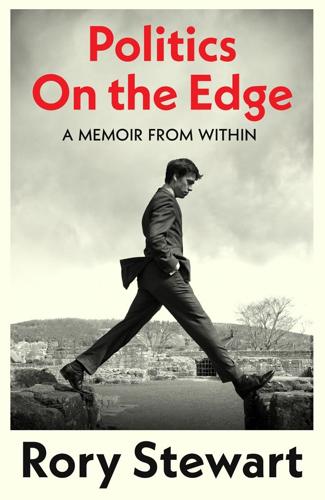
Politics on the Edge: The Instant #1 Sunday Times Bestseller From the Host of Hit Podcast the Rest Is Politics
by Rory Stewart · 13 Sep 2023 · 534pp · 157,700 words
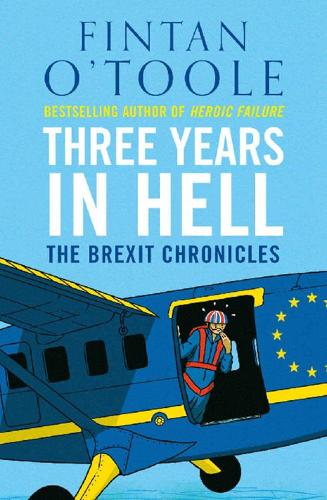
Three Years in Hell: The Brexit Chronicles
by Fintan O'Toole · 5 Mar 2020 · 385pp · 121,550 words
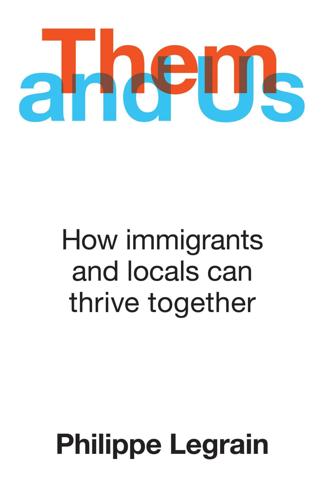
Them and Us: How Immigrants and Locals Can Thrive Together
by Philippe Legrain · 14 Oct 2020 · 521pp · 110,286 words
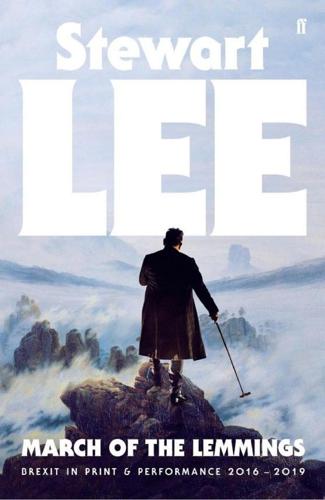
March of the Lemmings: Brexit in Print and Performance 2016–2019
by Stewart Lee · 2 Sep 2019 · 382pp · 117,536 words
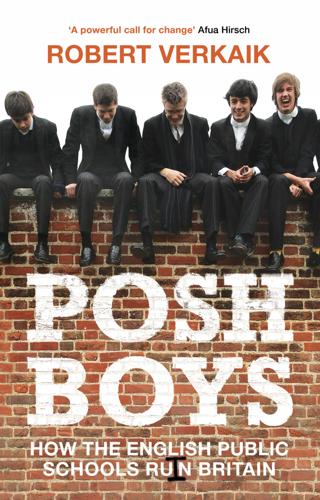
Posh Boys: How English Public Schools Ruin Britain
by Robert Verkaik · 14 Apr 2018 · 419pp · 119,476 words
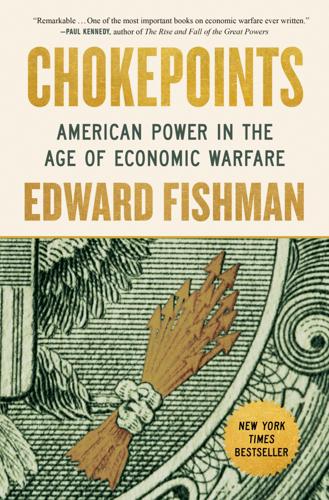
Chokepoints: American Power in the Age of Economic Warfare
by Edward Fishman · 25 Feb 2025 · 884pp · 221,861 words
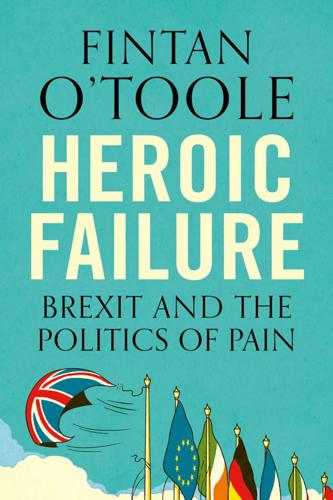
Heroic Failure: Brexit and the Politics of Pain
by Fintan O'Toole · 22 Jan 2018 · 200pp · 64,329 words
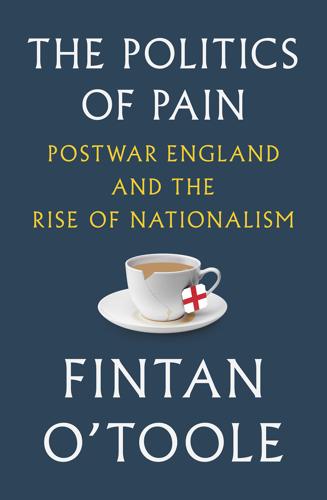
The Politics of Pain
by Fintan O'Toole · 2 Oct 2019
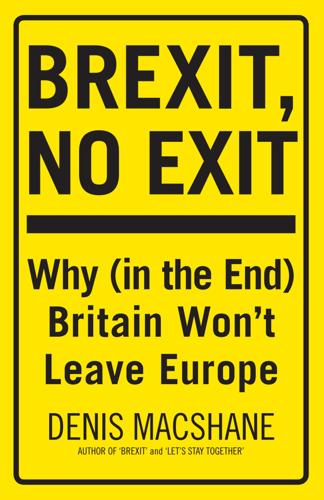
Brexit, No Exit: Why in the End Britain Won't Leave Europe
by Denis MacShane · 14 Jul 2017 · 308pp · 99,298 words
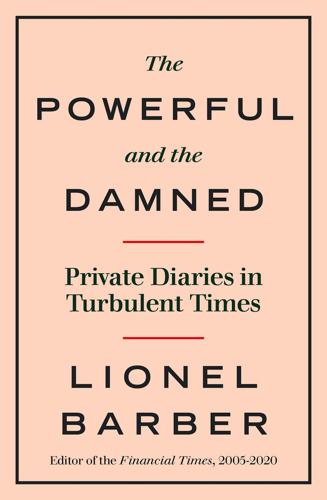
The Powerful and the Damned: Private Diaries in Turbulent Times
by Lionel Barber · 5 Nov 2020
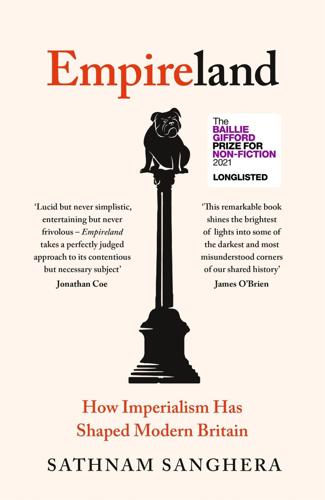
Empireland: How Imperialism Has Shaped Modern Britain
by Sathnam Sanghera · 28 Jan 2021 · 430pp · 111,038 words
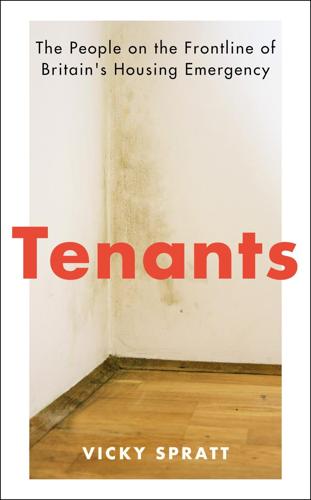
Tenants: The People on the Frontline of Britain's Housing Emergency
by Vicky Spratt · 18 May 2022 · 371pp · 122,273 words

Spike: The Virus vs The People - The Inside Story
by Jeremy Farrar and Anjana Ahuja · 15 Jan 2021 · 245pp · 71,886 words
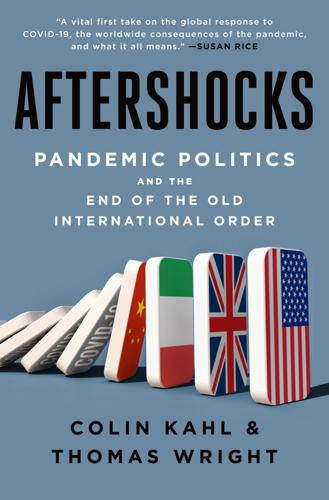
Aftershocks: Pandemic Politics and the End of the Old International Order
by Colin Kahl and Thomas Wright · 23 Aug 2021 · 652pp · 172,428 words

Duty of Care: One NHS Doctor's Story of the Covid-19 Crisis
by Dr Dominic Pimenta · 2 Sep 2020 · 304pp · 95,306 words
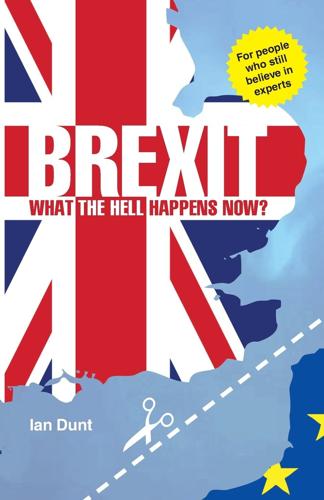
Brexit: What the Hell Happens Now?: The Facts About Britain's Bitter Divorce From Europe 2016
by Ian Dunt · 11 Apr 2017 · 158pp · 45,927 words
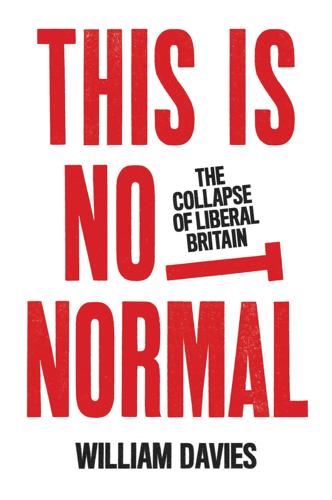
This Is Not Normal: The Collapse of Liberal Britain
by William Davies · 28 Sep 2020 · 210pp · 65,833 words
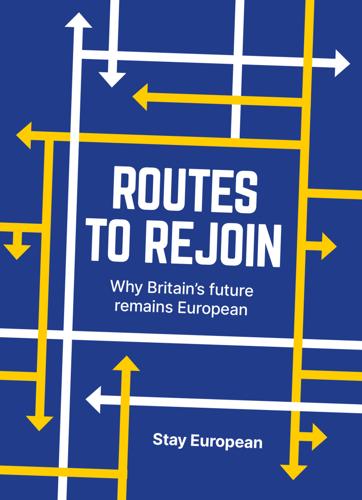
Routes to Rejoin
by Stay European · 3 Oct 2021 · 940pp · 16,301 words
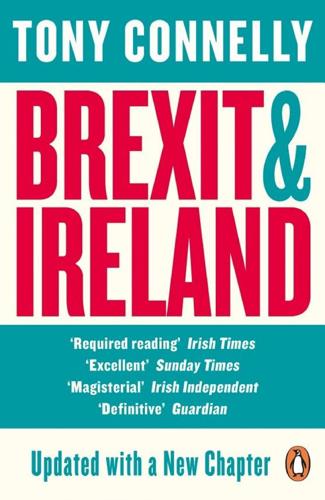
Brexit and Ireland: The Dangers, the Opportunities, and the Inside Story of the Irish Response
by Tony Connelly · 4 Oct 2017 · 356pp · 112,271 words
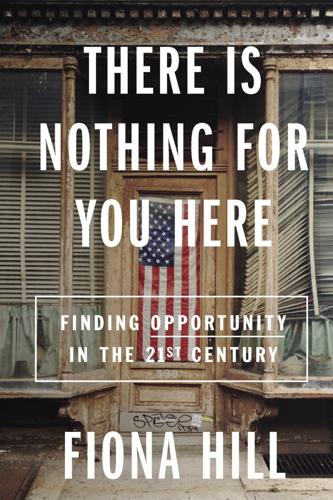
There Is Nothing for You Here: Finding Opportunity in the Twenty-First Century
by Fiona Hill · 4 Oct 2021 · 569pp · 165,510 words
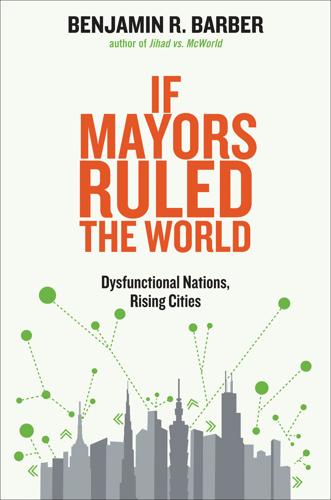
If Mayors Ruled the World: Dysfunctional Nations, Rising Cities
by Benjamin R. Barber · 5 Nov 2013 · 501pp · 145,943 words
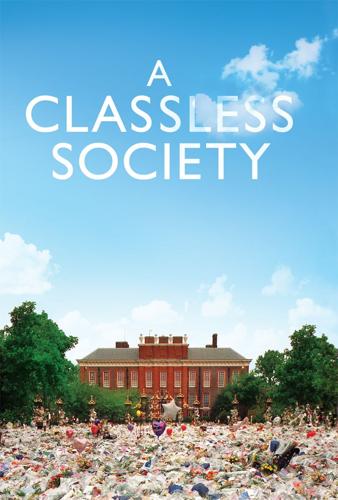
A Classless Society: Britain in the 1990s
by Alwyn W. Turner · 4 Sep 2013 · 1,013pp · 302,015 words

Lonely Planet London City Guide
by Tom Masters, Steve Fallon and Vesna Maric · 31 Jan 2010
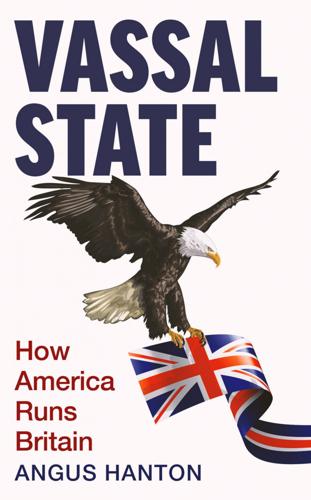
Vassal State
by Angus Hanton · 25 Mar 2024 · 277pp · 81,718 words
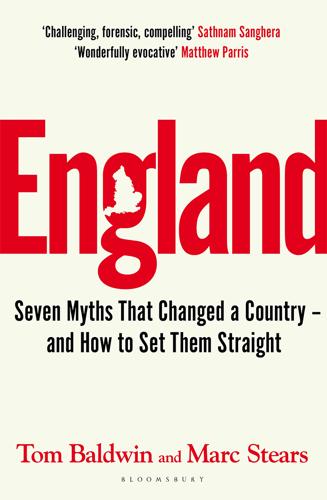
England: Seven Myths That Changed a Country – and How to Set Them Straight
by Tom Baldwin and Marc Stears · 24 Apr 2024 · 357pp · 132,377 words

Roller-Coaster: Europe, 1950-2017
by Ian Kershaw · 29 Aug 2018 · 736pp · 233,366 words
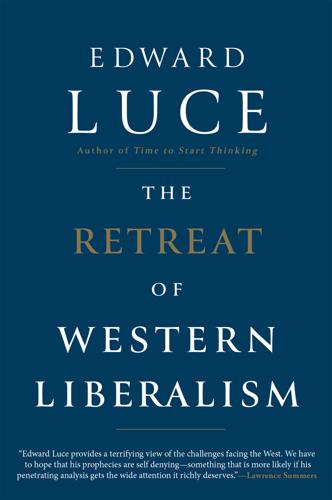
The Retreat of Western Liberalism
by Edward Luce · 20 Apr 2017 · 223pp · 58,732 words
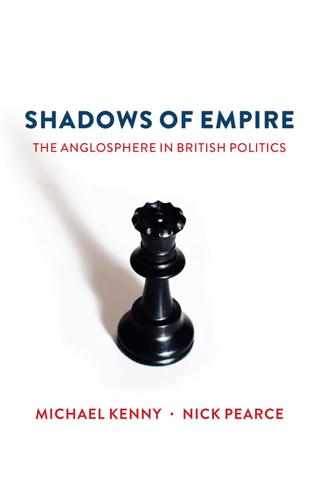
Shadows of Empire: The Anglosphere in British Politics
by Michael Kenny and Nick Pearce · 5 Jun 2018 · 215pp · 64,460 words
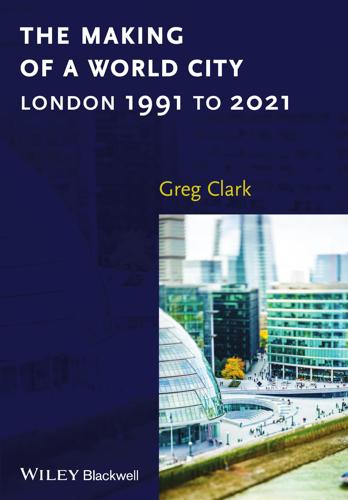
The Making of a World City: London 1991 to 2021
by Greg Clark · 31 Dec 2014
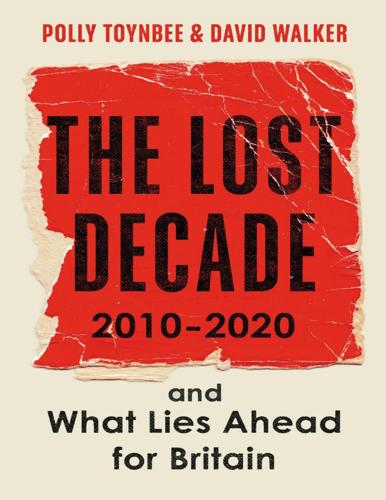
The Lost Decade: 2010–2020, and What Lies Ahead for Britain
by Polly Toynbee and David Walker · 3 Mar 2020 · 279pp · 90,888 words
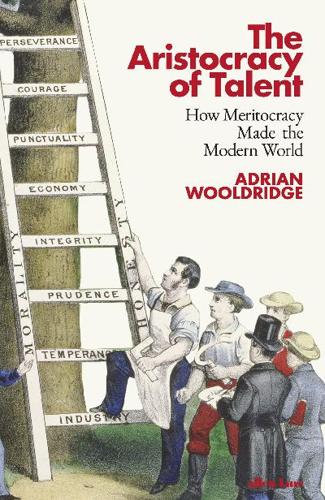
The Aristocracy of Talent: How Meritocracy Made the Modern World
by Adrian Wooldridge · 2 Jun 2021 · 693pp · 169,849 words

Journey to Crossrail
by Stephen Halliday · 124pp · 38,034 words
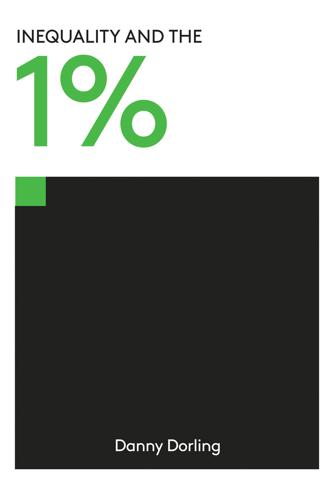
Inequality and the 1%
by Danny Dorling · 6 Oct 2014 · 317pp · 71,776 words

Planes, Trains and Toilet Doors: 50 Places That Changed British Politics
by Matt Chorley · 8 Feb 2024 · 254pp · 75,897 words
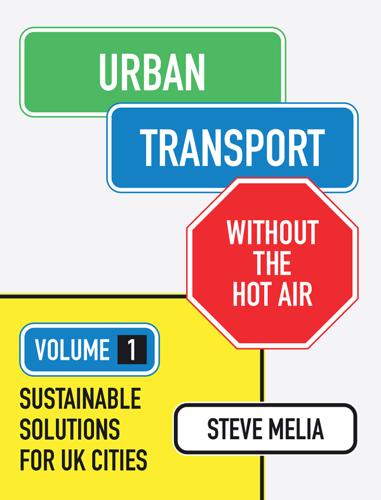
Urban Transport Without the Hot Air, Volume 1
by Steve Melia · 351pp · 91,133 words
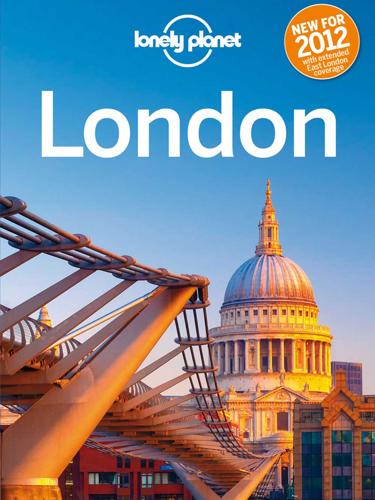
Lonely Planet London
by Lonely Planet · 22 Apr 2012
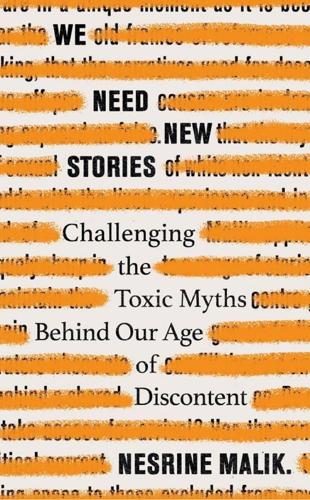
We Need New Stories: Challenging the Toxic Myths Behind Our Age of Discontent
by Nesrine Malik · 4 Sep 2019
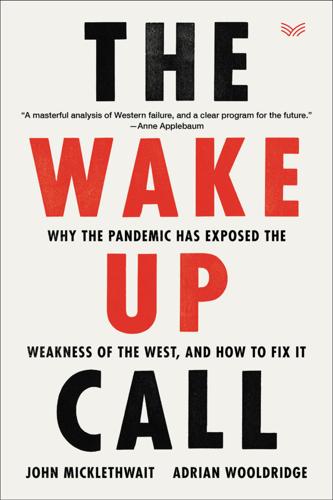
The Wake-Up Call: Why the Pandemic Has Exposed the Weakness of the West, and How to Fix It
by John Micklethwait and Adrian Wooldridge · 1 Sep 2020 · 134pp · 41,085 words
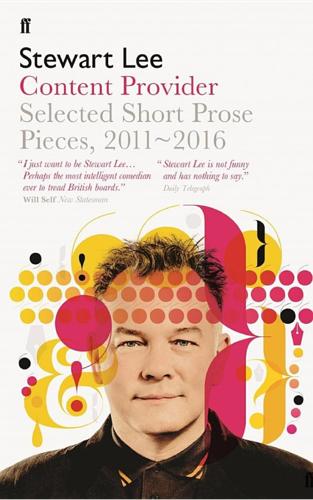
Content Provider: Selected Short Prose Pieces, 2011–2016
by Stewart Lee · 1 Aug 2016 · 282pp · 89,266 words
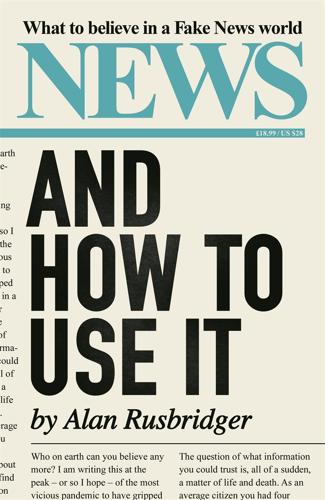
News and How to Use It: What to Believe in a Fake News World
by Alan Rusbridger · 26 Nov 2020 · 371pp · 109,320 words
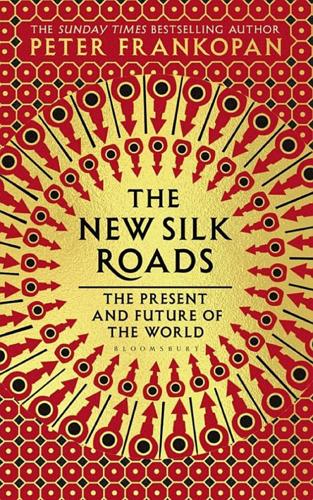
The New Silk Roads: The Present and Future of the World
by Peter Frankopan · 14 Jun 2018 · 352pp · 80,030 words

More Everything Forever: AI Overlords, Space Empires, and Silicon Valley's Crusade to Control the Fate of Humanity
by Adam Becker · 14 Jun 2025 · 381pp · 119,533 words
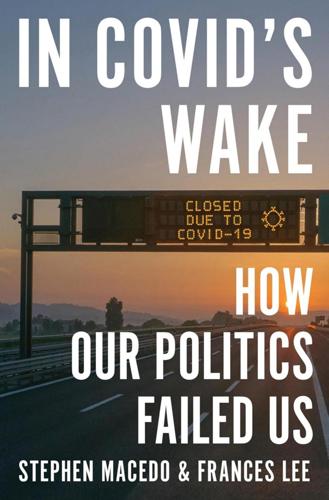
In Covid's Wake: How Our Politics Failed Us
by Stephen Macedo and Frances Lee · 10 Mar 2025 · 393pp · 146,371 words
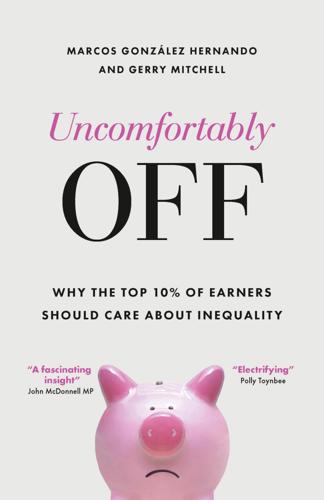
Uncomfortably Off: Why the Top 10% of Earners Should Care About Inequality
by Marcos González Hernando and Gerry Mitchell · 23 May 2023
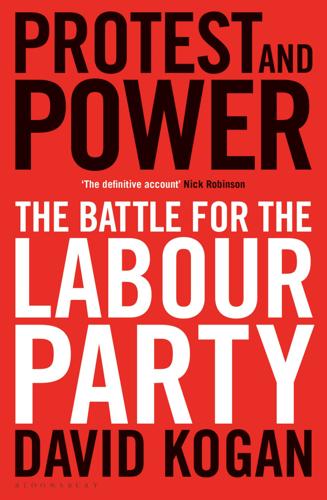
Protest and Power: The Battle for the Labour Party
by David Kogan · 17 Apr 2019 · 458pp · 136,405 words
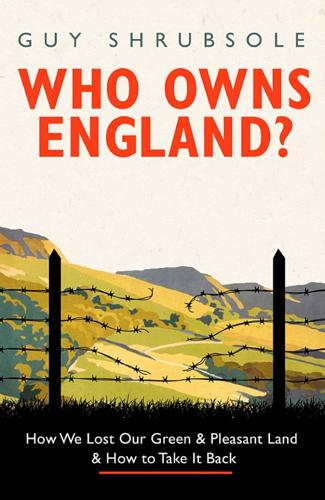
Who Owns England?: How We Lost Our Green and Pleasant Land, and How to Take It Back
by Guy Shrubsole · 1 May 2019 · 505pp · 133,661 words
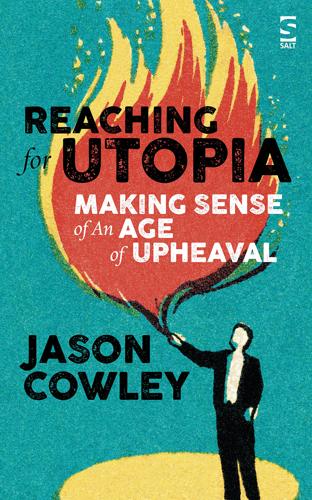
Reaching for Utopia: Making Sense of an Age of Upheaval
by Jason Cowley · 15 Nov 2018 · 283pp · 87,166 words
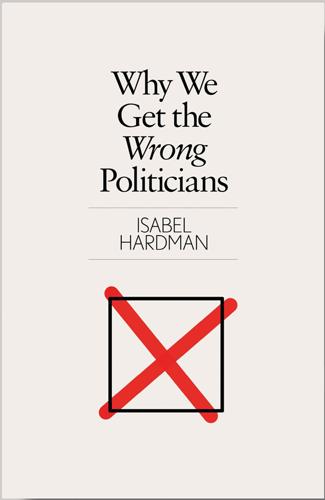
Why We Get the Wrong Politicians
by Isabel Hardman · 14 Jun 2018 · 333pp · 99,545 words
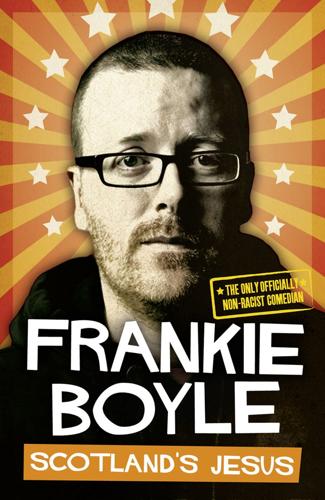
Scotland’s Jesus: The Only Officially Non-Racist Comedian
by Frankie Boyle · 23 Oct 2013

Billionaire, Nerd, Savior, King: Bill Gates and His Quest to Shape Our World
by Anupreeta Das · 12 Aug 2024 · 315pp · 115,894 words
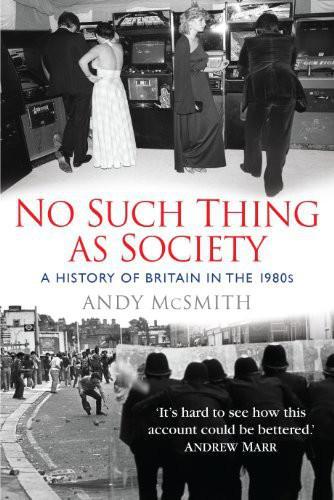
No Such Thing as Society
by Andy McSmith · 19 Nov 2010 · 613pp · 151,140 words

Breathtaking: Inside the NHS in a Time of Pandemic
by Rachel Clarke · 26 Jan 2021 · 199pp · 63,844 words
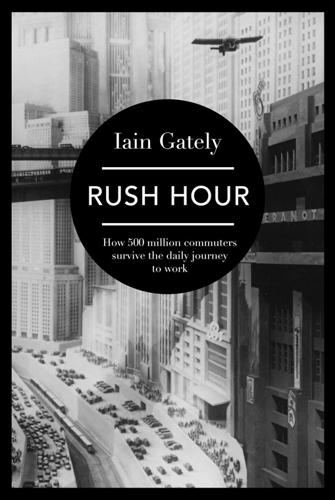
Rush Hour: How 500 Million Commuters Survive the Daily Journey to Work
by Iain Gately · 6 Nov 2014 · 352pp · 104,411 words
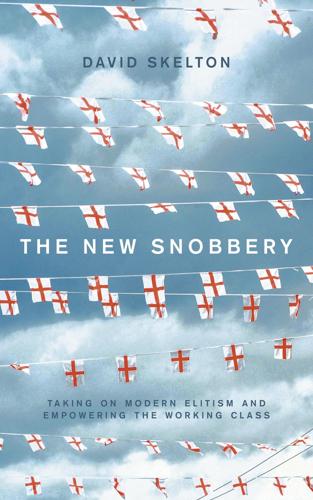
The New Snobbery
by David Skelton · 28 Jun 2021 · 226pp · 58,341 words
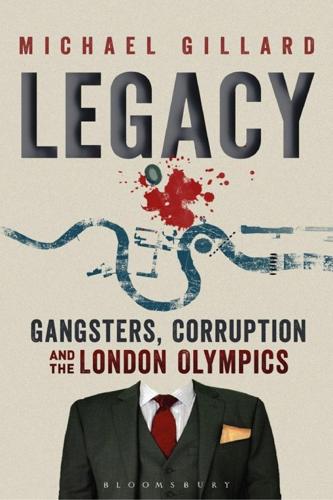
Legacy: Gangsters, Corruption and the London Olympics
by Michael Gillard · 24 Jul 2019 · 365pp · 102,306 words

Fallen Idols: Twelve Statues That Made History
by Alex von Tunzelmann · 7 Jul 2021 · 337pp · 87,236 words
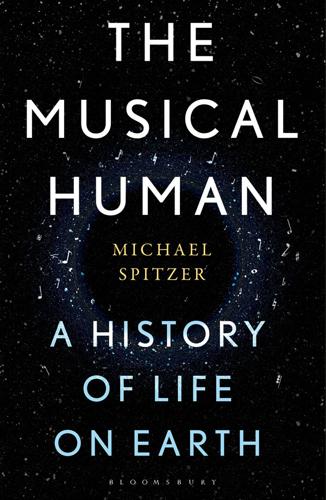
The Musical Human: A History of Life on Earth
by Michael Spitzer · 31 Mar 2021 · 632pp · 163,143 words
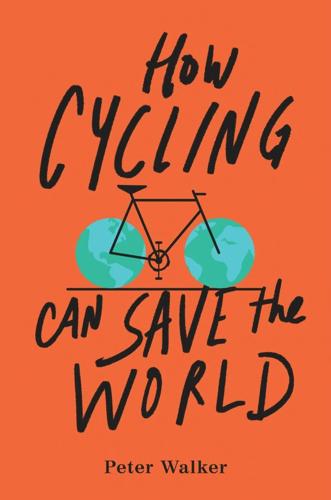
How Cycling Can Save the World
by Peter Walker · 3 Apr 2017 · 231pp · 69,673 words
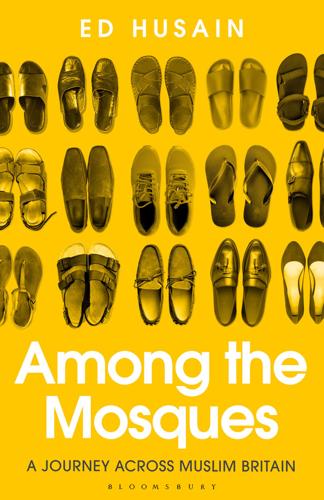
Among the Mosques: A Journey Across Muslim Britain
by Ed Husain · 9 Jun 2021 · 404pp · 110,290 words
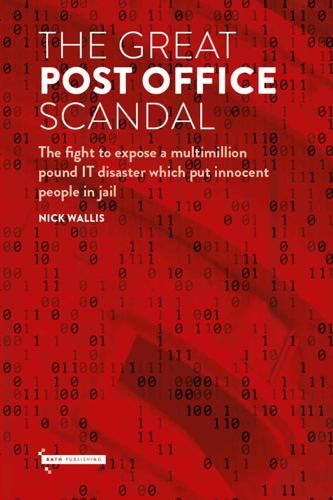
The Great Post Office Scandal: The Fight to Expose a Multimillion Pound Scandal Which Put Innocent People in Jail
by Nick Wallis · 18 Nov 2021 · 705pp · 192,650 words
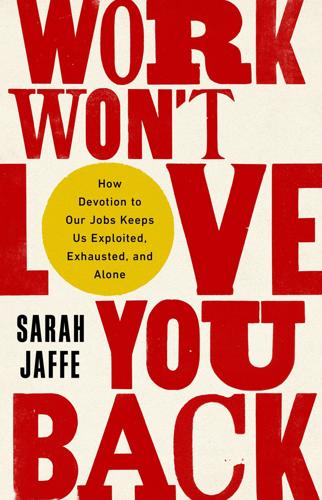
Work Won't Love You Back: How Devotion to Our Jobs Keeps Us Exploited, Exhausted, and Alone
by Sarah Jaffe · 26 Jan 2021 · 490pp · 153,455 words
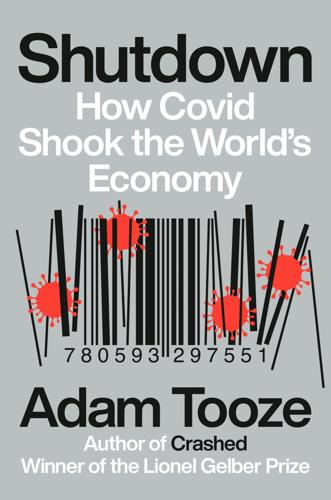
Shutdown: How COVID Shook the World's Economy
by Adam Tooze · 15 Nov 2021 · 561pp · 138,158 words

Volt Rush: The Winners and Losers in the Race to Go Green
by Henry Sanderson · 12 Sep 2022 · 292pp · 87,720 words

The Story of Crossrail
by Christian Wolmar · 5 Sep 2018 · 292pp · 85,381 words
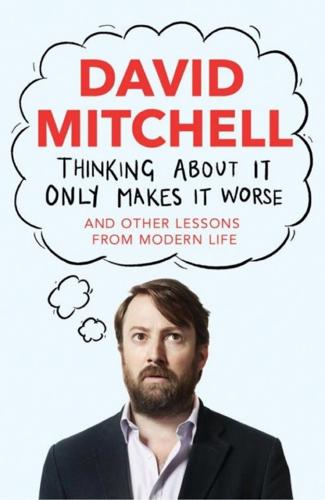
Thinking About It Only Makes It Worse: And Other Lessons From Modern Life
by David Mitchell · 4 Nov 2014 · 354pp · 99,690 words
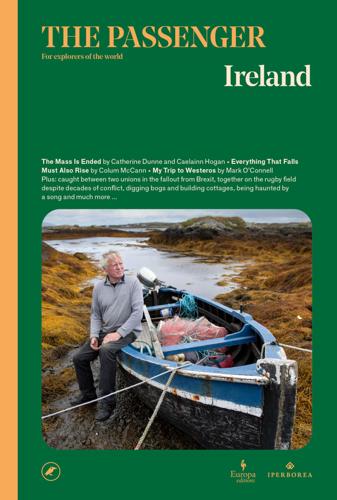
The Passenger
by The Passenger · 27 Dec 2021 · 202pp · 62,397 words
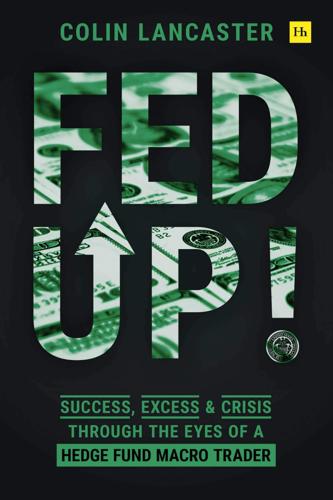
Fed Up!: Success, Excess and Crisis Through the Eyes of a Hedge Fund Macro Trader
by Colin Lancaster · 3 May 2021 · 245pp · 75,397 words
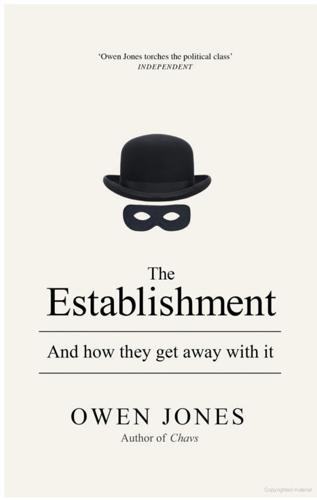
The Establishment: And How They Get Away With It
by Owen Jones · 3 Sep 2014 · 388pp · 125,472 words
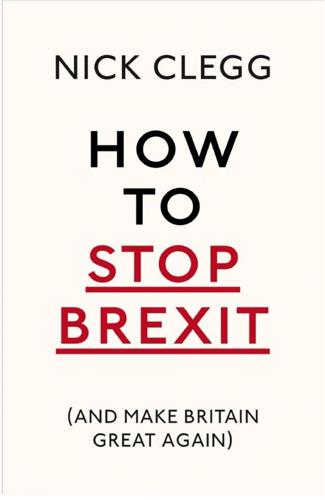
How to Stop Brexit (And Make Britain Great Again)
by Nick Clegg · 11 Oct 2017 · 93pp · 30,572 words
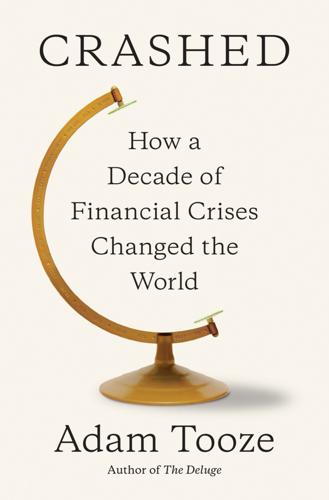
Crashed: How a Decade of Financial Crises Changed the World
by Adam Tooze · 31 Jul 2018 · 1,066pp · 273,703 words
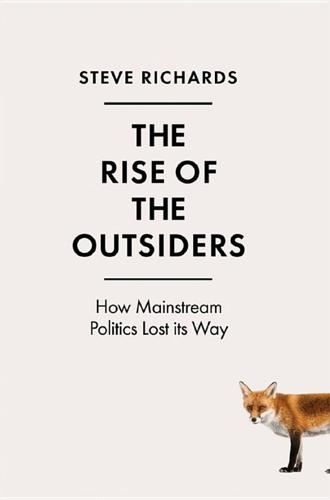
The Rise of the Outsiders: How Mainstream Politics Lost Its Way
by Steve Richards · 14 Jun 2017 · 323pp · 95,492 words
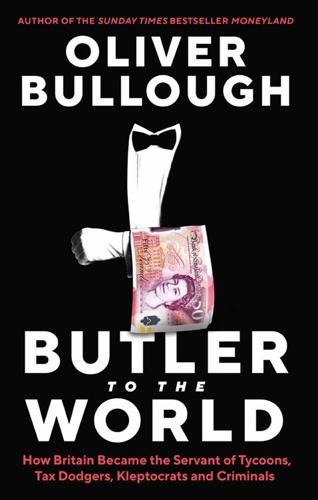
Butler to the World: How Britain Became the Servant of Tycoons, Tax Dodgers, Kleptocrats and Criminals
by Oliver Bullough · 10 Mar 2022 · 257pp · 80,698 words
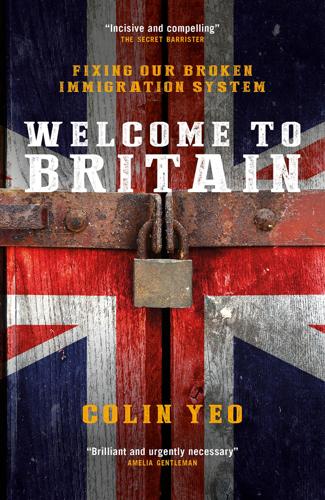
Welcome to Britain: Fixing Our Broken Immigration System
by Colin Yeo; · 15 Feb 2020 · 393pp · 102,801 words

Our Enemies Will Vanish: The Russian Invasion and Ukraine's War of Independence
by Yaroslav Trofimov · 9 Jan 2024 · 399pp · 112,620 words
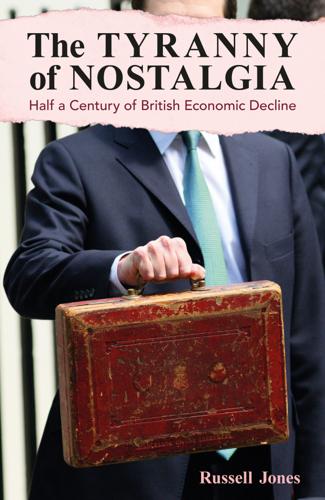
The Tyranny of Nostalgia: Half a Century of British Economic Decline
by Russell Jones · 15 Jan 2023 · 463pp · 140,499 words
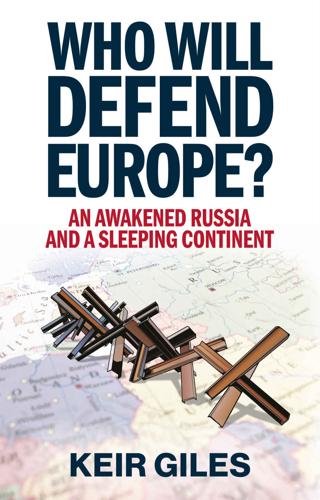
Who Will Defend Europe?: An Awakened Russia and a Sleeping Continent
by Keir Giles · 24 Oct 2024 · 296pp · 81,440 words
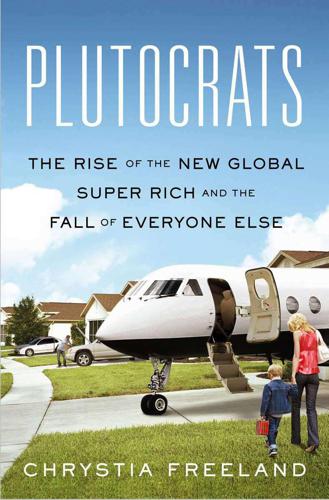
Plutocrats: The Rise of the New Global Super-Rich and the Fall of Everyone Else
by Chrystia Freeland · 11 Oct 2012 · 481pp · 120,693 words
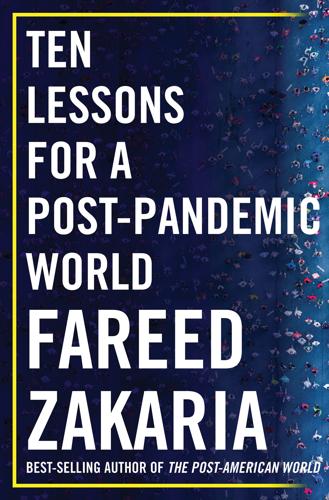
Ten Lessons for a Post-Pandemic World
by Fareed Zakaria · 5 Oct 2020 · 289pp · 86,165 words
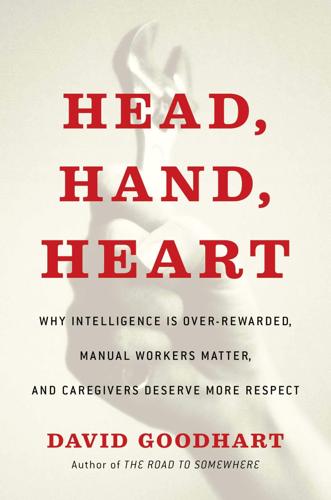
Head, Hand, Heart: Why Intelligence Is Over-Rewarded, Manual Workers Matter, and Caregivers Deserve More Respect
by David Goodhart · 7 Sep 2020 · 463pp · 115,103 words
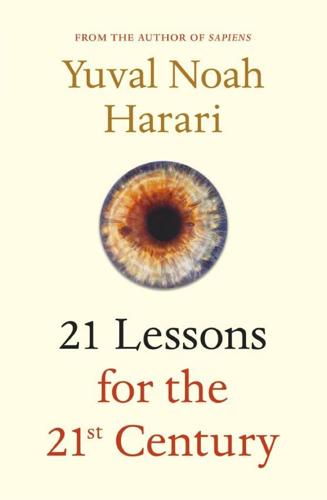
21 Lessons for the 21st Century
by Yuval Noah Harari · 29 Aug 2018 · 389pp · 119,487 words
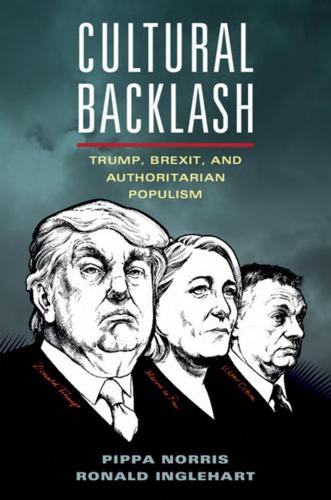
Cultural Backlash: Trump, Brexit, and Authoritarian Populism
by Pippa Norris and Ronald Inglehart · 31 Dec 2018
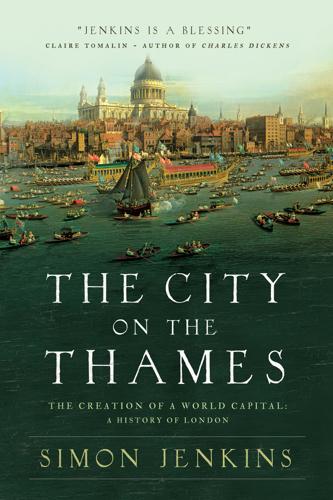
The City on the Thames
by Simon Jenkins · 31 Aug 2020
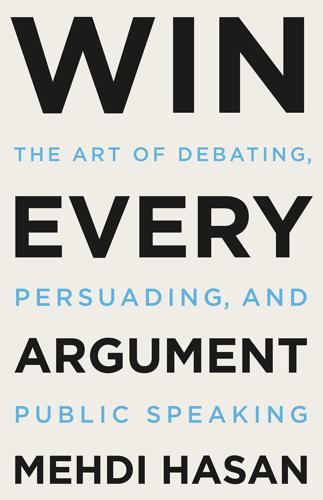
Win Every Argument: The Art of Debating, Persuading, and Public Speaking
by Mehdi Hasan · 27 Feb 2023 · 307pp · 93,073 words
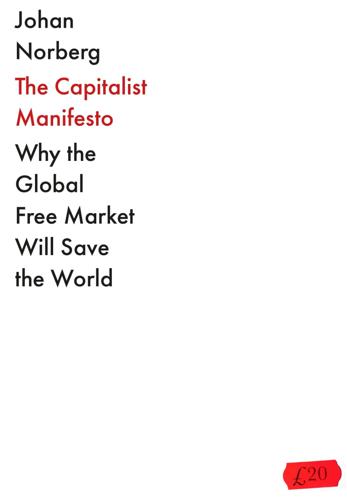
The Capitalist Manifesto
by Johan Norberg · 14 Jun 2023 · 295pp · 87,204 words
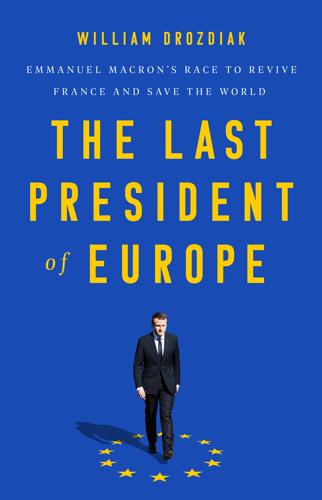
The Last President of Europe: Emmanuel Macron's Race to Revive France and Save the World
by William Drozdiak · 27 Apr 2020 · 241pp · 75,417 words

The Star Builders: Nuclear Fusion and the Race to Power the Planet
by Arthur Turrell · 2 Aug 2021 · 297pp · 84,447 words

The COVID-19 Catastrophe: What's Gone Wrong and How to Stop It Happening Again
by Richard Horton · 31 May 2020 · 106pp · 33,210 words
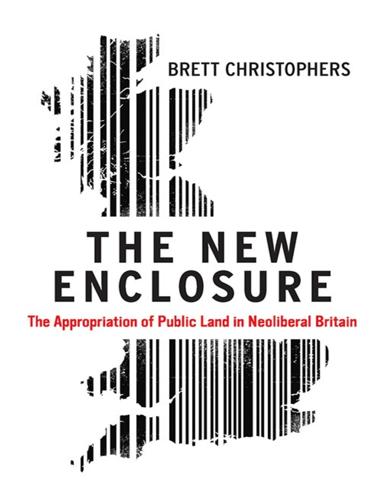
The New Enclosure: The Appropriation of Public Land in Neoliberal Britain
by Brett Christophers · 6 Nov 2018
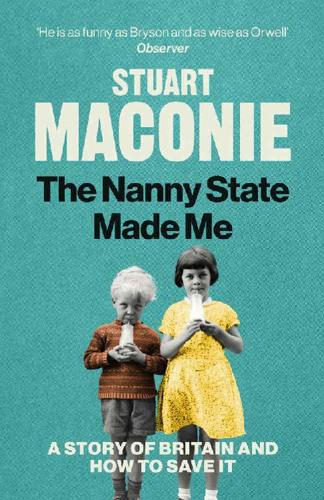
The Nanny State Made Me: A Story of Britain and How to Save It
by Stuart Maconie · 5 Mar 2020 · 300pp · 106,520 words
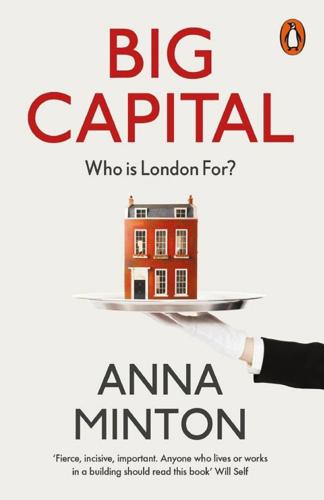
Big Capital: Who Is London For?
by Anna Minton · 31 May 2017 · 169pp · 52,744 words
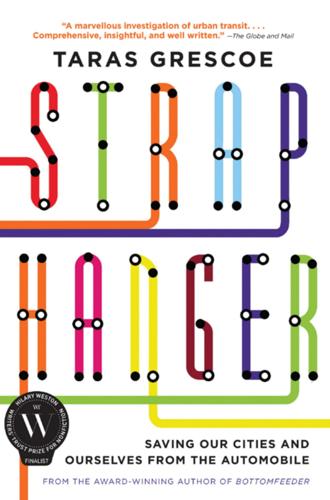
Straphanger
by Taras Grescoe · 8 Sep 2011 · 428pp · 134,832 words
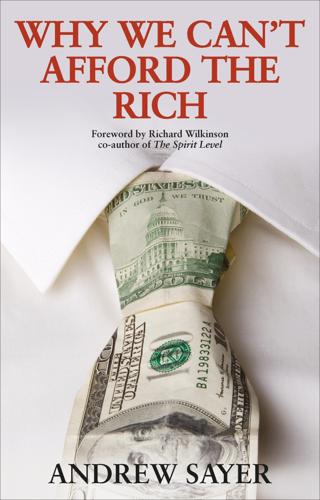
Why We Can't Afford the Rich
by Andrew Sayer · 6 Nov 2014 · 504pp · 143,303 words
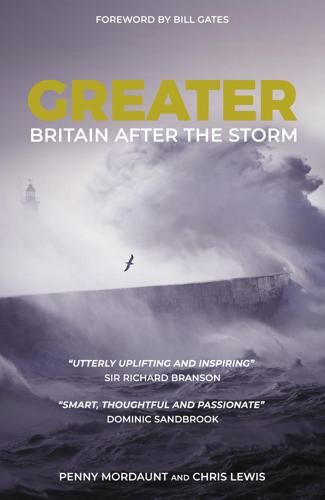
Greater: Britain After the Storm
by Penny Mordaunt and Chris Lewis · 19 May 2021 · 516pp · 116,875 words

Choked: Life and Breath in the Age of Air Pollution
by Beth Gardiner · 18 Apr 2019 · 353pp · 106,704 words
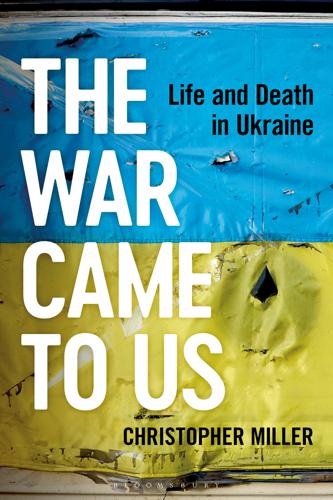
The War Came to Us: Life and Death in Ukraine
by Christopher Miller · 17 Jul 2023 · 469pp · 149,526 words
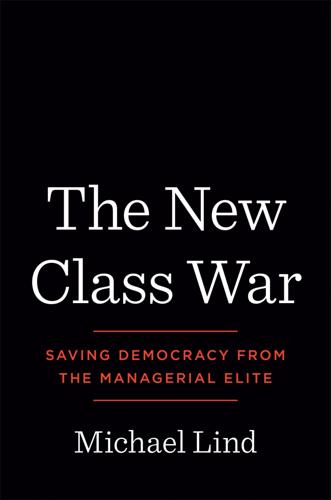
The New Class War: Saving Democracy From the Metropolitan Elite
by Michael Lind · 20 Feb 2020
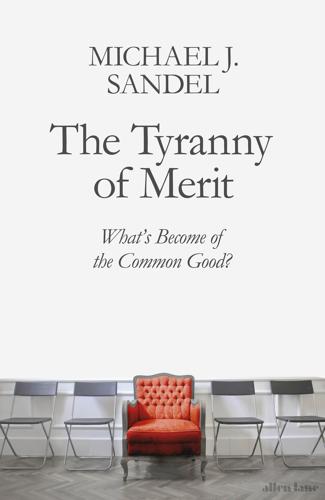
The Tyranny of Merit: What’s Become of the Common Good?
by Michael J. Sandel · 9 Sep 2020 · 493pp · 98,982 words
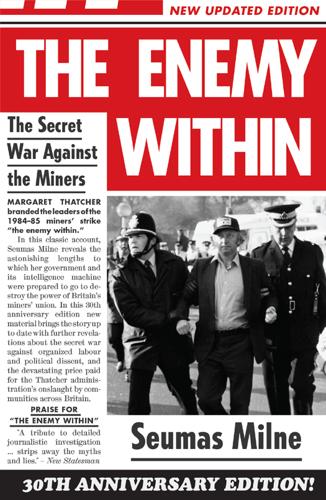
The Enemy Within
by Seumas Milne · 1 Dec 1994 · 497pp · 161,742 words
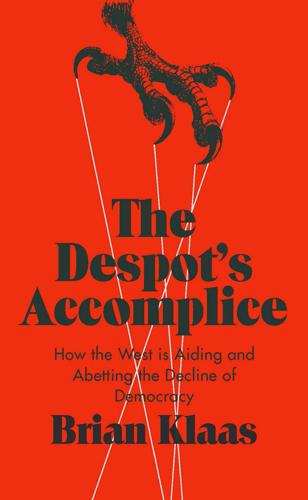
The Despot's Accomplice: How the West Is Aiding and Abetting the Decline of Democracy
by Brian Klaas · 15 Mar 2017
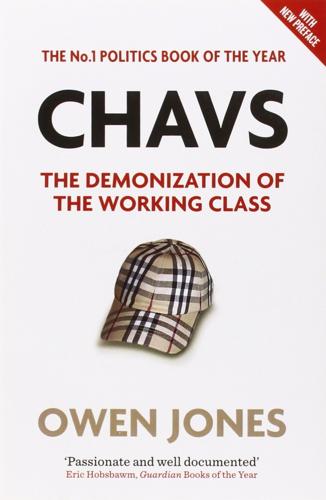
Chavs: The Demonization of the Working Class
by Owen Jones · 14 Jul 2011 · 317pp · 101,475 words
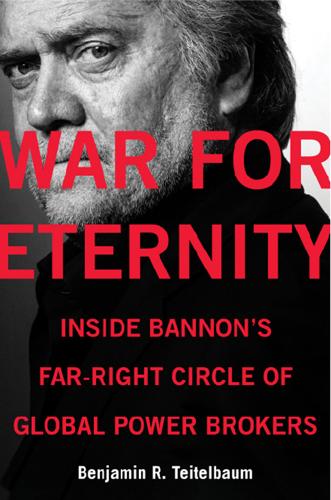
War for Eternity: Inside Bannon's Far-Right Circle of Global Power Brokers
by Benjamin R. Teitelbaum · 14 May 2020 · 307pp · 88,745 words
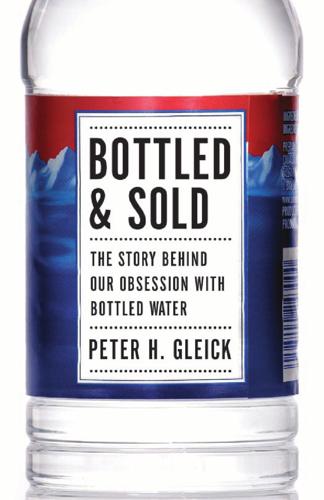
Bottled and Sold: The Story Behind Our Obsession with Bottled Water
by Peter H. Gleick · 20 Apr 2010 · 257pp · 68,383 words
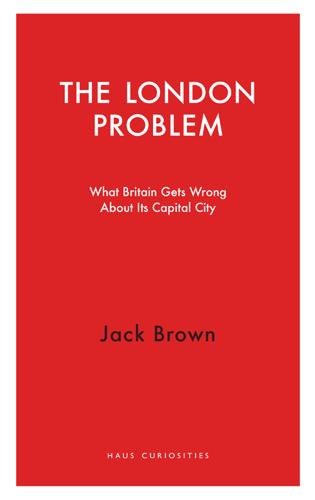
The London Problem: What Britain Gets Wrong About Its Capital City
by Jack Brown · 14 Jul 2021 · 101pp · 24,949 words
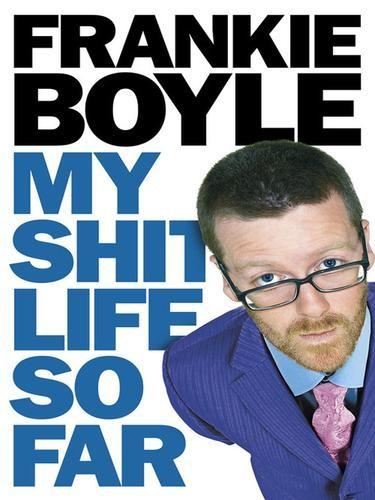
My Shit Life So Far
by Frankie Boyle · 30 Sep 2009

Exponential: How Accelerating Technology Is Leaving Us Behind and What to Do About It
by Azeem Azhar · 6 Sep 2021 · 447pp · 111,991 words
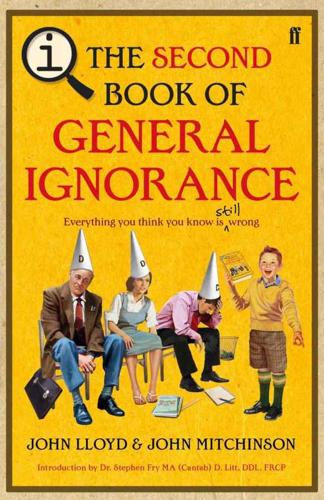
QI: The Second Book of General Ignorance
by Lloyd, John and Mitchinson, John · 7 Oct 2010 · 469pp · 97,582 words
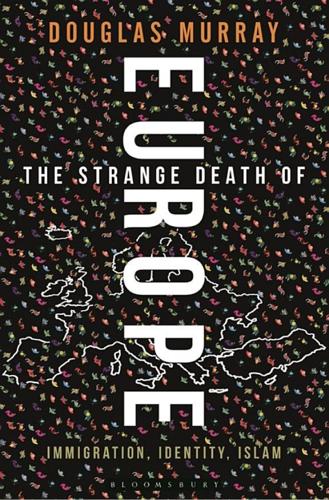
The Strange Death of Europe: Immigration, Identity, Islam
by Douglas Murray · 3 May 2017 · 420pp · 126,194 words
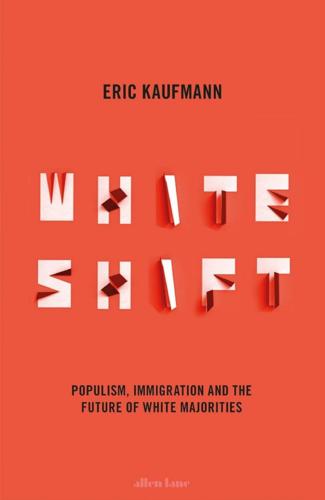
Whiteshift: Populism, Immigration and the Future of White Majorities
by Eric Kaufmann · 24 Oct 2018 · 691pp · 203,236 words

Night Trains: The Rise and Fall of the Sleeper
by Andrew Martin · 9 Feb 2017 · 238pp · 76,544 words
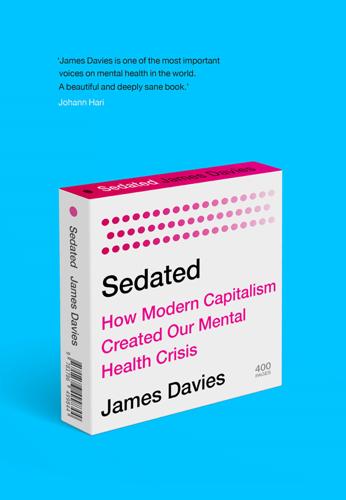
SEDATED: How Modern Capitalism Created Our Mental Health Crisis
by James. Davies · 15 Nov 2021 · 307pp · 88,085 words

British Rail
by Christian Wolmar · 9 Jun 2022 · 337pp · 100,260 words
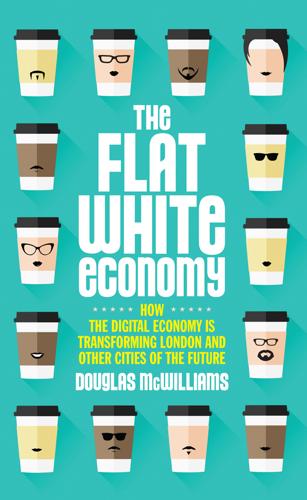
The Flat White Economy
by Douglas McWilliams · 15 Feb 2015 · 193pp · 47,808 words

Apollo's Arrow: The Profound and Enduring Impact of Coronavirus on the Way We Live
by Nicholas A. Christakis · 27 Oct 2020 · 475pp · 127,389 words
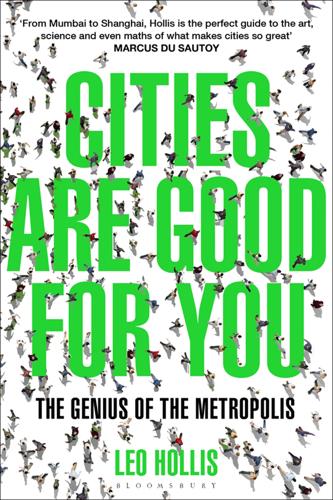
Cities Are Good for You: The Genius of the Metropolis
by Leo Hollis · 31 Mar 2013 · 385pp · 118,314 words
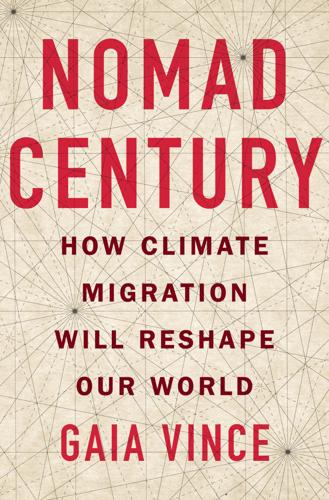
Nomad Century: How Climate Migration Will Reshape Our World
by Gaia Vince · 22 Aug 2022 · 302pp · 92,206 words

Doppelganger: A Trip Into the Mirror World
by Naomi Klein · 11 Sep 2023
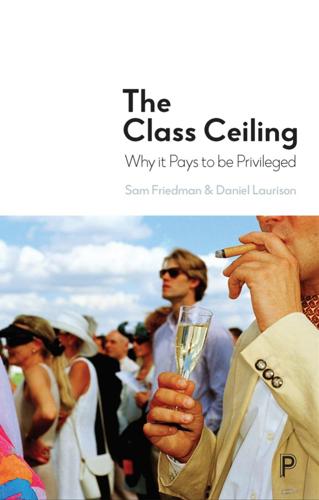
The Class Ceiling: Why It Pays to Be Privileged
by Sam Friedman and Daniel Laurison · 28 Jan 2019

QI: The Third Book of General Ignorance (Qi: Book of General Ignorance)
by John Lloyd and John Mitchinson · 28 Sep 2015 · 432pp · 85,707 words
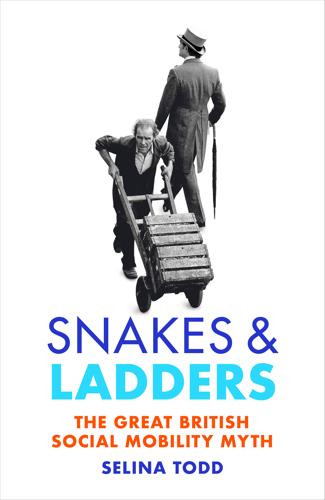
Snakes and Ladders: The Great British Social Mobility Myth
by Selina Todd · 11 Feb 2021 · 598pp · 150,801 words
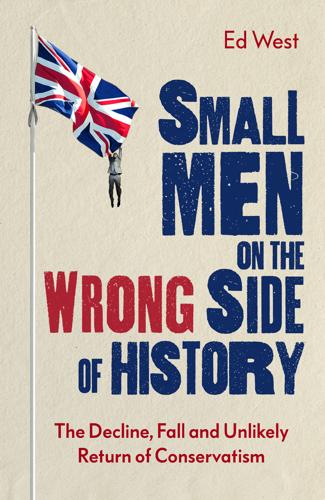
Small Men on the Wrong Side of History: The Decline, Fall and Unlikely Return of Conservatism
by Ed West · 19 Mar 2020 · 530pp · 147,851 words
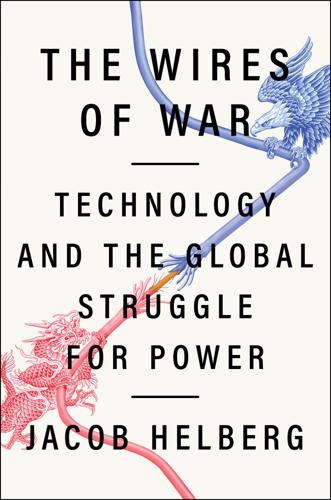
The Wires of War: Technology and the Global Struggle for Power
by Jacob Helberg · 11 Oct 2021 · 521pp · 118,183 words
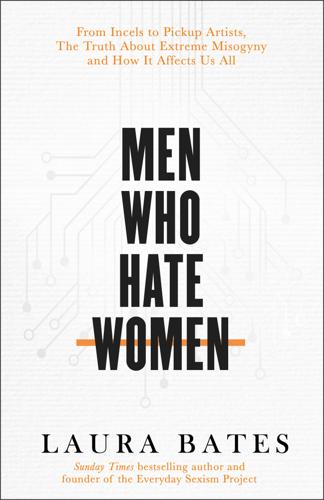
Men Who Hate Women: From Incels to Pickup Artists, the Truth About Extreme Misogyny and How It Affects Us All
by Laura Bates · 2 Sep 2020 · 364pp · 119,398 words
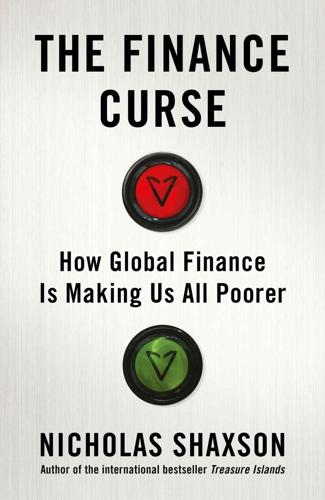
The Finance Curse: How Global Finance Is Making Us All Poorer
by Nicholas Shaxson · 10 Oct 2018 · 482pp · 149,351 words
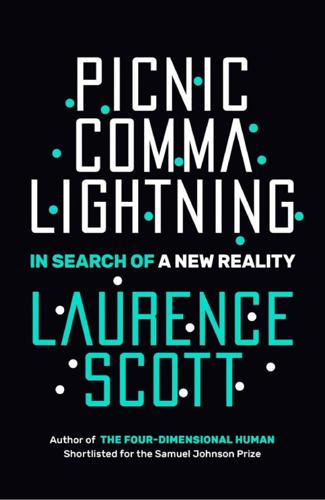
Picnic Comma Lightning: In Search of a New Reality
by Laurence Scott · 11 Jul 2018 · 244pp · 81,334 words
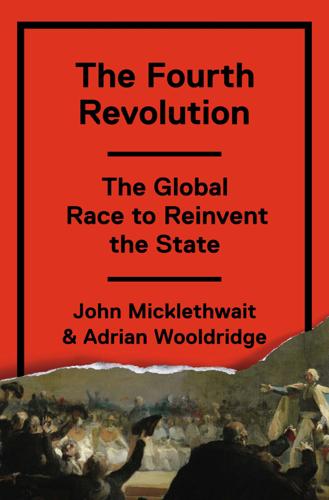
The Fourth Revolution: The Global Race to Reinvent the State
by John Micklethwait and Adrian Wooldridge · 14 May 2014 · 372pp · 92,477 words
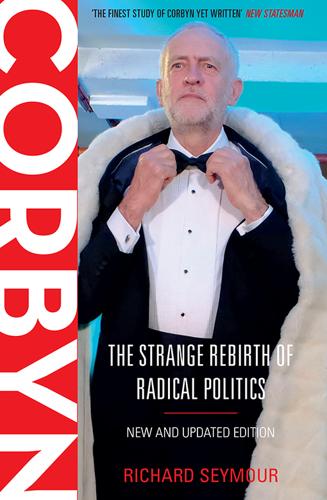
Corbyn
by Richard Seymour
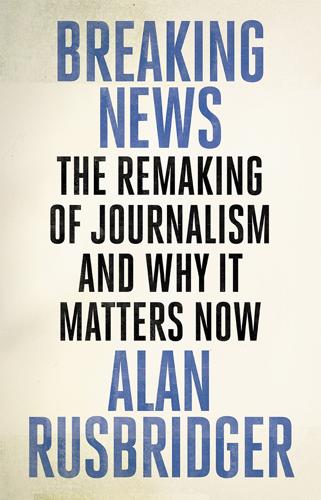
Breaking News: The Remaking of Journalism and Why It Matters Now
by Alan Rusbridger · 14 Oct 2018 · 579pp · 160,351 words
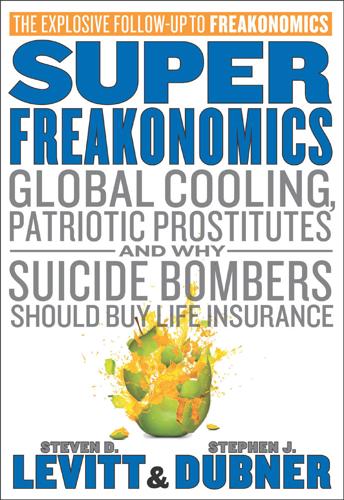
SuperFreakonomics
by Steven D. Levitt and Stephen J. Dubner · 19 Oct 2009 · 302pp · 83,116 words
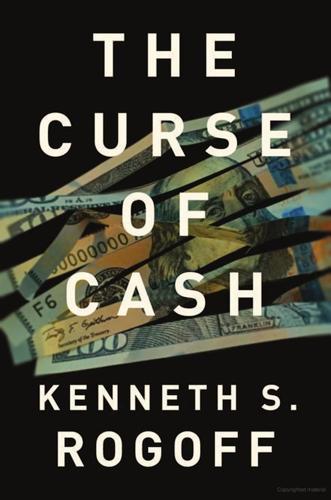
The Curse of Cash
by Kenneth S Rogoff · 29 Aug 2016 · 361pp · 97,787 words
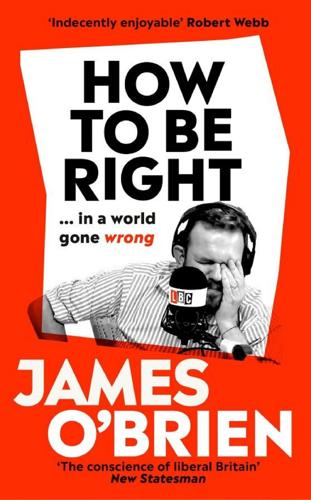
How to Be Right: In a World Gone Wrong
by James O'Brien · 2 Nov 2018 · 173pp · 52,725 words
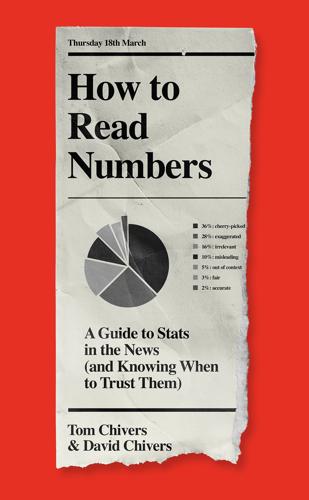
How to Read Numbers: A Guide to Statistics in the News (And Knowing When to Trust Them)
by Tom Chivers and David Chivers · 18 Mar 2021 · 172pp · 51,837 words

Covid by Numbers
by David Spiegelhalter and Anthony Masters · 28 Oct 2021

Marx at the Arcade: Consoles, Controllers, and Class Struggle
by Jamie Woodcock · 17 Jun 2019 · 236pp · 62,158 words
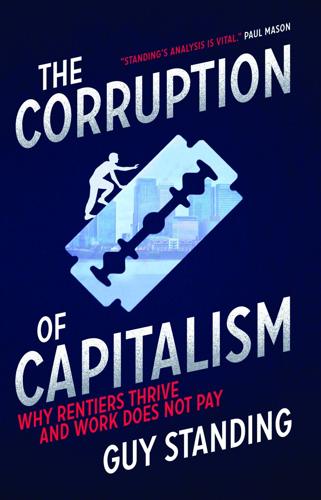
The Corruption of Capitalism: Why Rentiers Thrive and Work Does Not Pay
by Guy Standing · 13 Jul 2016 · 443pp · 98,113 words
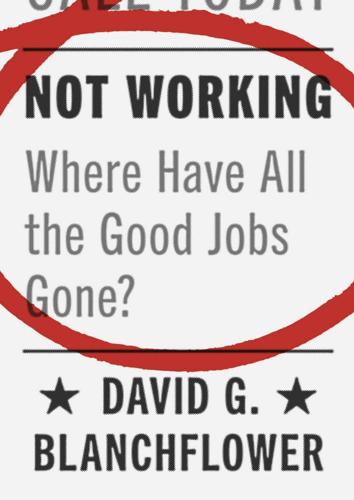
Not Working: Where Have All the Good Jobs Gone?
by David G. Blanchflower · 12 Apr 2021 · 566pp · 160,453 words
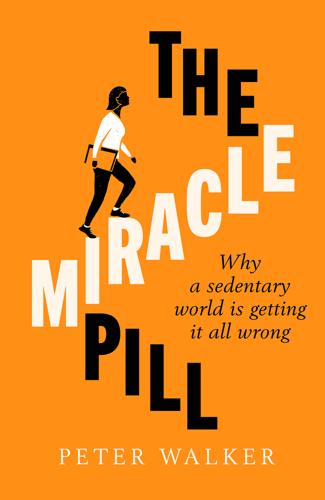
The Miracle Pill
by Peter Walker · 21 Jan 2021 · 372pp · 98,659 words
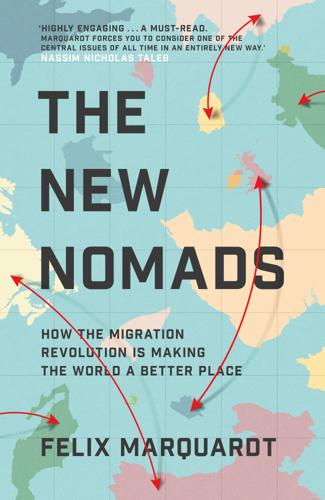
The New Nomads: How the Migration Revolution Is Making the World a Better Place
by Felix Marquardt · 7 Jul 2021 · 250pp · 75,151 words
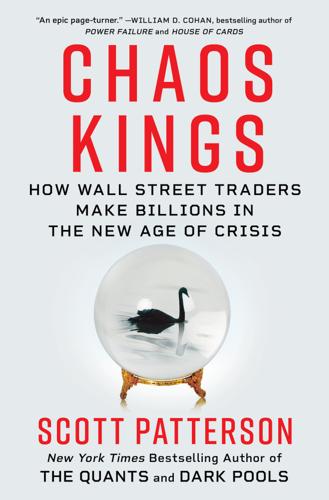
Chaos Kings: How Wall Street Traders Make Billions in the New Age of Crisis
by Scott Patterson · 5 Jun 2023 · 289pp · 95,046 words

Border and Rule: Global Migration, Capitalism, and the Rise of Racist Nationalism
by Harsha Walia · 9 Feb 2021
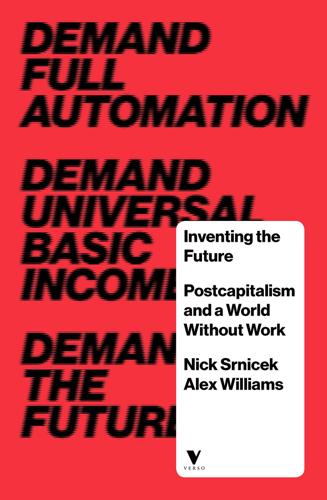
Inventing the Future: Postcapitalism and a World Without Work
by Nick Srnicek and Alex Williams · 1 Oct 2015 · 357pp · 95,986 words
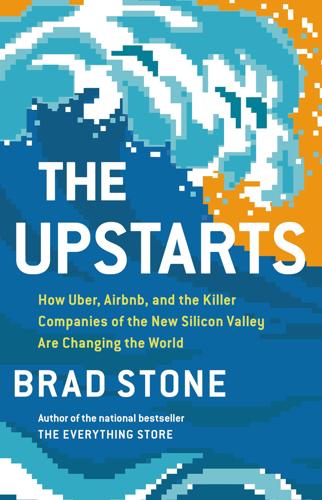
The Upstarts: How Uber, Airbnb, and the Killer Companies of the New Silicon Valley Are Changing the World
by Brad Stone · 30 Jan 2017 · 373pp · 112,822 words
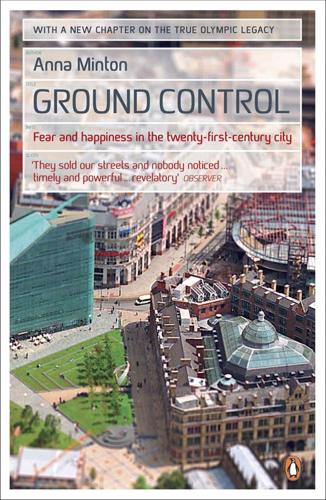
Ground Control: Fear and Happiness in the Twenty First Century City
by Anna Minton · 24 Jun 2009 · 309pp · 96,434 words
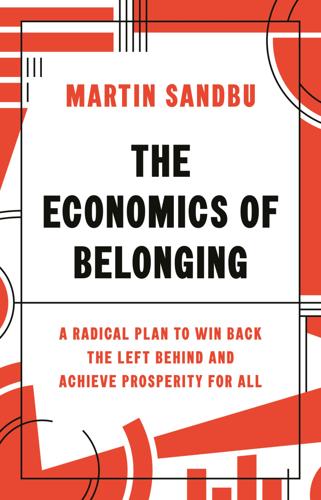
The Economics of Belonging: A Radical Plan to Win Back the Left Behind and Achieve Prosperity for All
by Martin Sandbu · 15 Jun 2020 · 322pp · 84,580 words
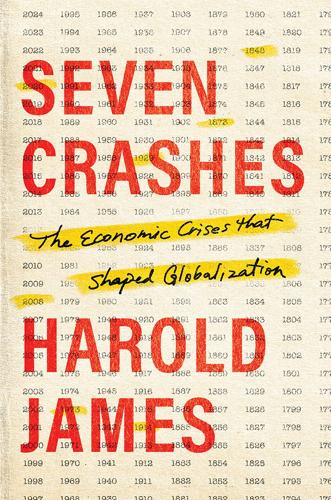
Seven Crashes: The Economic Crises That Shaped Globalization
by Harold James · 15 Jan 2023 · 469pp · 137,880 words

COVID-19: Everything You Need to Know About the Corona Virus and the Race for the Vaccine
by Michael Mosley · 1 Jun 2020 · 89pp · 27,057 words
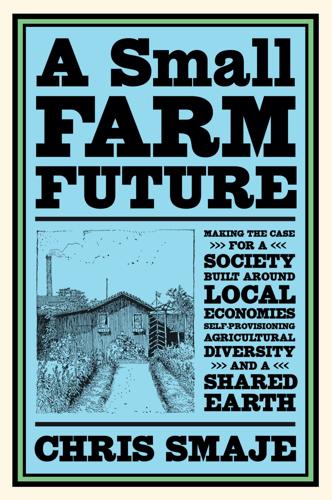
A Small Farm Future: Making the Case for a Society Built Around Local Economies, Self-Provisioning, Agricultural Diversity and a Shared Earth
by Chris Smaje · 14 Aug 2020 · 375pp · 105,586 words
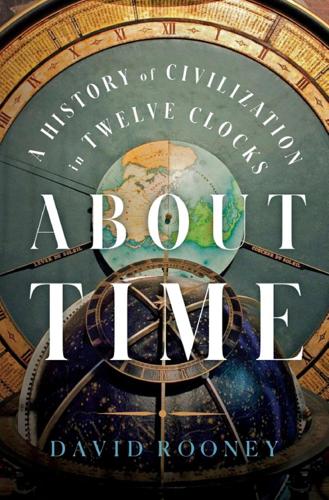
About Time: A History of Civilization in Twelve Clocks
by David Rooney · 16 Aug 2021 · 306pp · 84,649 words

Re-Educated: Why It’s Never Too Late to Change Your Life
by Lucy Kellaway · 30 Jun 2021 · 184pp · 60,229 words

Other Pandemic: How QAnon Contaminated the World
by James Ball · 19 Jul 2023 · 317pp · 87,048 words
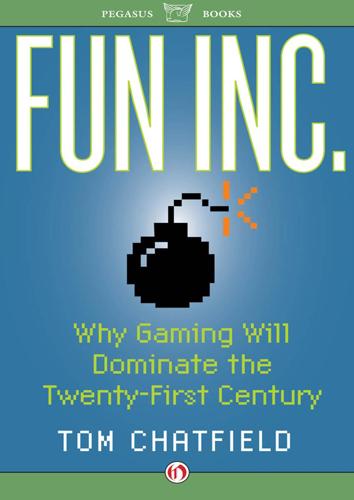
Fun Inc.
by Tom Chatfield · 13 Dec 2011 · 266pp · 67,272 words
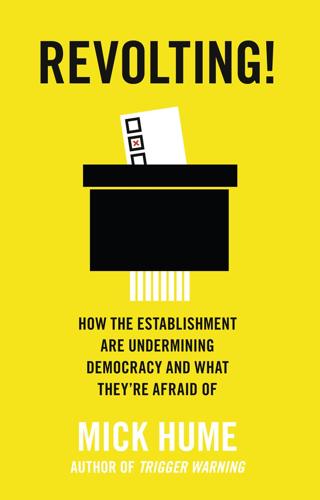
Revolting!: How the Establishment Are Undermining Democracy and What They're Afraid Of
by Mick Hume · 23 Feb 2017 · 228pp · 68,880 words
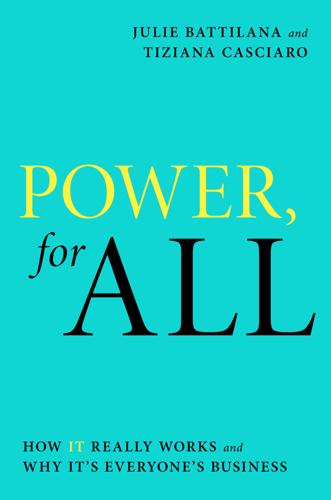
Power, for All: How It Really Works and Why It's Everyone's Business
by Julie Battilana and Tiziana Casciaro · 30 Aug 2021 · 345pp · 92,063 words
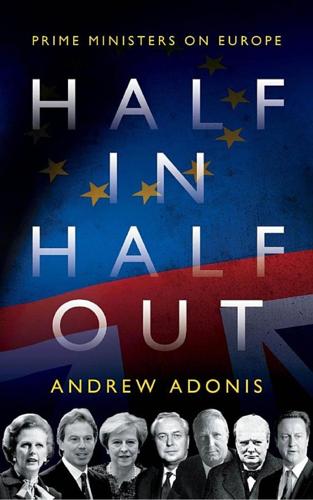
Half In, Half Out: Prime Ministers on Europe
by Andrew Adonis · 20 Jun 2018 · 235pp · 73,873 words
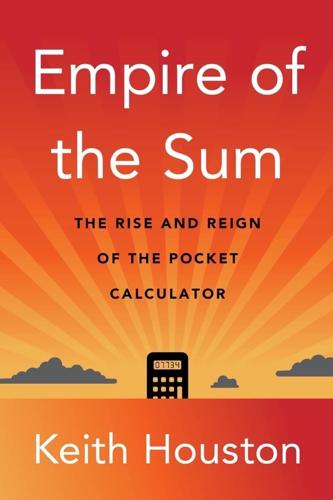
Empire of the Sum: The Rise and Reign of the Pocket Calculator
by Keith Houston · 22 Aug 2023 · 405pp · 105,395 words
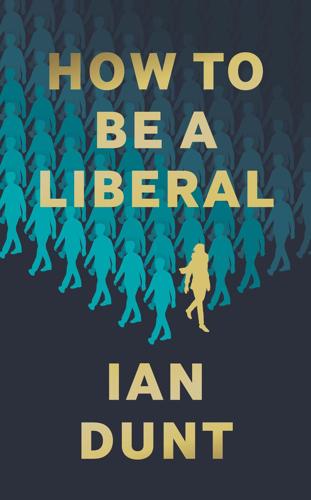
How to Be a Liberal: The Story of Liberalism and the Fight for Its Life
by Ian Dunt · 15 Oct 2020
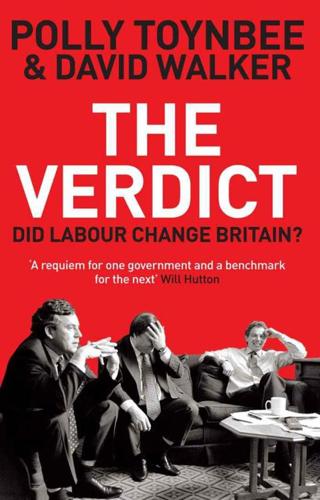
The Verdict: Did Labour Change Britain?
by Polly Toynbee and David Walker · 6 Oct 2011 · 471pp · 109,267 words
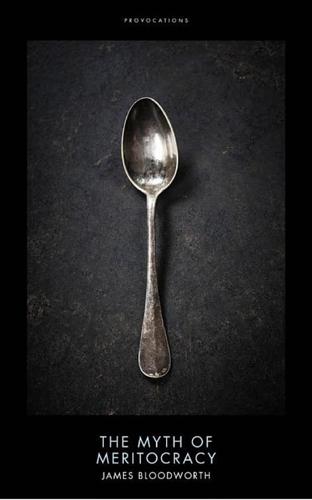
The Myth of Meritocracy: Why Working-Class Kids Still Get Working-Class Jobs (Provocations Series)
by James Bloodworth · 18 May 2016 · 82pp · 21,414 words

The Rough Guide to England
by Rough Guides · 29 Mar 2018

Mindf*ck: Cambridge Analytica and the Plot to Break America
by Christopher Wylie · 8 Oct 2019

It's Easier to Reach Heaven Than the End of the Street: A Jerusalem Memoir
by Emma Williams · 7 Nov 2012 · 466pp · 150,362 words
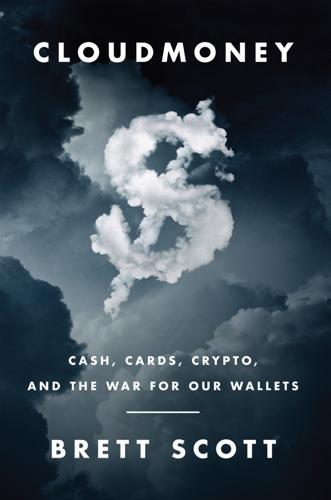
Cloudmoney: Cash, Cards, Crypto, and the War for Our Wallets
by Brett Scott · 4 Jul 2022 · 308pp · 85,850 words
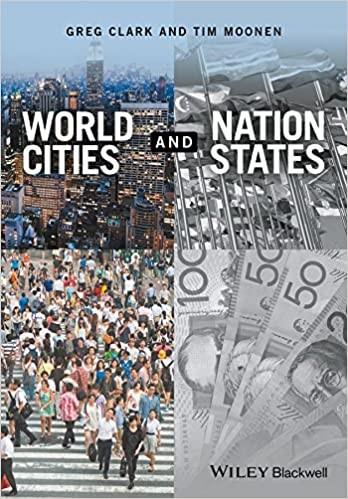
World Cities and Nation States
by Greg Clark and Tim Moonen · 19 Dec 2016
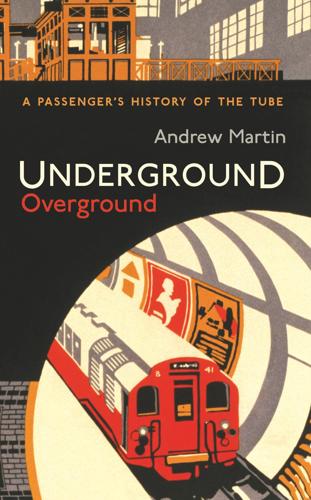
Underground, Overground
by Andrew Martin · 13 Nov 2012 · 326pp · 93,522 words
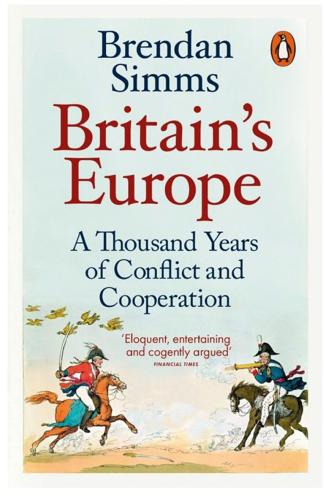
Britain's Europe: A Thousand Years of Conflict and Cooperation
by Brendan Simms · 27 Apr 2016 · 380pp · 116,919 words
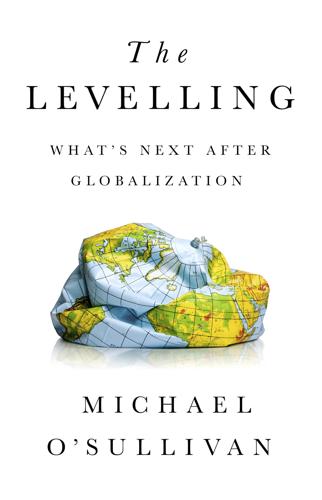
The Levelling: What’s Next After Globalization
by Michael O’sullivan · 28 May 2019 · 756pp · 120,818 words
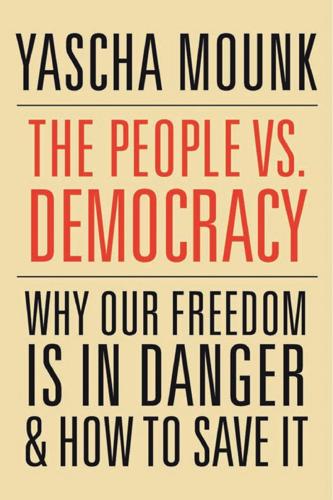
The People vs. Democracy: Why Our Freedom Is in Danger and How to Save It
by Yascha Mounk · 15 Feb 2018 · 497pp · 123,778 words
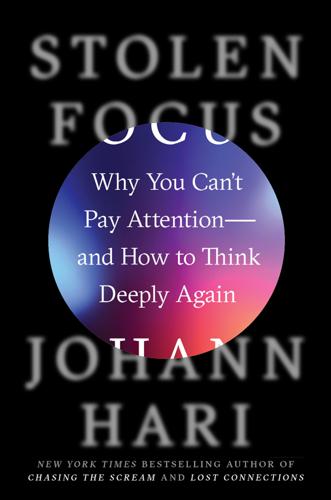
Stolen Focus: Why You Can't Pay Attention--And How to Think Deeply Again
by Johann Hari · 25 Jan 2022 · 390pp · 120,864 words
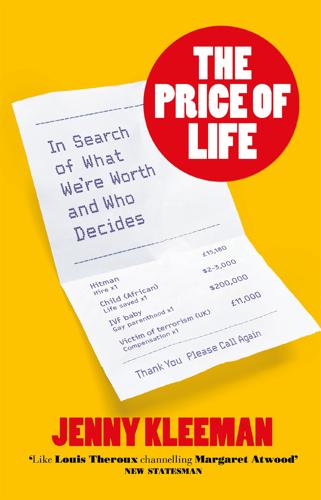
The Price of Life: In Search of What We're Worth and Who Decides
by Jenny Kleeman · 13 Mar 2024 · 334pp · 96,342 words
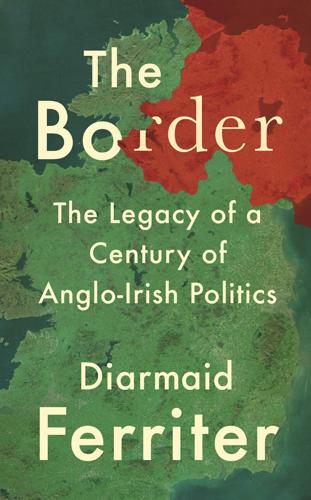
The Border: The Legacy of a Century of Anglo-Irish Politics
by Diarmaid Ferriter · 7 Feb 2019 · 178pp · 52,374 words
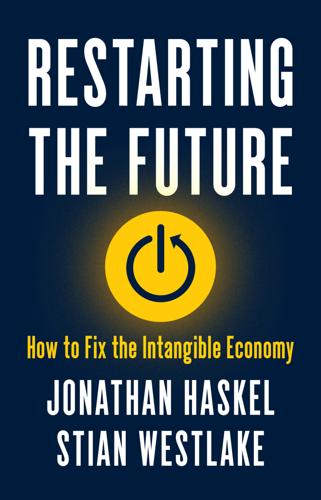
Restarting the Future: How to Fix the Intangible Economy
by Jonathan Haskel and Stian Westlake · 4 Apr 2022 · 338pp · 85,566 words
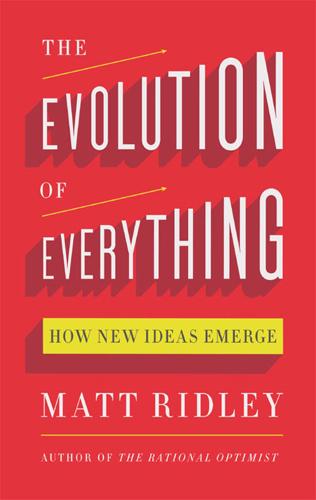
The Evolution of Everything: How New Ideas Emerge
by Matt Ridley · 395pp · 116,675 words
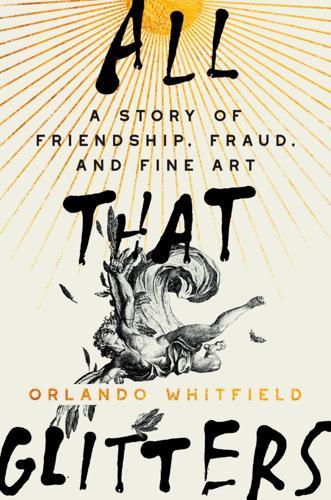
All That Glitters: A Story of Friendship, Fraud, and Fine Art
by Orlando Whitfield · 5 Aug 2024 · 306pp · 104,072 words
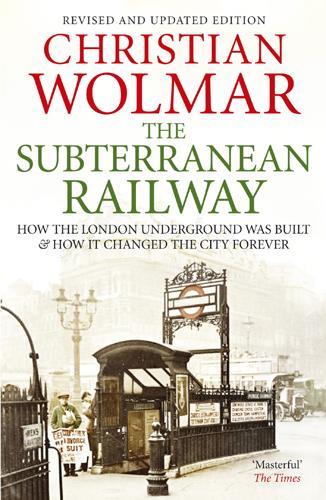
The Subterranean Railway: How the London Underground Was Built and How It Changed the City Forever
by Christian Wolmar · 30 Sep 2009 · 447pp · 126,219 words
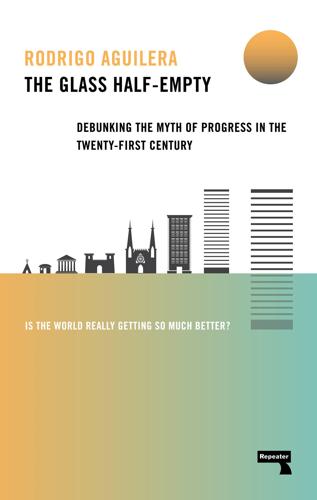
The Glass Half-Empty: Debunking the Myth of Progress in the Twenty-First Century
by Rodrigo Aguilera · 10 Mar 2020 · 356pp · 106,161 words
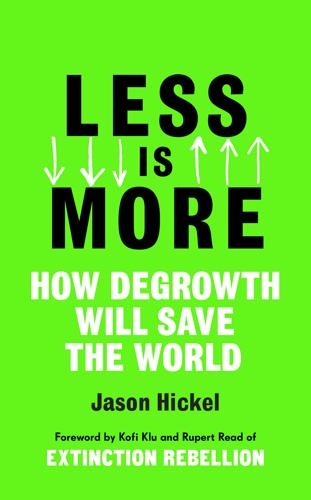
Less Is More: How Degrowth Will Save the World
by Jason Hickel · 12 Aug 2020 · 286pp · 87,168 words
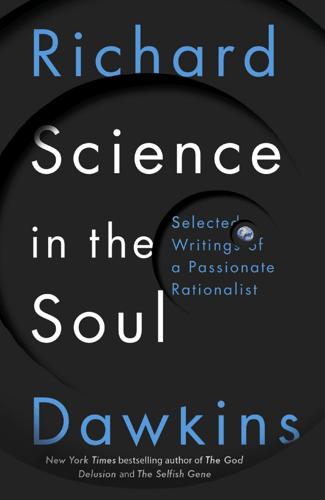
Science in the Soul: Selected Writings of a Passionate Rationalist
by Richard Dawkins · 15 Mar 2017 · 420pp · 130,714 words
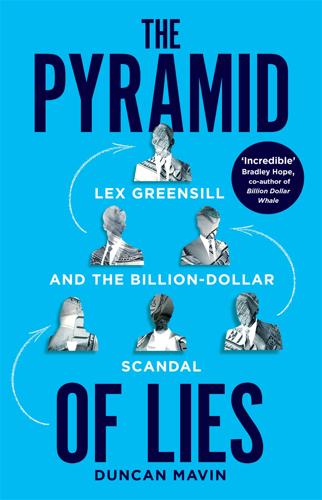
The Pyramid of Lies: Lex Greensill and the Billion-Dollar Scandal
by Duncan Mavin · 20 Jul 2022 · 345pp · 100,989 words
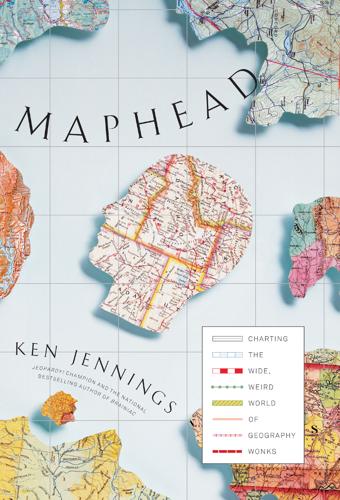
Maphead: Charting the Wide, Weird World of Geography Wonks
by Ken Jennings · 19 Sep 2011 · 367pp · 99,765 words
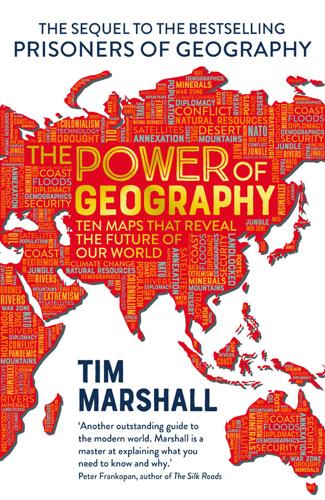
The Power of Geography: Ten Maps That Reveal the Future of Our World
by Tim Marshall · 14 Oct 2021 · 383pp · 105,387 words

A Bit of a Stretch: The Diaries of a Prisoner
by Chris Atkins · 6 Feb 2020 · 335pp · 98,847 words
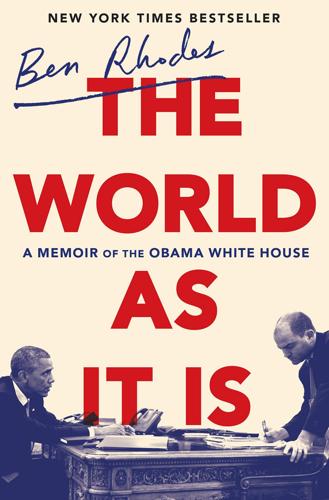
The World as It Is: A Memoir of the Obama White House
by Ben Rhodes · 4 Jun 2018 · 470pp · 148,444 words
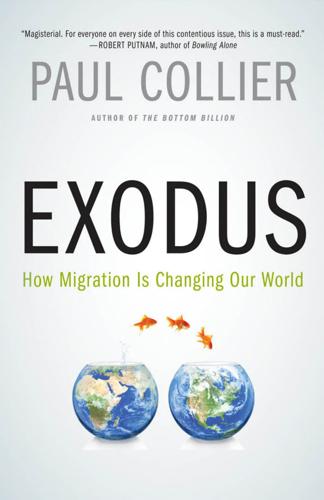
Exodus: How Migration Is Changing Our World
by Paul Collier · 30 Sep 2013 · 303pp · 83,564 words
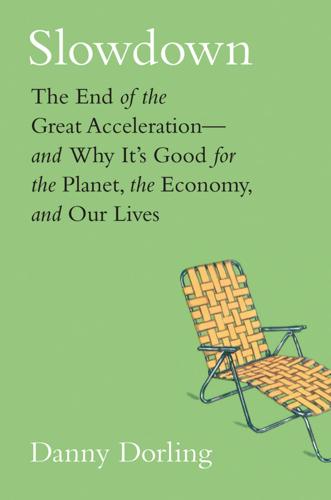
Slowdown: The End of the Great Acceleration―and Why It’s Good for the Planet, the Economy, and Our Lives
by Danny Dorling and Kirsten McClure · 18 May 2020 · 459pp · 138,689 words
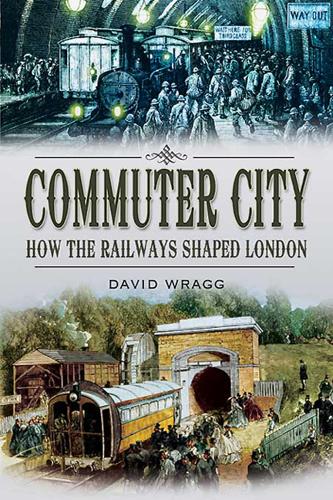
Commuter City: How the Railways Shaped London
by David Wragg · 14 Apr 2010 · 369pp · 120,636 words
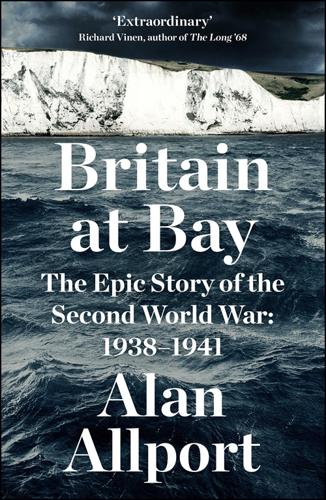
Britain at Bay: The Epic Story of the Second World War: 1938-1941
by Alan Allport · 2 Sep 2020 · 1,520pp · 221,543 words
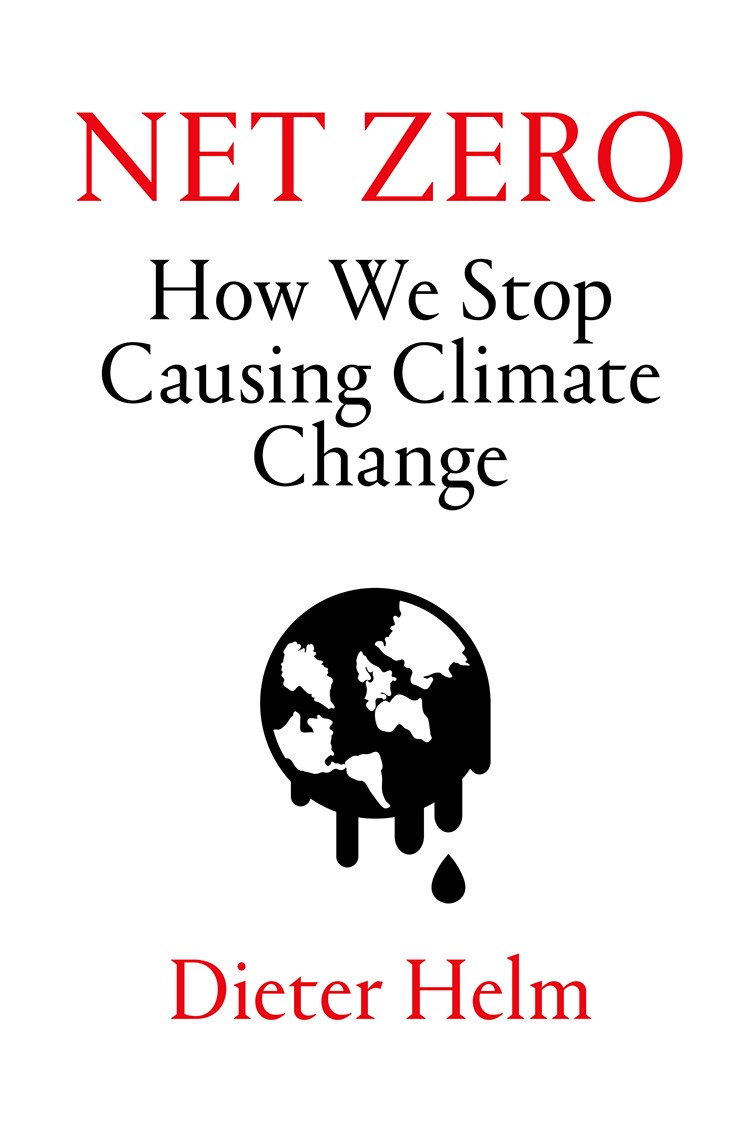
Net Zero: How We Stop Causing Climate Change
by Dieter Helm · 2 Sep 2020 · 304pp · 90,084 words

Vertical: The City From Satellites to Bunkers
by Stephen Graham · 8 Nov 2016 · 519pp · 136,708 words
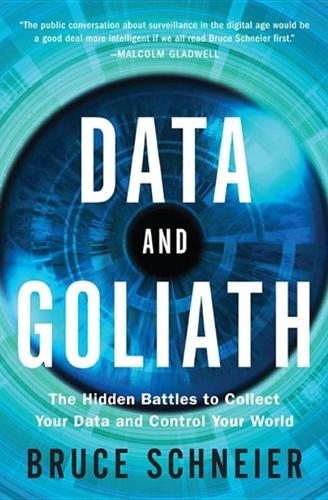
Data and Goliath: The Hidden Battles to Collect Your Data and Control Your World
by Bruce Schneier · 2 Mar 2015 · 598pp · 134,339 words
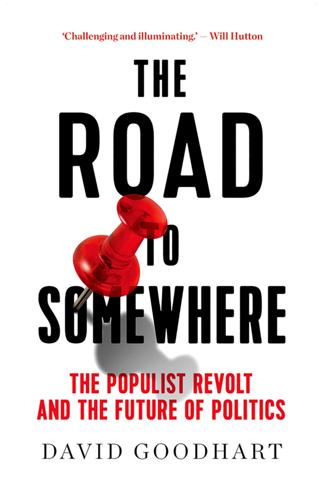
The Road to Somewhere: The Populist Revolt and the Future of Politics
by David Goodhart · 7 Jan 2017 · 382pp · 100,127 words

How Long Will Israel Survive Threat Wthn
by Gregg Carlstrom · 14 Oct 2017 · 337pp · 100,541 words
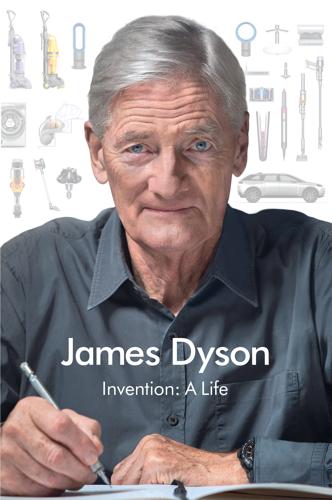
Invention: A Life
by James Dyson · 6 Sep 2021 · 312pp · 108,194 words
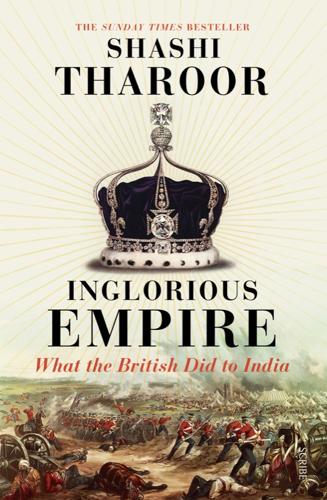
Inglorious Empire: What the British Did to India
by Shashi Tharoor · 1 Feb 2018 · 370pp · 111,129 words

Going Dark: The Secret Social Lives of Extremists
by Julia Ebner · 20 Feb 2020 · 309pp · 79,414 words
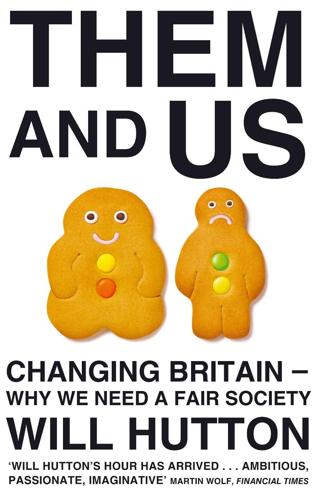
Them And Us: Politics, Greed And Inequality - Why We Need A Fair Society
by Will Hutton · 30 Sep 2010 · 543pp · 147,357 words
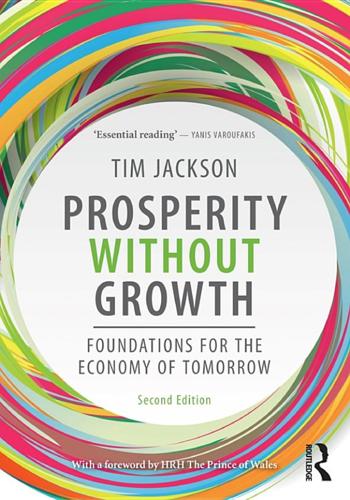
Prosperity Without Growth: Foundations for the Economy of Tomorrow
by Tim Jackson · 8 Dec 2016 · 573pp · 115,489 words
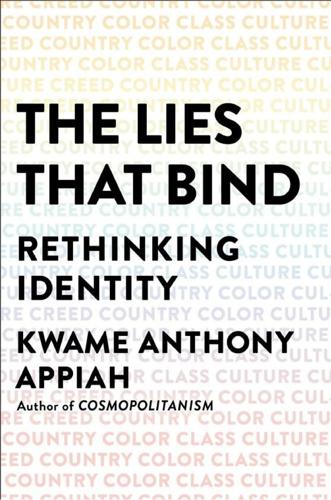
The Lies That Bind: Rethinking Identity
by Kwame Anthony Appiah · 27 Aug 2018 · 285pp · 83,682 words
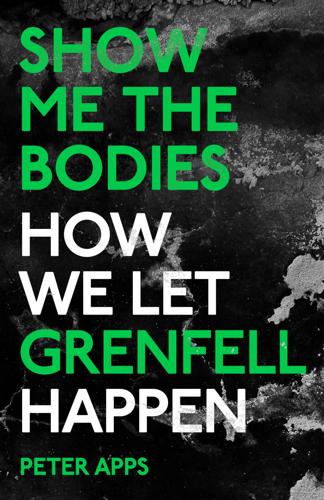
Show Me the Bodies: How We Let Grenfell Happen
by Peter Apps · 10 Nov 2022 · 279pp · 85,552 words
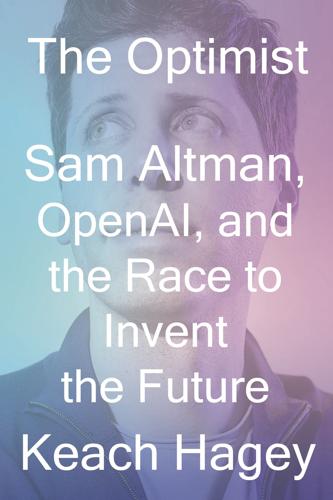
The Optimist: Sam Altman, OpenAI, and the Race to Invent the Future
by Keach Hagey · 19 May 2025 · 439pp · 125,379 words
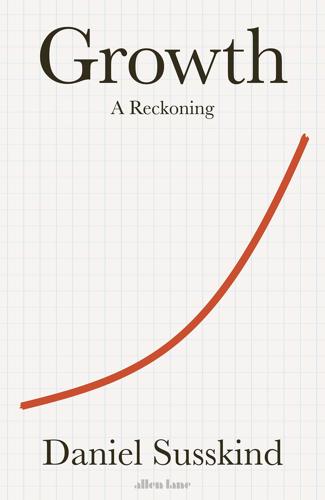
Growth: A Reckoning
by Daniel Susskind · 16 Apr 2024 · 358pp · 109,930 words
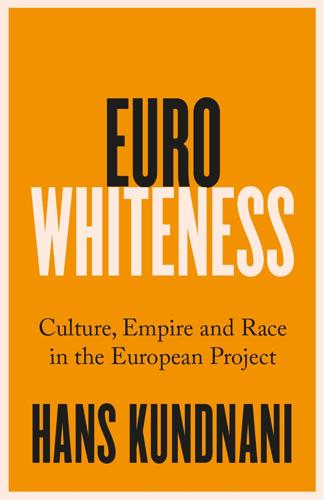
Eurowhiteness: Culture, Empire and Race in the European Project
by Hans Kundnani · 16 Aug 2023 · 198pp · 54,815 words
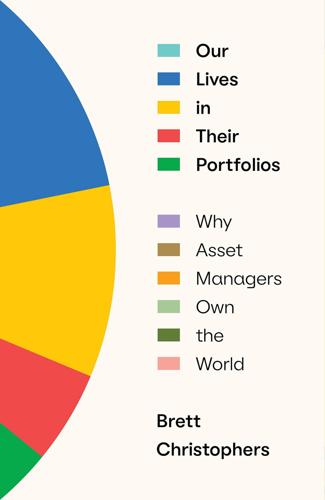
Our Lives in Their Portfolios: Why Asset Managers Own the World
by Brett Chistophers · 25 Apr 2023 · 404pp · 106,233 words
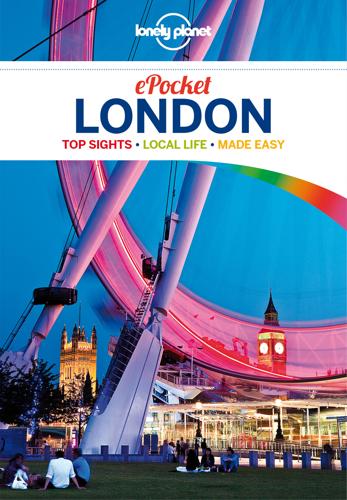
Pocket London Travel Guide
by Lonely Planet

Discardia: More Life, Less Stuff
by Dinah Sanders · 7 Oct 2011 · 267pp · 78,857 words

B Is for Bauhaus, Y Is for YouTube: Designing the Modern World From a to Z
by Deyan Sudjic · 17 Feb 2015 · 335pp · 111,405 words
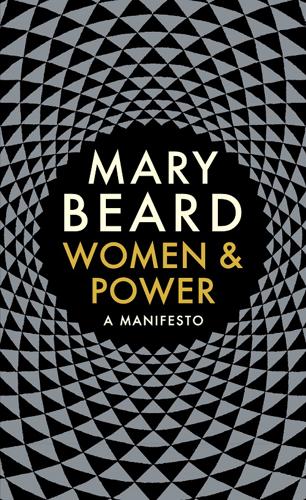
Women & Power: A Manifesto
by Mary Beard · 2 Nov 2017 · 50pp · 15,155 words

Great Britain
by David Else and Fionn Davenport · 2 Jan 2007
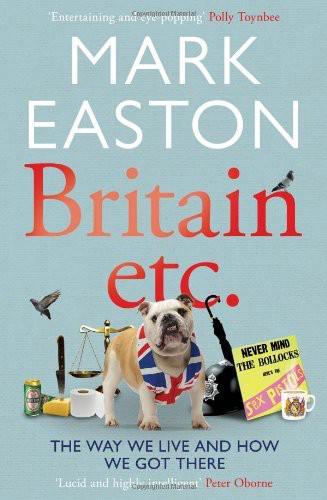
Britain Etc
by Mark Easton · 1 Mar 2012 · 411pp · 95,852 words
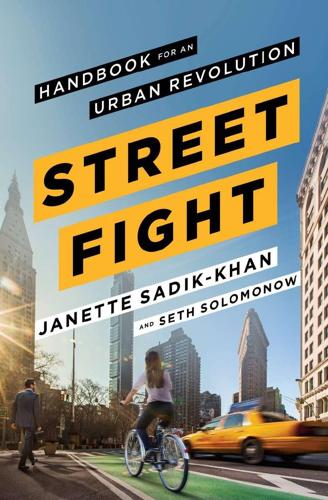
Streetfight: Handbook for an Urban Revolution
by Janette Sadik-Khan · 8 Mar 2016 · 441pp · 96,534 words
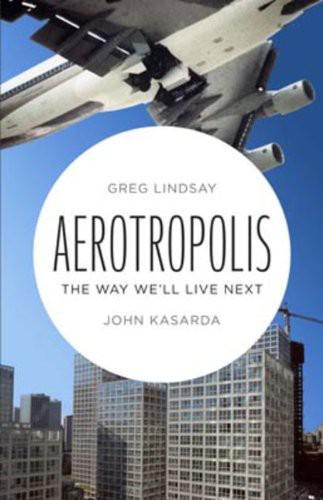
Aerotropolis
by John D. Kasarda and Greg Lindsay · 2 Jan 2009 · 603pp · 182,781 words
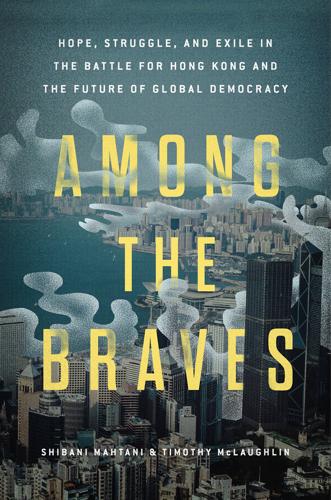
Among the Braves: Hope, Struggle, and Exile in the Battle for Hong Kong and the Future of Global Democracy
by Shibani Mahtani and Timothy McLaughlin · 7 Nov 2023 · 348pp · 110,533 words
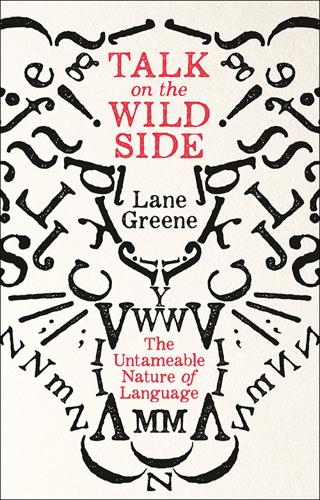
Talk on the Wild Side
by Lane Greene · 15 Dec 2018 · 284pp · 84,169 words
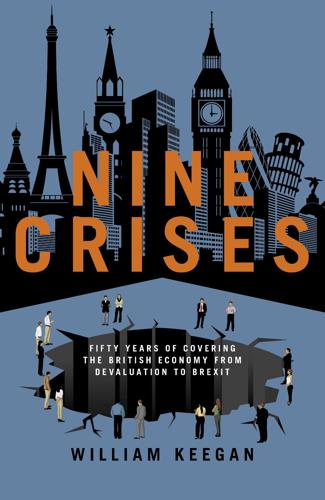
Nine Crises: Fifty Years of Covering the British Economy From Devaluation to Brexit
by William Keegan · 24 Jan 2019 · 309pp · 85,584 words
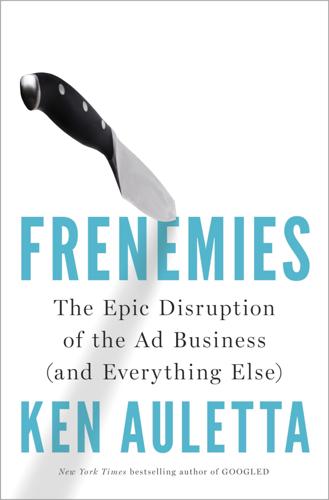
Frenemies: The Epic Disruption of the Ad Business
by Ken Auletta · 4 Jun 2018 · 379pp · 109,223 words
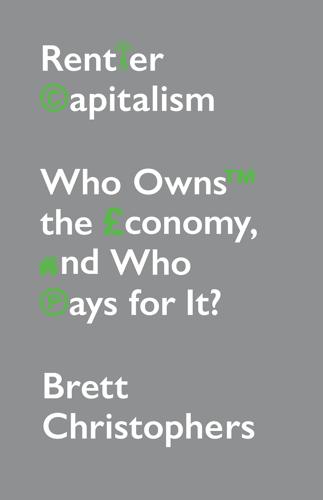
Rentier Capitalism: Who Owns the Economy, and Who Pays for It?
by Brett Christophers · 17 Nov 2020 · 614pp · 168,545 words
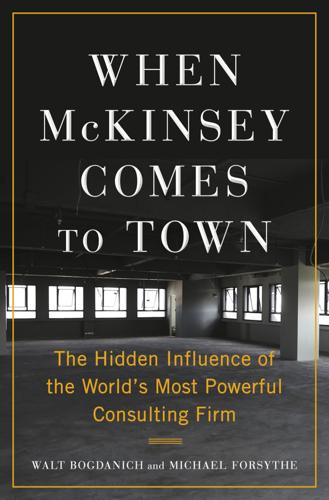
When McKinsey Comes to Town: The Hidden Influence of the World's Most Powerful Consulting Firm
by Walt Bogdanich and Michael Forsythe · 3 Oct 2022 · 689pp · 134,457 words
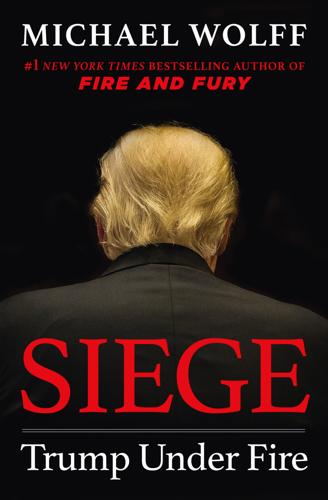
Siege: Trump Under Fire
by Michael Wolff · 3 Jun 2019 · 359pp · 113,847 words
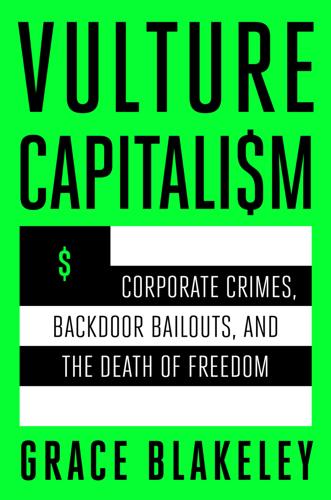
Vulture Capitalism: Corporate Crimes, Backdoor Bailouts, and the Death of Freedom
by Grace Blakeley · 11 Mar 2024 · 371pp · 137,268 words
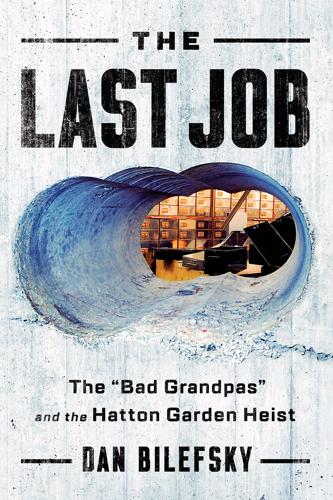
The Last Job: The Bad Grandpas and the Hatton Garden Heist
by Dan Bilefsky · 22 Apr 2019 · 307pp · 87,373 words
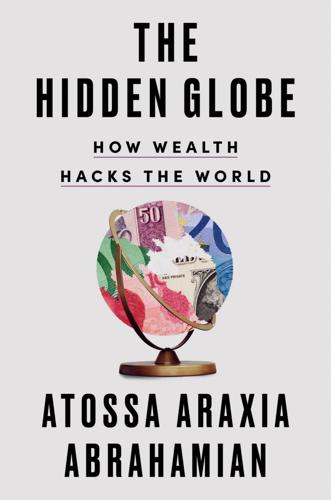
The Hidden Globe: How Wealth Hacks the World
by Atossa Araxia Abrahamian · 7 Oct 2024 · 336pp · 104,899 words
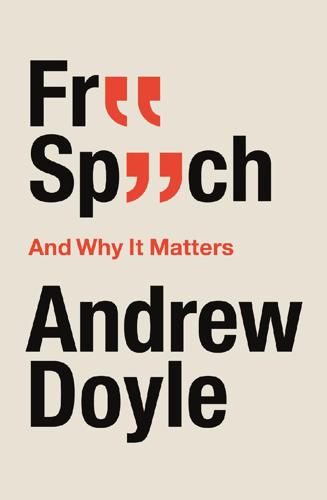
Free Speech And Why It Matters
by Andrew Doyle · 24 Feb 2021 · 137pp · 35,041 words
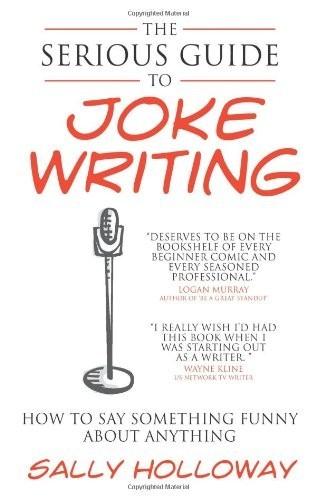
The Serious Guide to Joke Writing: How to Say Something Funny About Anything
by Sally Holloway · 2 Nov 2010 · 161pp · 38,039 words
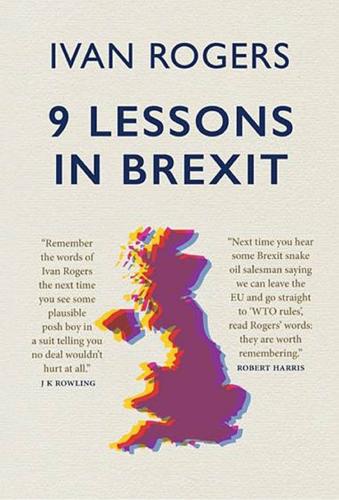
9 Lessons in Brexit
by Ivan Rogers · 7 Feb 2019 · 40pp · 11,939 words
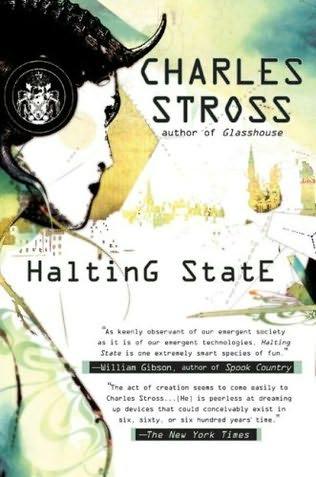
Halting State
by Charles Stross · 9 Jul 2011 · 350pp · 107,834 words
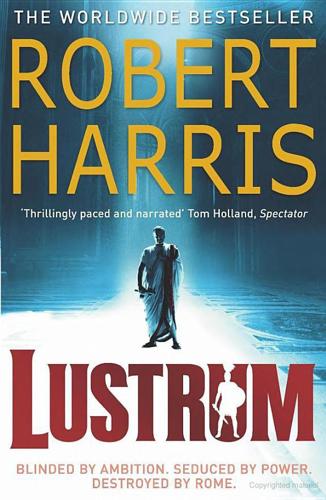
Lustrum
by Robert Harris · 6 Sep 2010 · 447pp · 142,527 words

Four Battlegrounds
by Paul Scharre · 18 Jan 2023

Deadly Quiet City: True Stories From Wuhan
by Murong Xuecun · 7 Mar 2023 · 236pp · 73,008 words
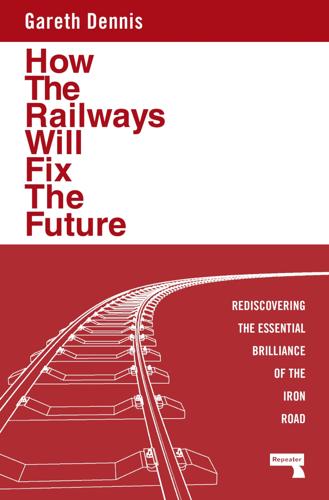
How the Railways Will Fix the Future: Rediscovering the Essential Brilliance of the Iron Road
by Gareth Dennis · 12 Nov 2024 · 261pp · 76,645 words
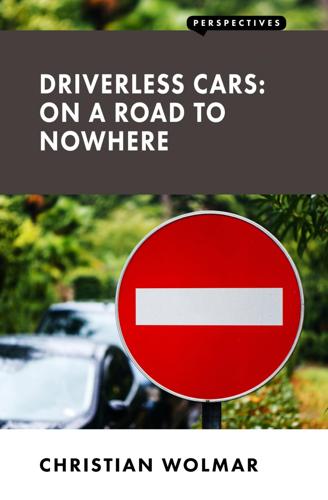
Driverless Cars: On a Road to Nowhere
by Christian Wolmar · 18 Jan 2018

Meat: A Benign Extravagance
by Simon Fairlie · 14 Jun 2010 · 614pp · 176,458 words
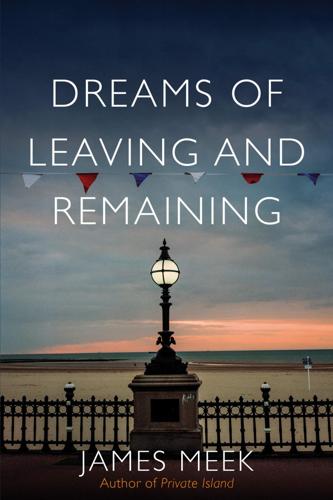
Dreams of Leaving and Remaining
by James Meek · 5 Mar 2019 · 232pp · 76,830 words
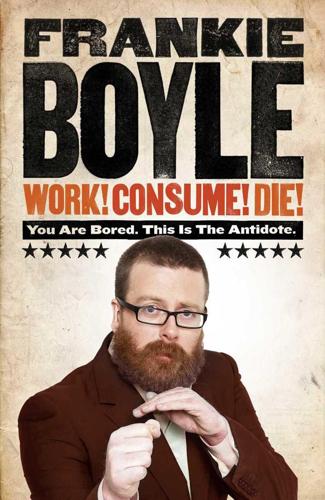
Work! Consume! Die!
by Frankie Boyle · 12 Oct 2011
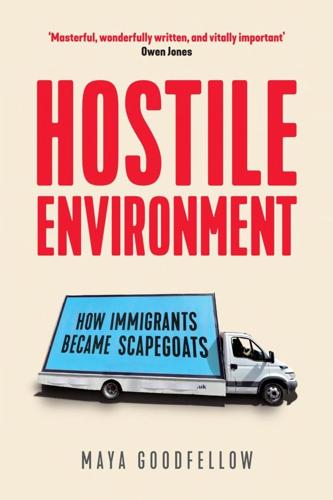
Hostile Environment: How Immigrants Became Scapegoats
by Maya Goodfellow · 5 Nov 2019 · 273pp · 83,802 words
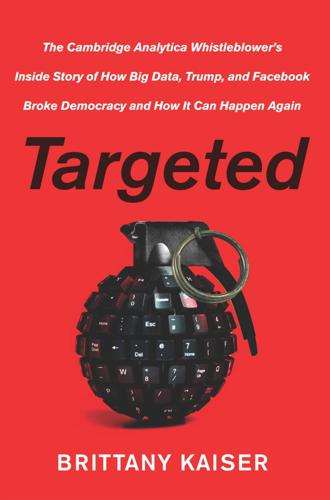
Targeted: The Cambridge Analytica Whistleblower's Inside Story of How Big Data, Trump, and Facebook Broke Democracy and How It Can Happen Again
by Brittany Kaiser · 21 Oct 2019 · 391pp · 123,597 words
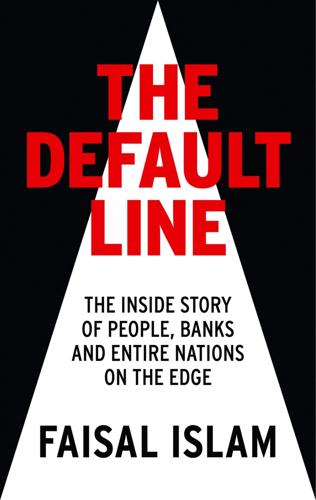
The Default Line: The Inside Story of People, Banks and Entire Nations on the Edge
by Faisal Islam · 28 Aug 2013 · 475pp · 155,554 words
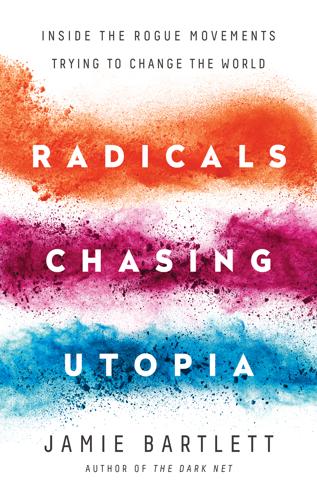
Radicals Chasing Utopia: Inside the Rogue Movements Trying to Change the World
by Jamie Bartlett · 12 Jun 2017 · 390pp · 109,870 words
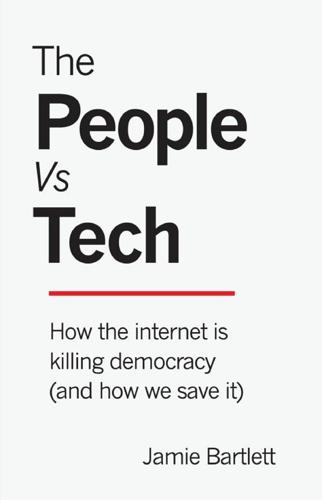
The People vs Tech: How the Internet Is Killing Democracy (And How We Save It)
by Jamie Bartlett · 4 Apr 2018 · 170pp · 49,193 words
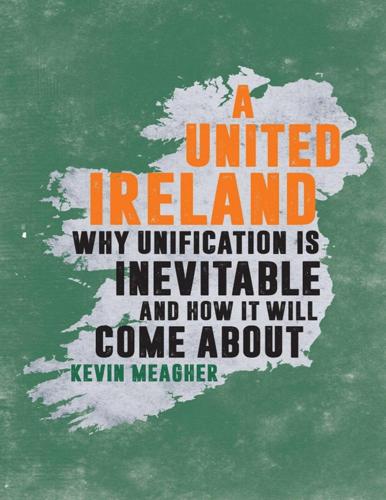
A United Ireland: Why Unification Is Inevitable and How It Will Come About
by Kevin Meagher · 15 Nov 2016

The Knife's Edge
by Stephen Westaby · 14 May 2019 · 259pp · 85,514 words
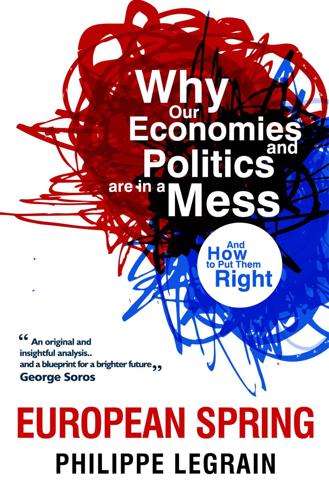
European Spring: Why Our Economies and Politics Are in a Mess - and How to Put Them Right
by Philippe Legrain · 22 Apr 2014 · 497pp · 150,205 words
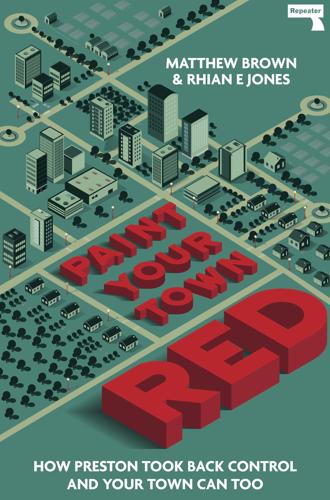
Paint Your Town Red
by Matthew Brown · 14 Jun 2021
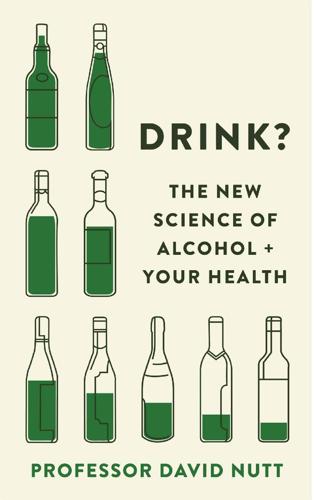
Drink?: The New Science of Alcohol and Your Health
by David Nutt · 9 Jan 2020
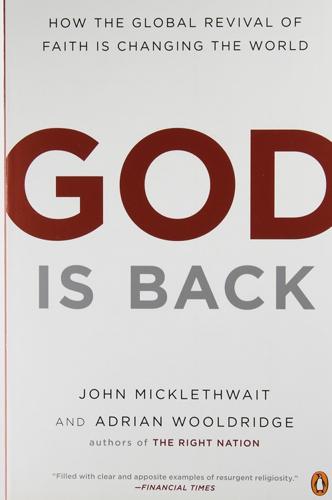
God Is Back: How the Global Revival of Faith Is Changing the World
by John Micklethwait and Adrian Wooldridge · 31 Mar 2009 · 518pp · 143,914 words
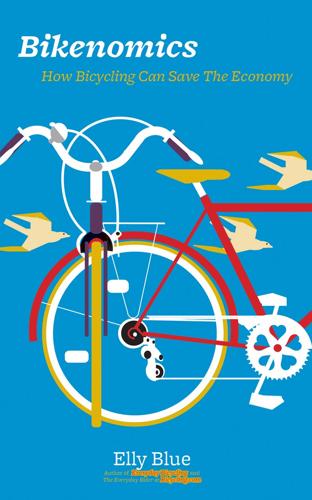
Bikenomics: How Bicycling Can Save the Economy (Bicycle)
by Elly Blue · 29 Nov 2014 · 221pp · 68,880 words
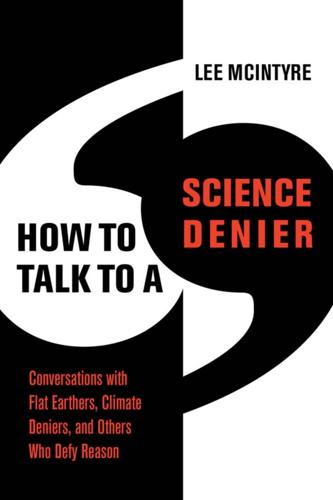
How to Talk to a Science Denier: Conversations With Flat Earthers, Climate Deniers, and Others Who Defy Reason
by Lee McIntyre · 14 Sep 2021 · 407pp · 108,030 words
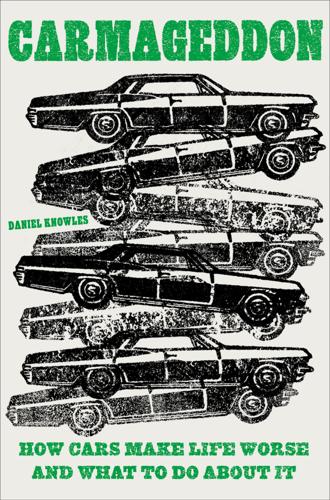
Carmageddon: How Cars Make Life Worse and What to Do About It
by Daniel Knowles · 27 Mar 2023 · 278pp · 91,332 words
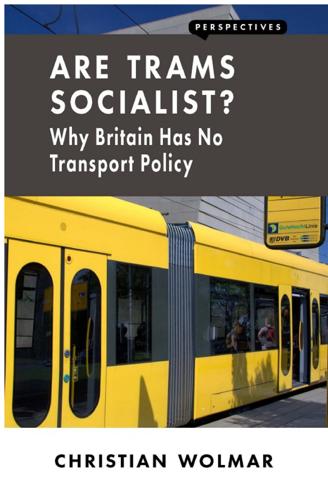
Are Trams Socialist?: Why Britain Has No Transport Policy
by Christian Wolmar · 19 May 2016 · 79pp · 24,875 words
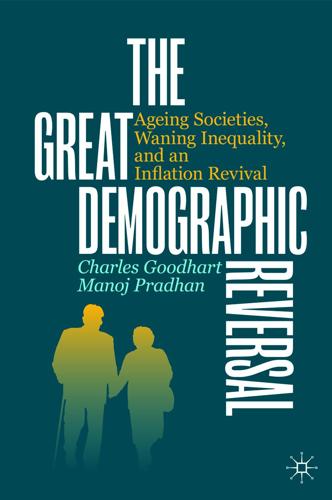
The Great Demographic Reversal: Ageing Societies, Waning Inequality, and an Inflation Revival
by Charles Goodhart and Manoj Pradhan · 8 Aug 2020 · 438pp · 84,256 words
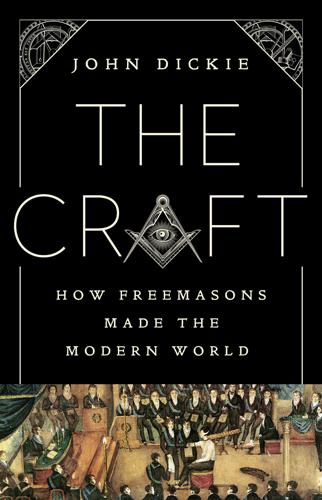
The Craft: How Freemasons Made the Modern World
by John Dickie · 3 Aug 2020
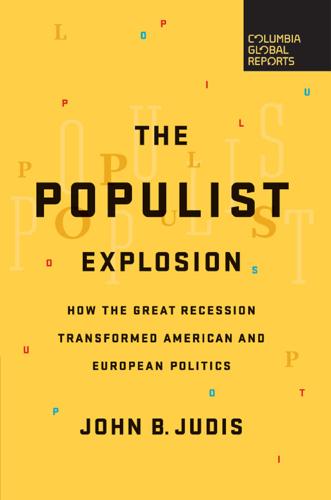
The Populist Explosion: How the Great Recession Transformed American and European Politics
by John B. Judis · 11 Sep 2016 · 177pp · 50,167 words

A Book for Her
by Bridget Christie · 1 Jul 2015 · 252pp · 85,441 words
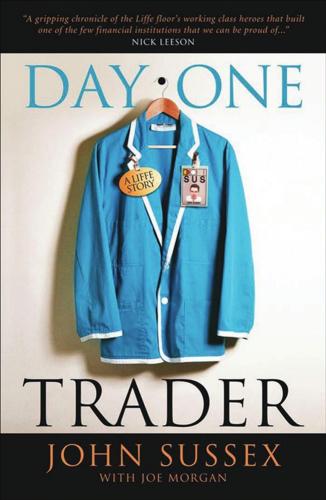
Day One Trader: A Liffe Story
by John Sussex · 16 Aug 2009
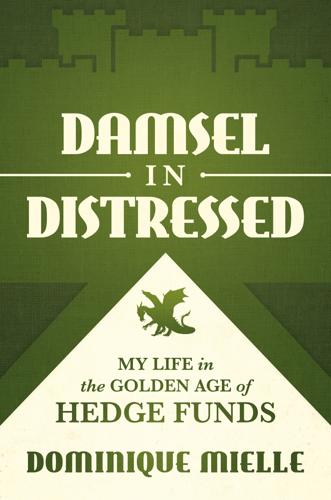
Damsel in Distressed: My Life in the Golden Age of Hedge Funds
by Dominique Mielle · 6 Sep 2021 · 195pp · 63,455 words
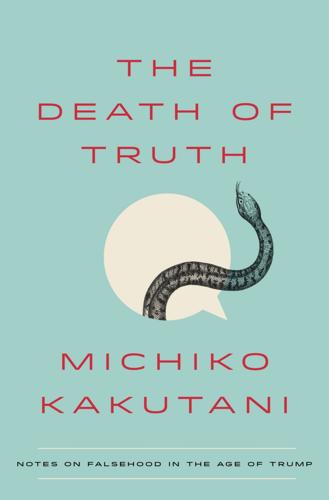
The Death of Truth: Notes on Falsehood in the Age of Trump
by Michiko Kakutani · 17 Jul 2018 · 137pp · 38,925 words
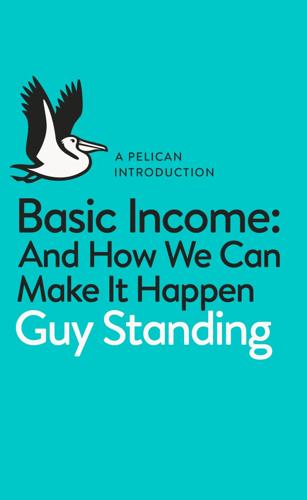
A Pelican Introduction: Basic Income
by Guy Standing · 3 May 2017 · 307pp · 82,680 words

Vaxxers: The Inside Story of the Oxford AstraZeneca Vaccine and the Race Against the Virus
by Sarah Gilbert and Catherine Green · 7 Jul 2021 · 296pp · 96,568 words
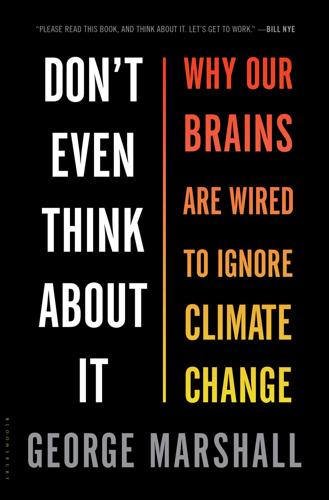
Don't Even Think About It: Why Our Brains Are Wired to Ignore Climate Change
by George Marshall · 18 Aug 2014 · 298pp · 85,386 words
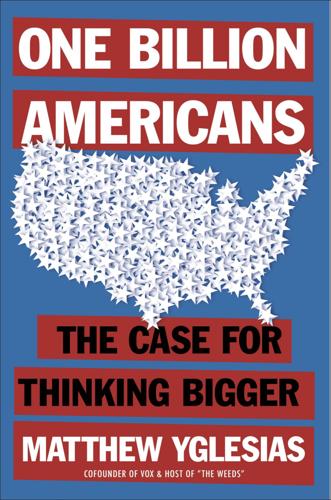
One Billion Americans: The Case for Thinking Bigger
by Matthew Yglesias · 14 Sep 2020
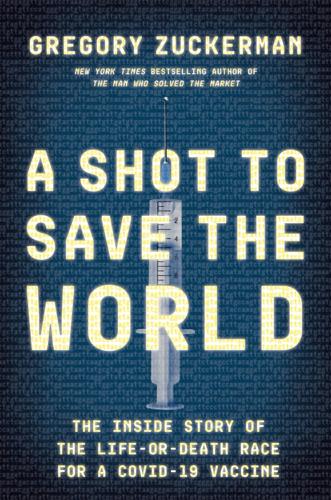
A Shot to Save the World: The Inside Story of the Life-Or-Death Race for a COVID-19 Vaccine
by Gregory Zuckerman · 25 Oct 2021 · 368pp · 106,185 words
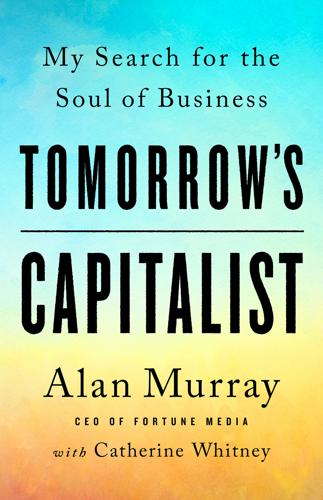
Tomorrow's Capitalist: My Search for the Soul of Business
by Alan Murray · 15 Dec 2022 · 263pp · 77,786 words

England
by David Else · 14 Oct 2010
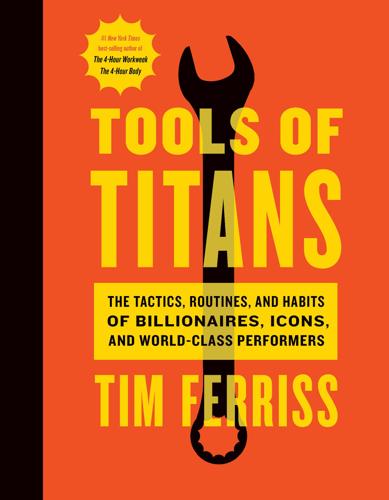
Tools of Titans: The Tactics, Routines, and Habits of Billionaires, Icons, and World-Class Performers
by Timothy Ferriss · 6 Dec 2016 · 669pp · 210,153 words
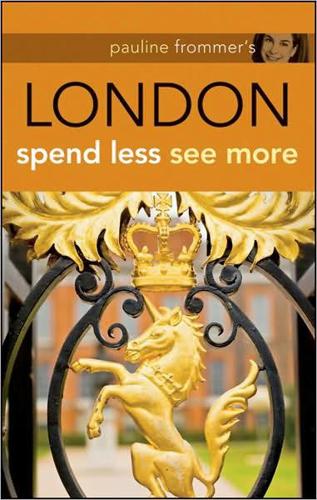
Pauline Frommer's London: Spend Less, See More
by Jason Cochran · 5 Feb 2007 · 388pp · 211,074 words
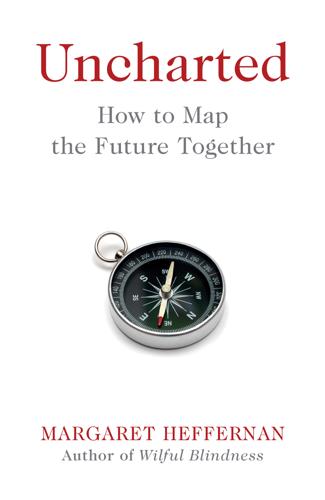
Uncharted: How to Map the Future
by Margaret Heffernan · 20 Feb 2020 · 335pp · 97,468 words
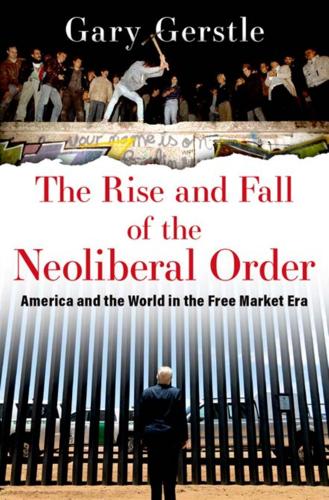
The Rise and Fall of the Neoliberal Order: America and the World in the Free Market Era
by Gary Gerstle · 14 Oct 2022 · 655pp · 156,367 words
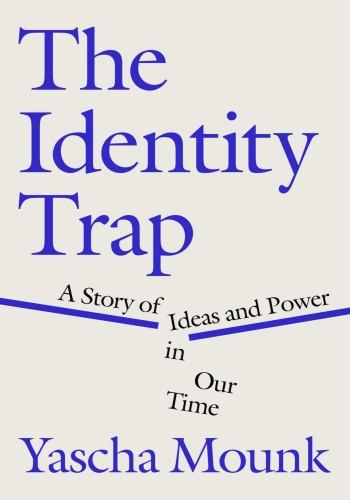
The Identity Trap: A Story of Ideas and Power in Our Time
by Yascha Mounk · 26 Sep 2023
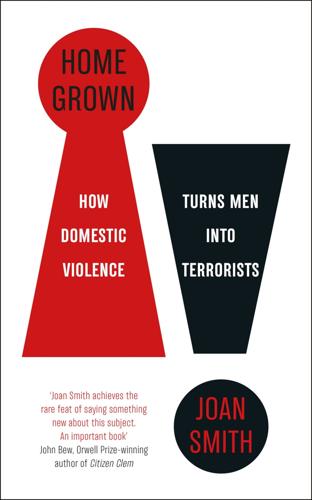
Home Grown: How Domestic Violence Turns Men Into Terrorists
by Joan Smith · 5 Apr 2019